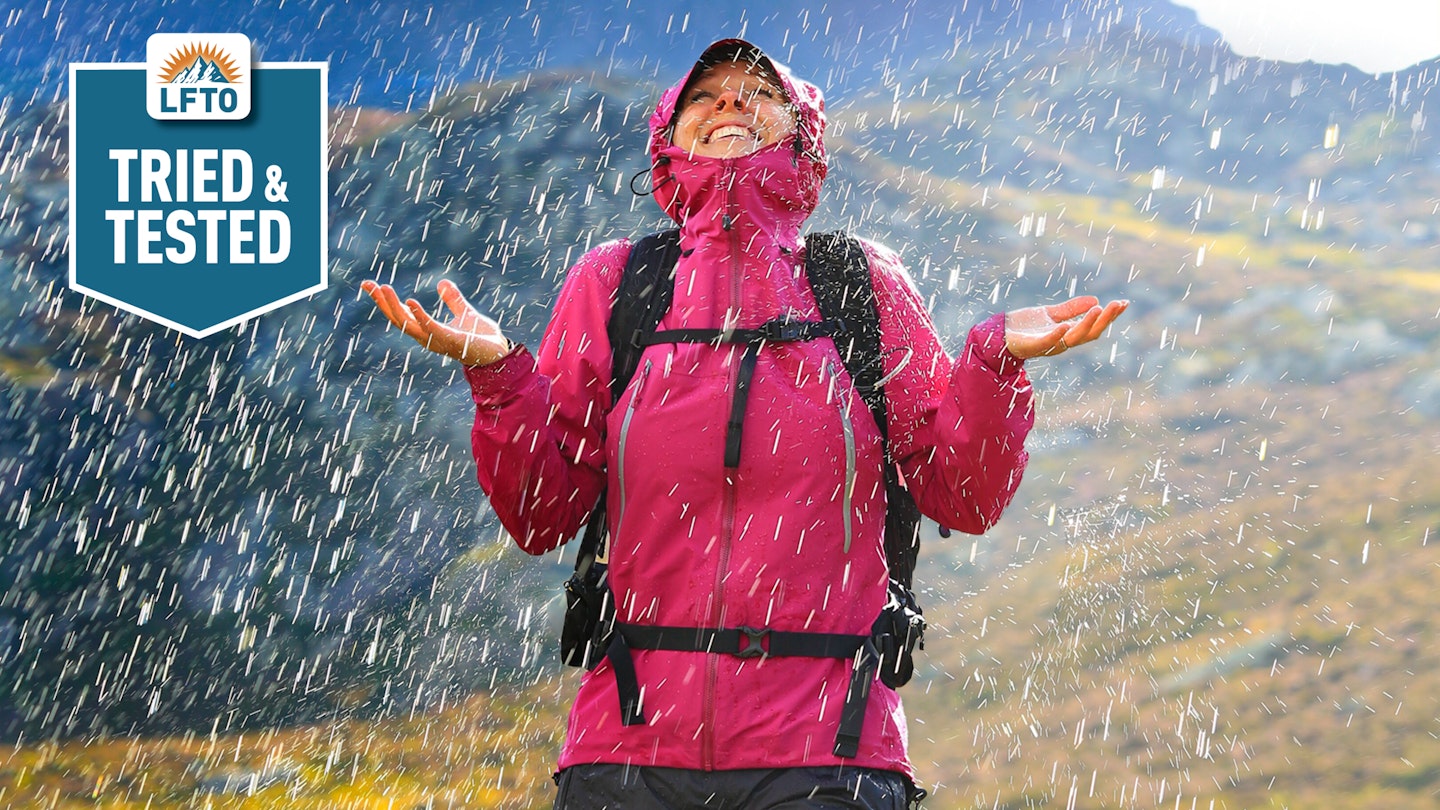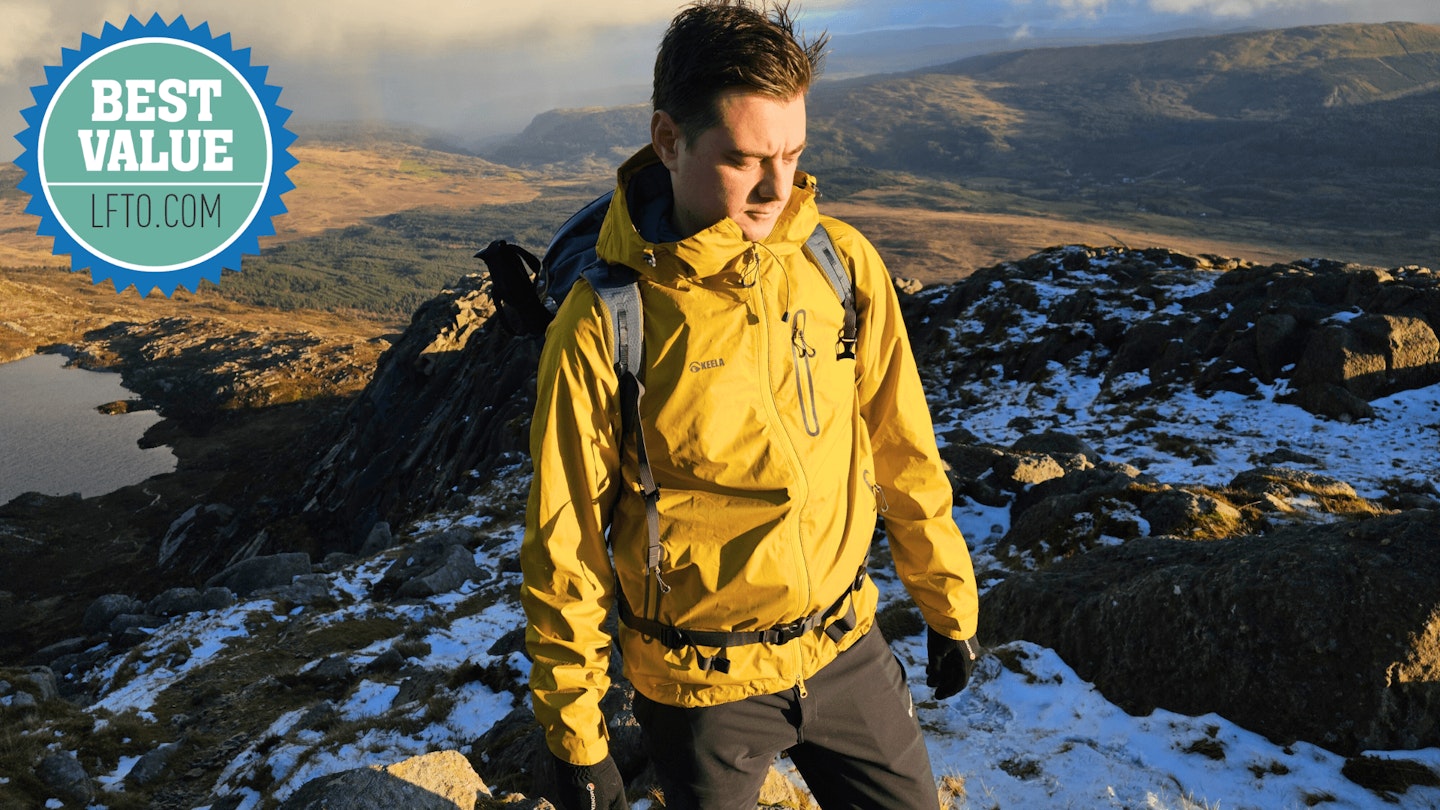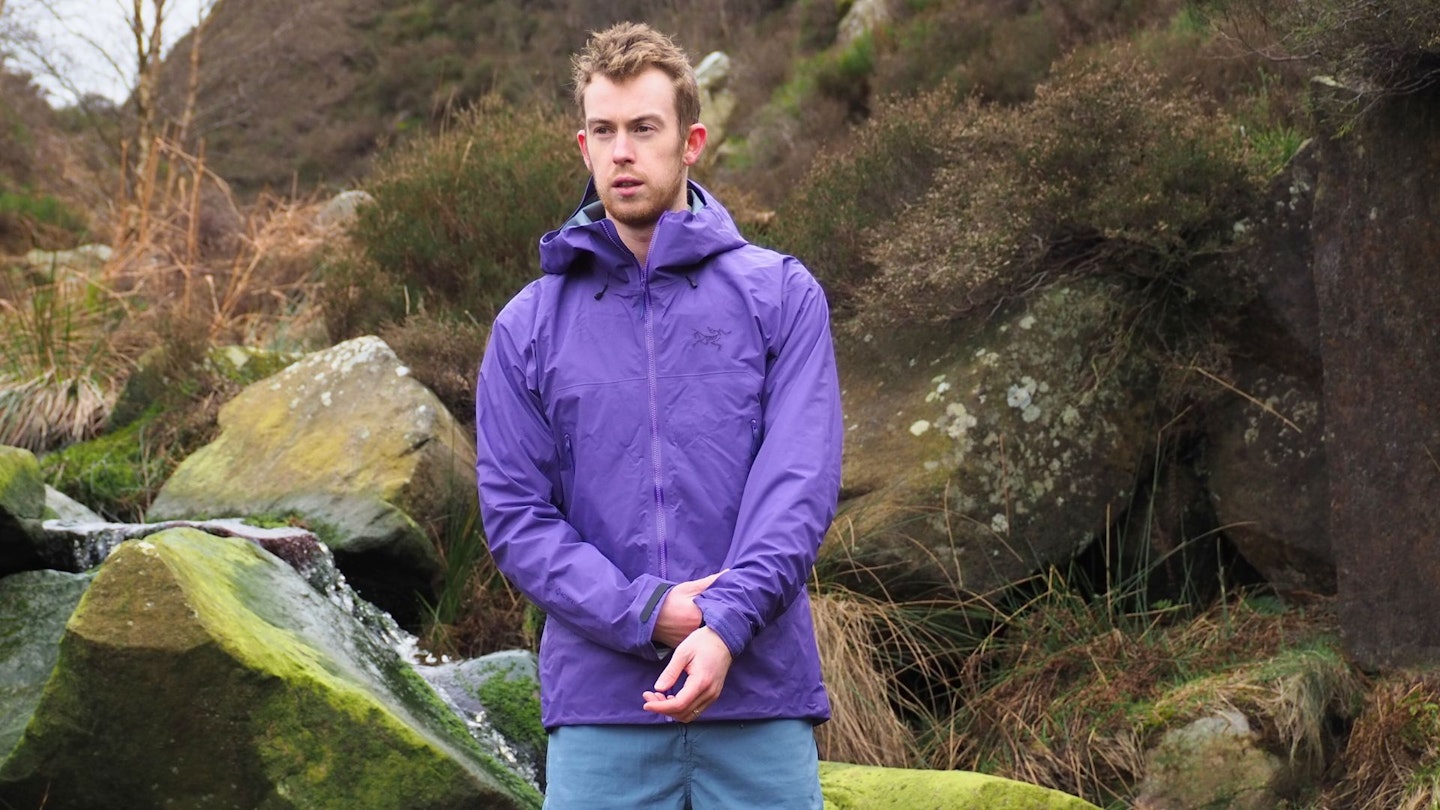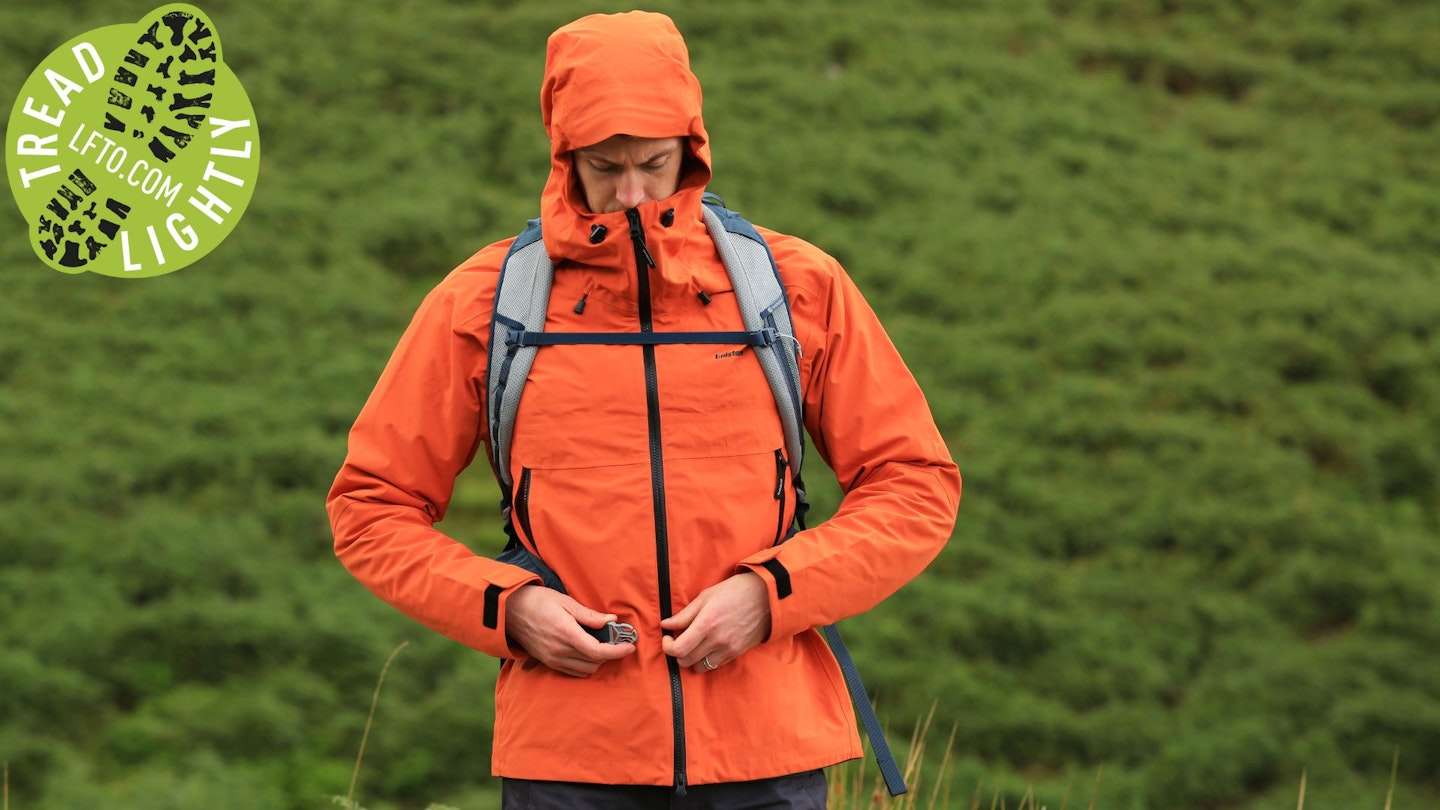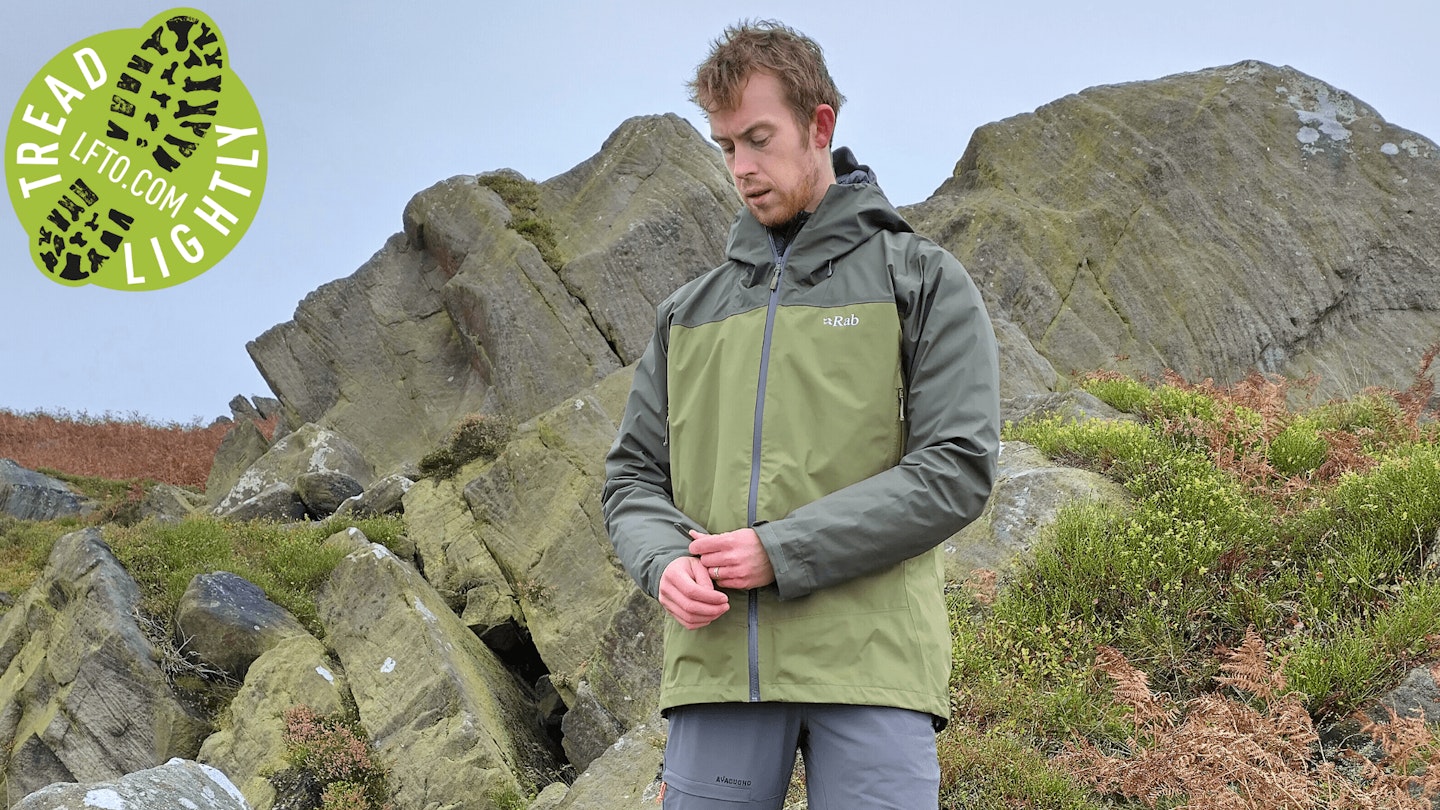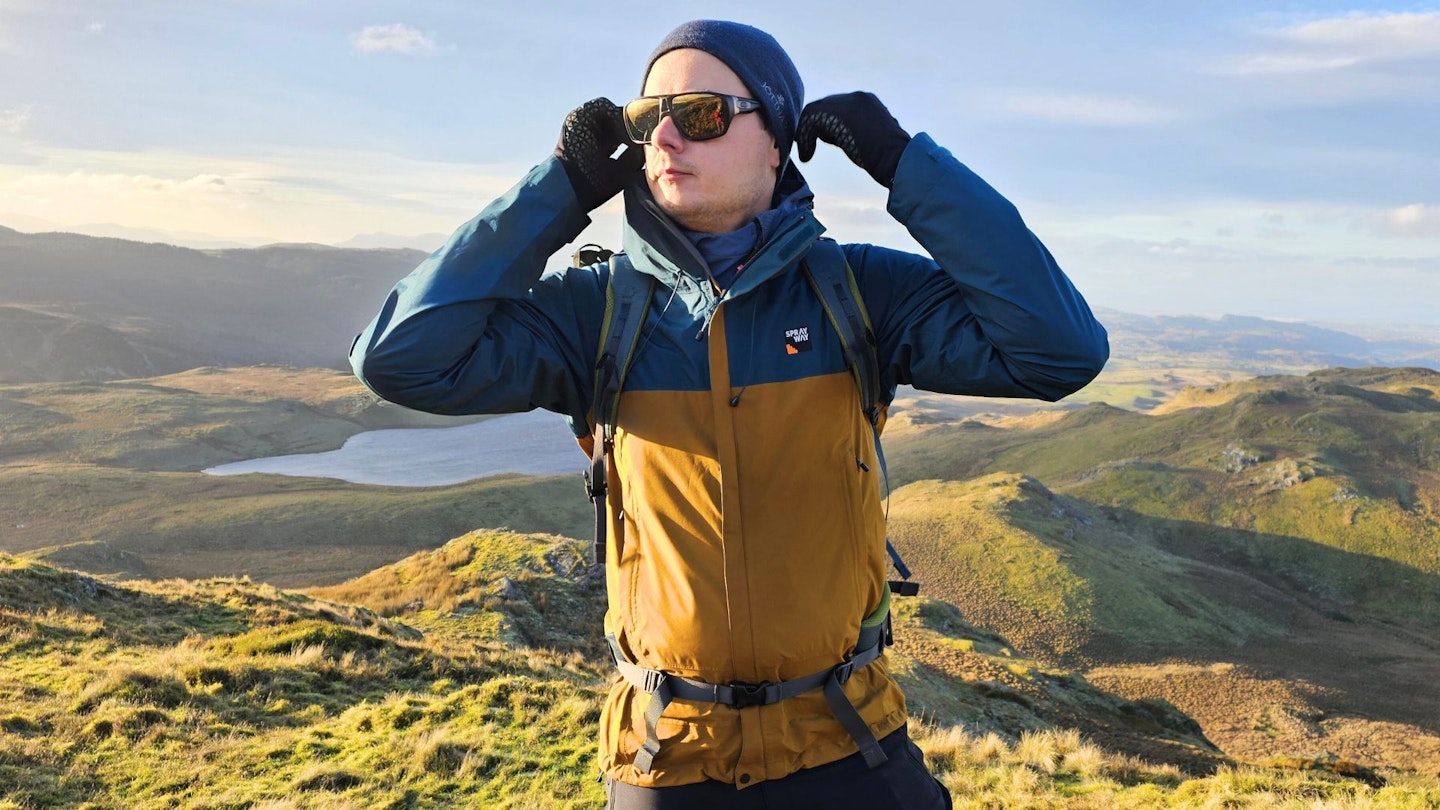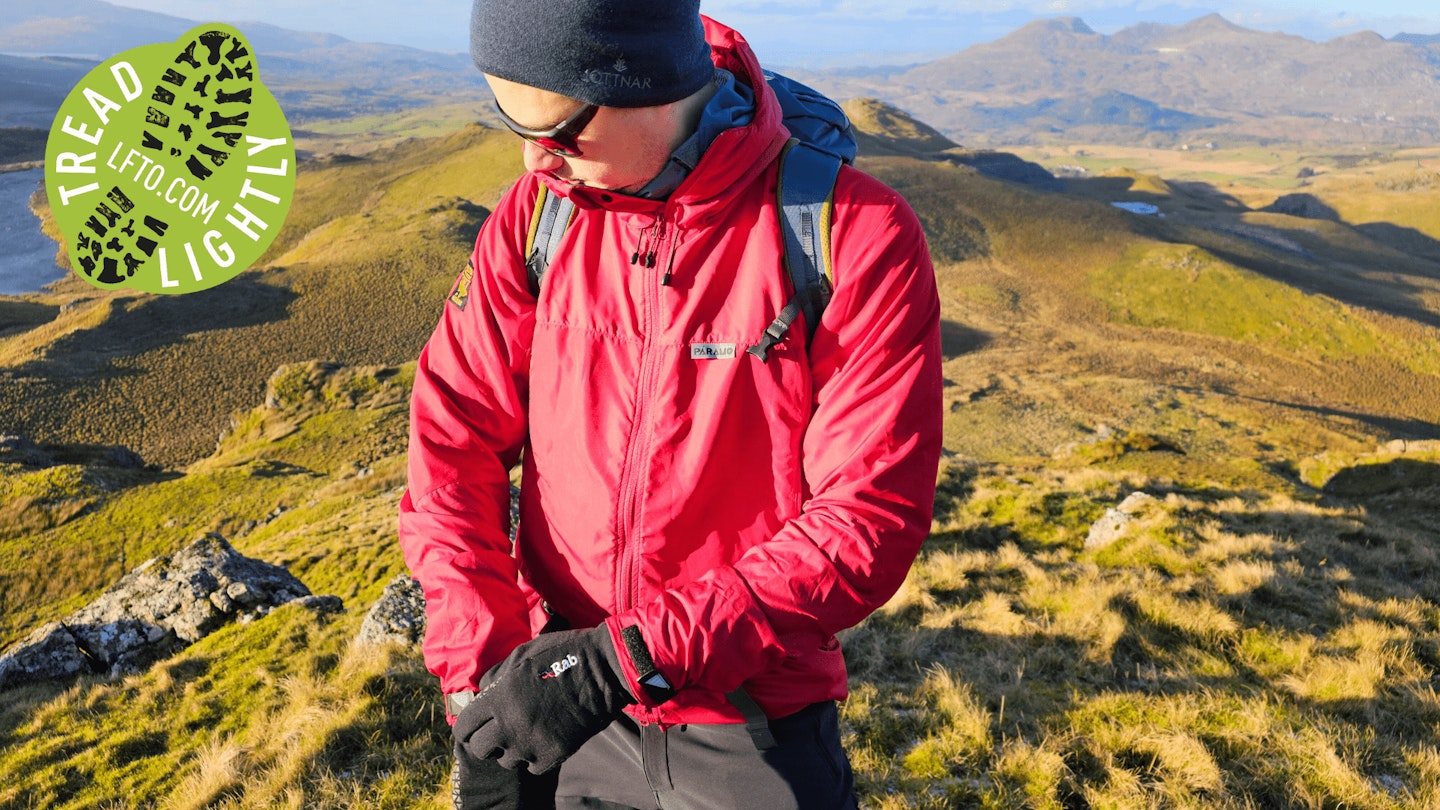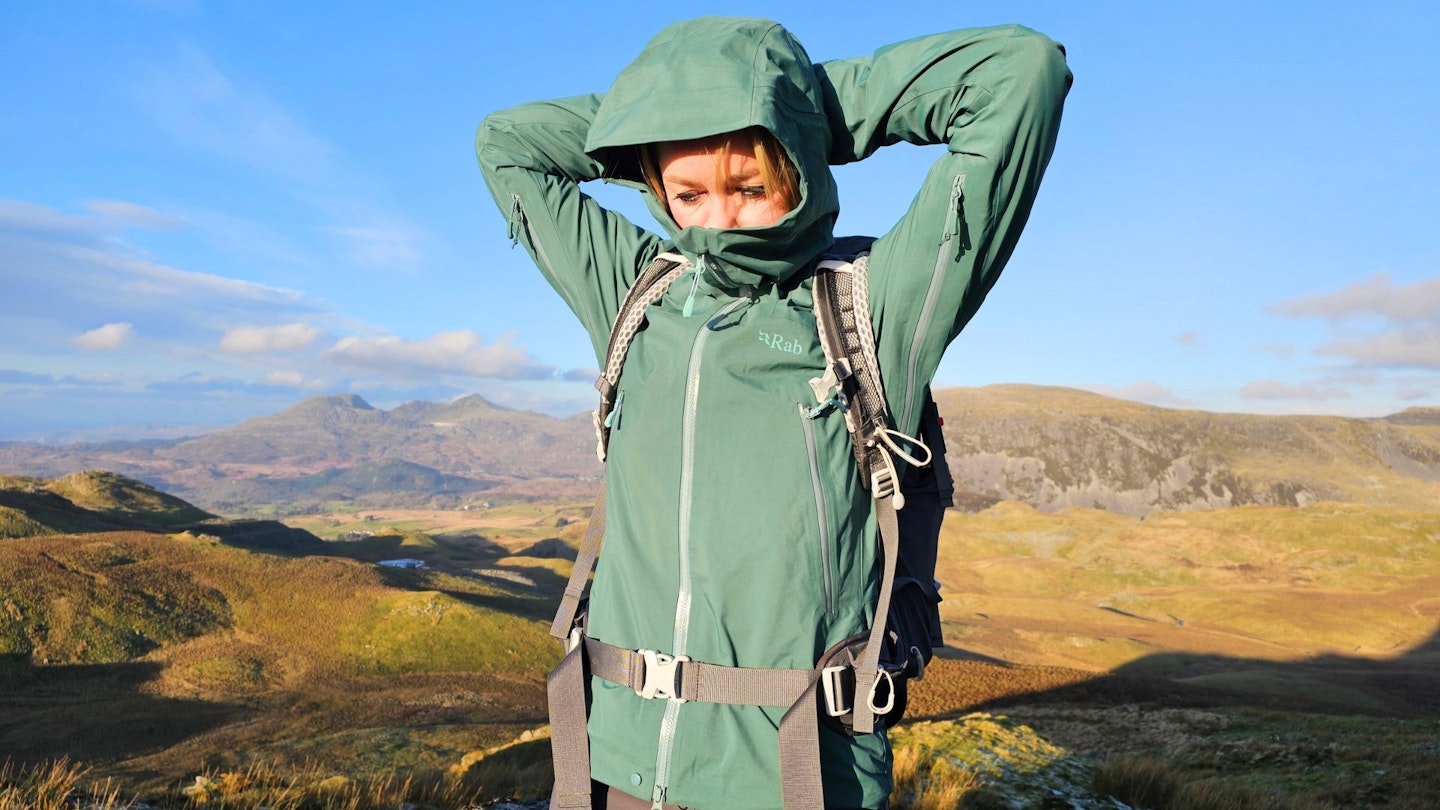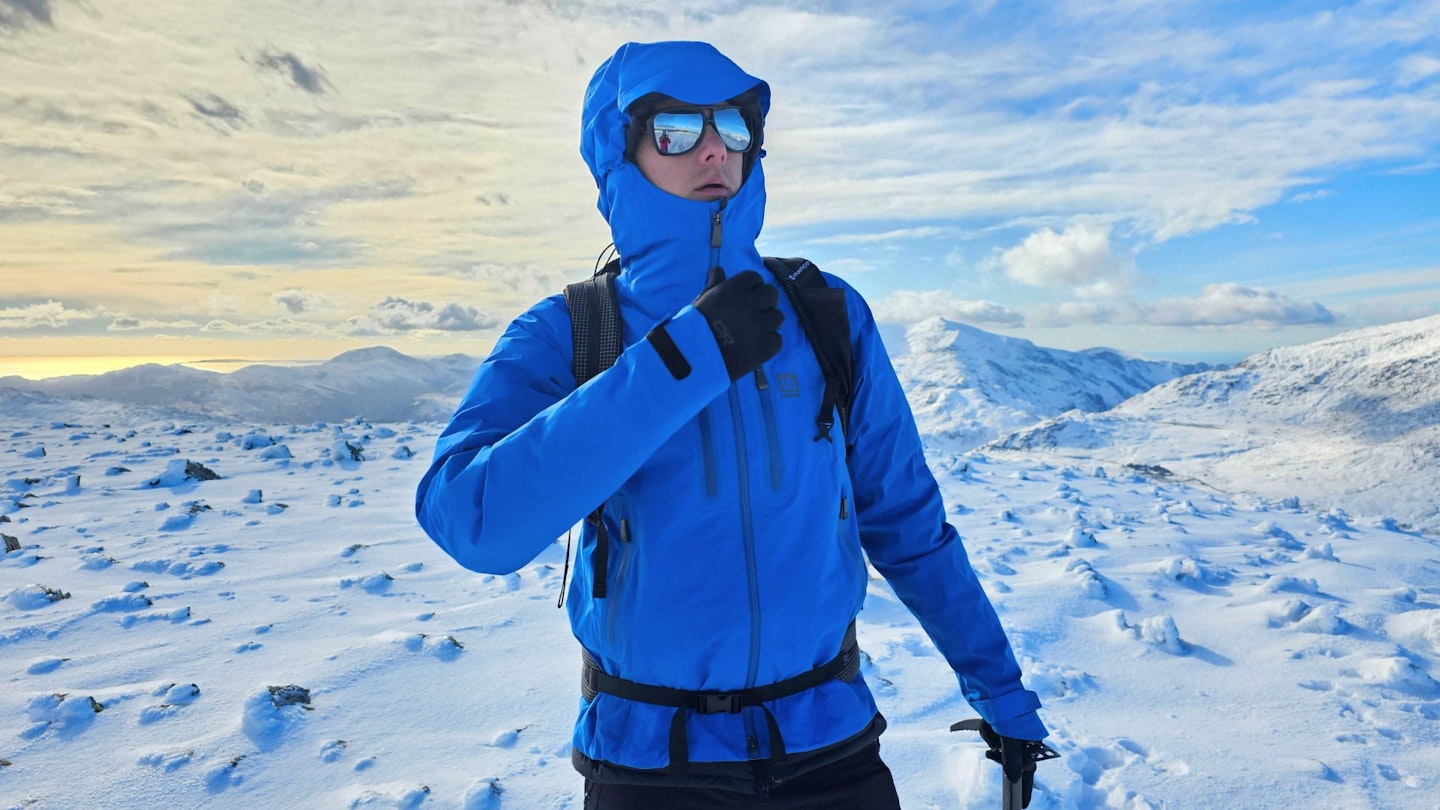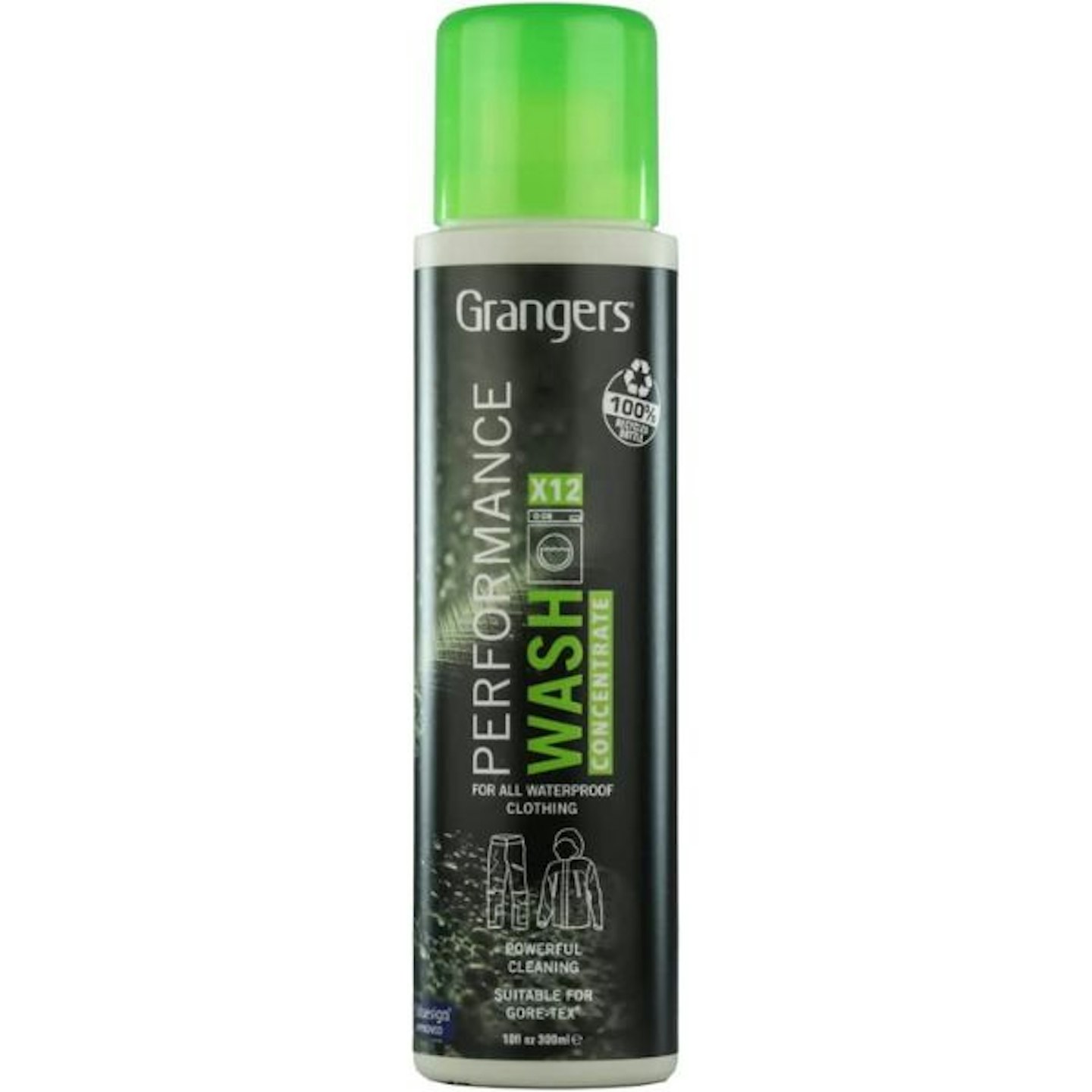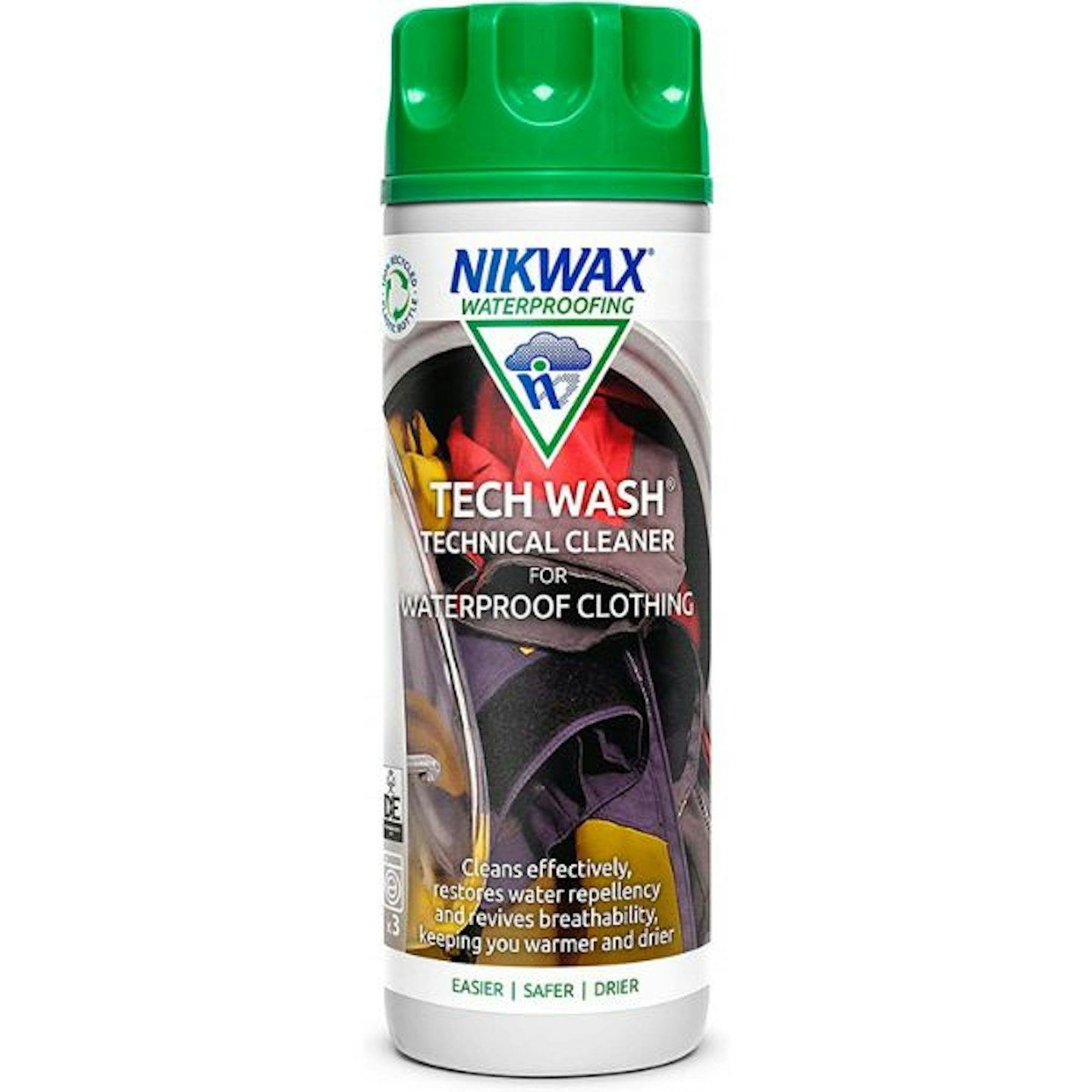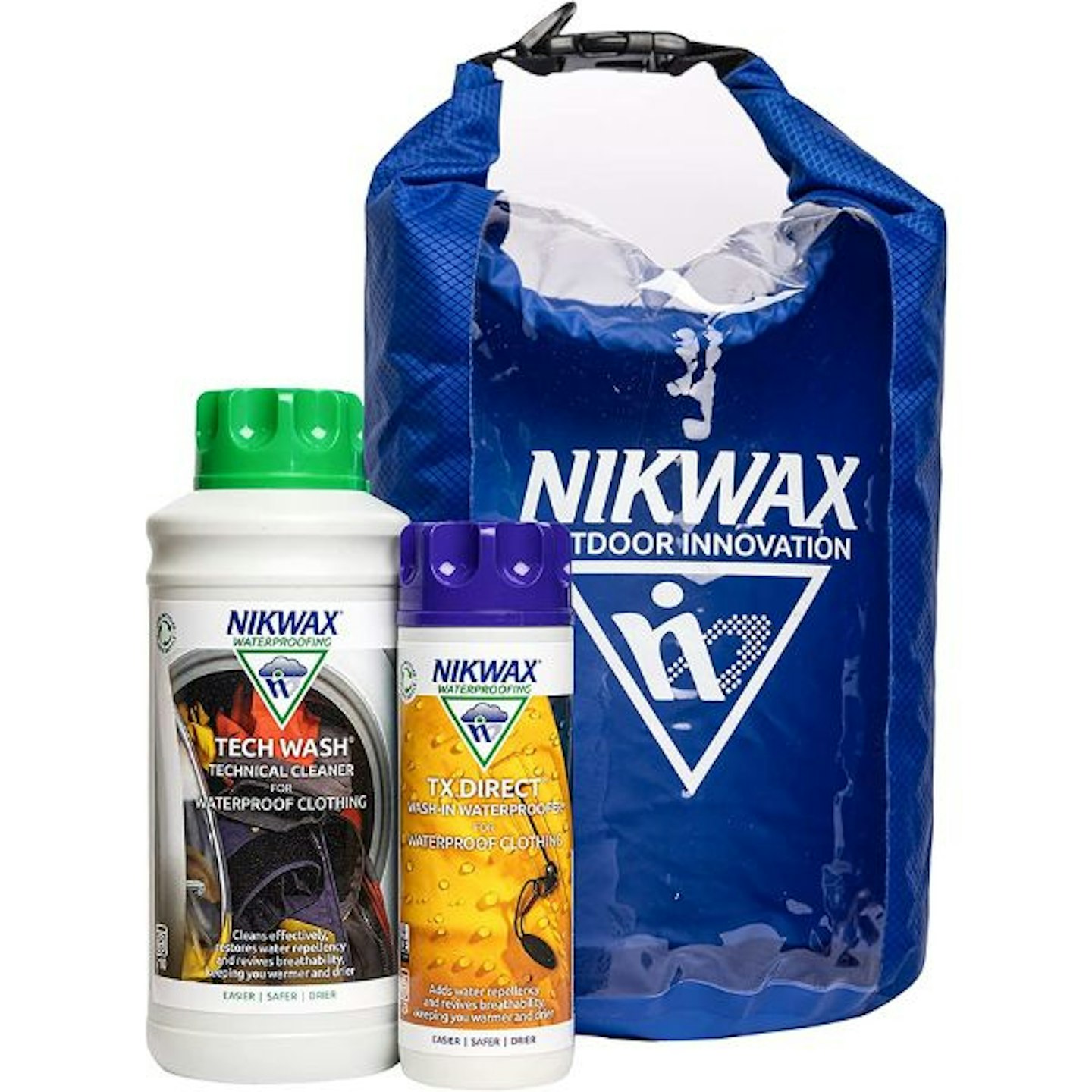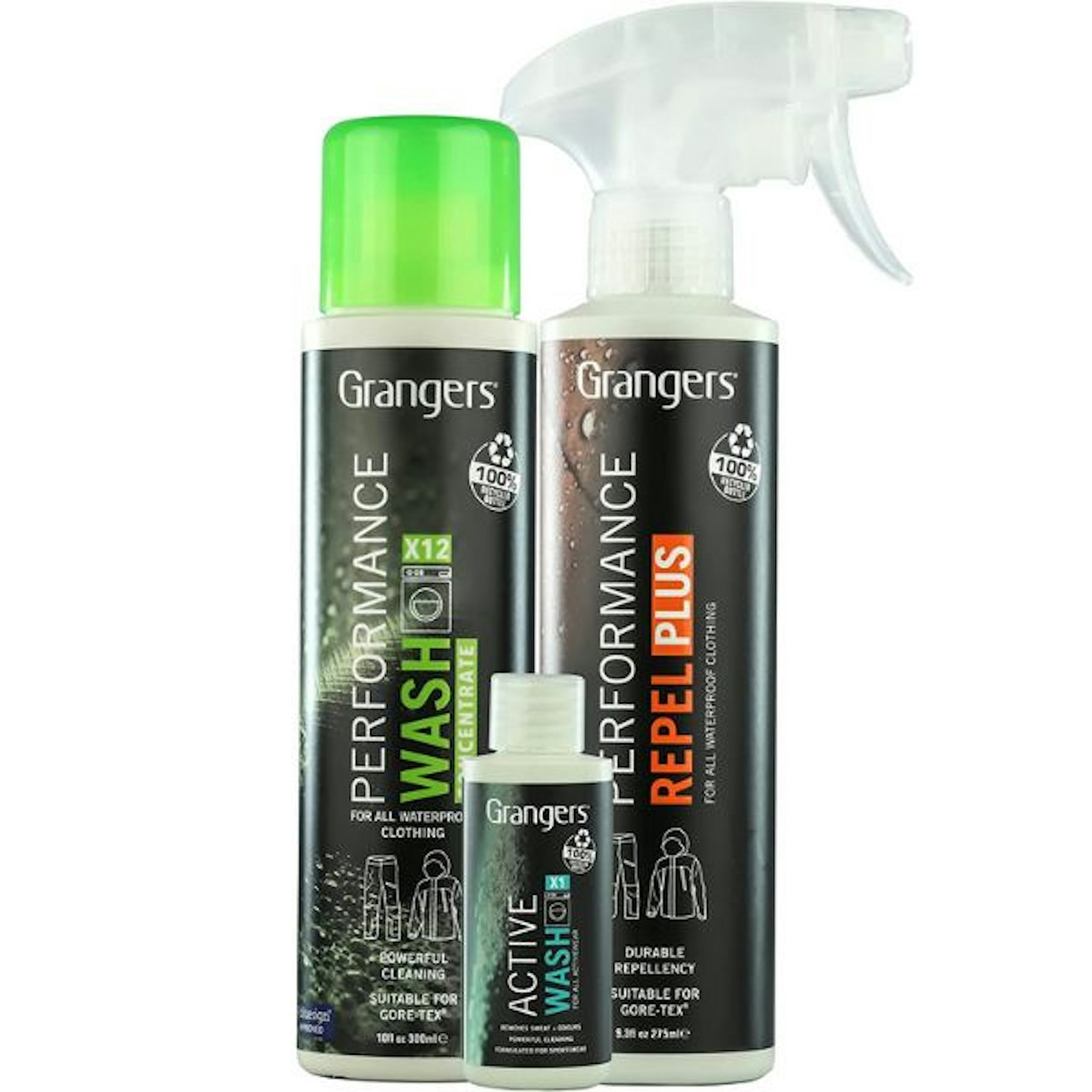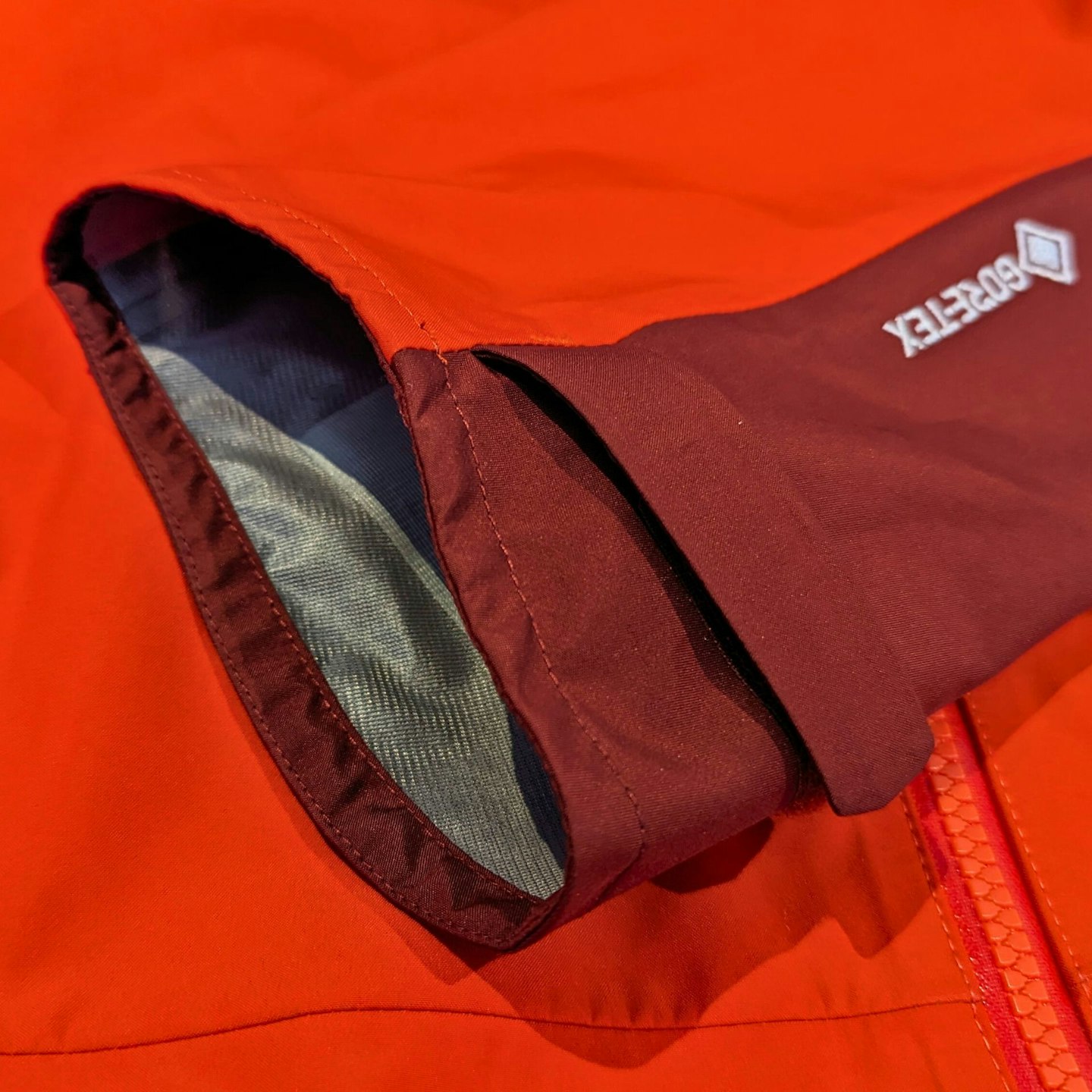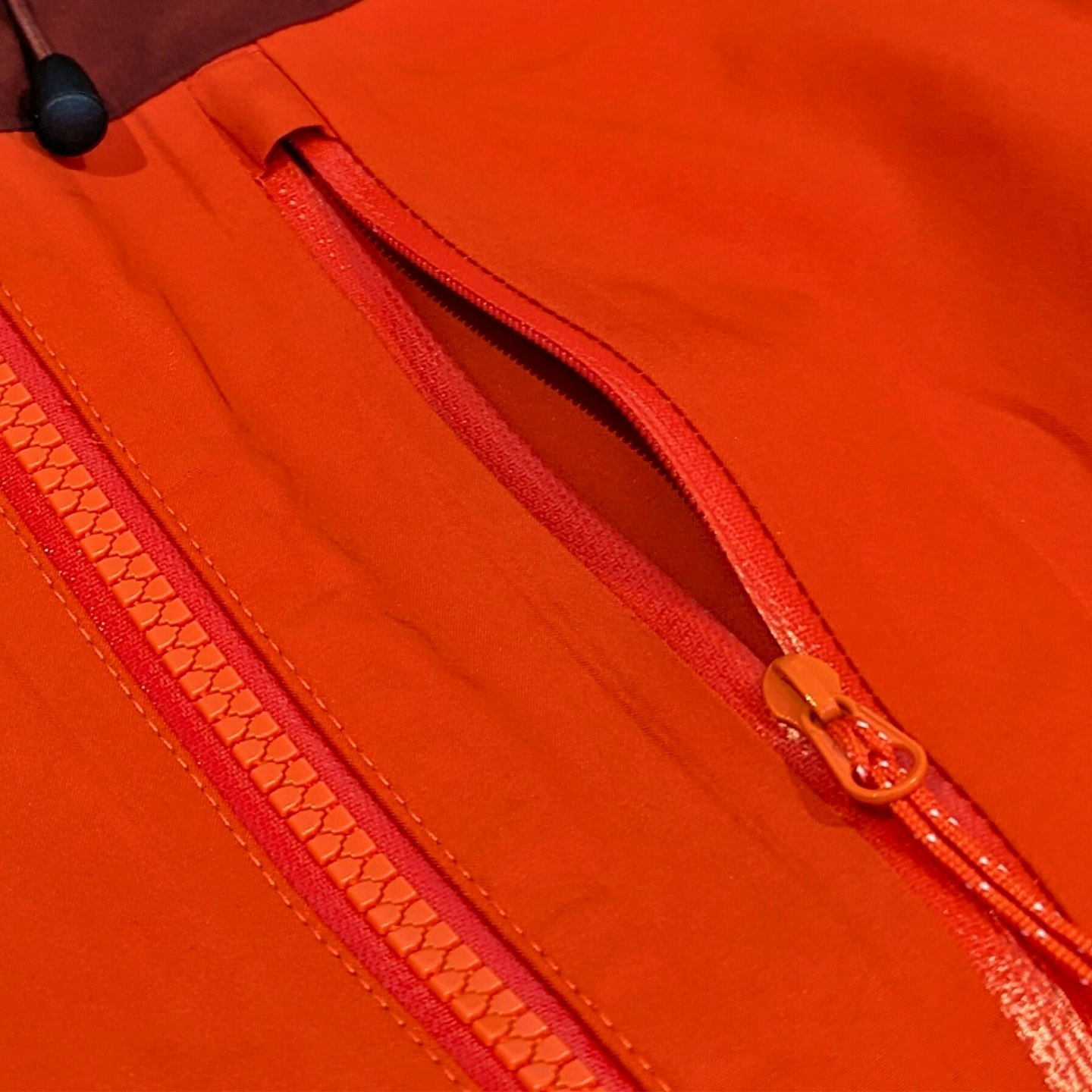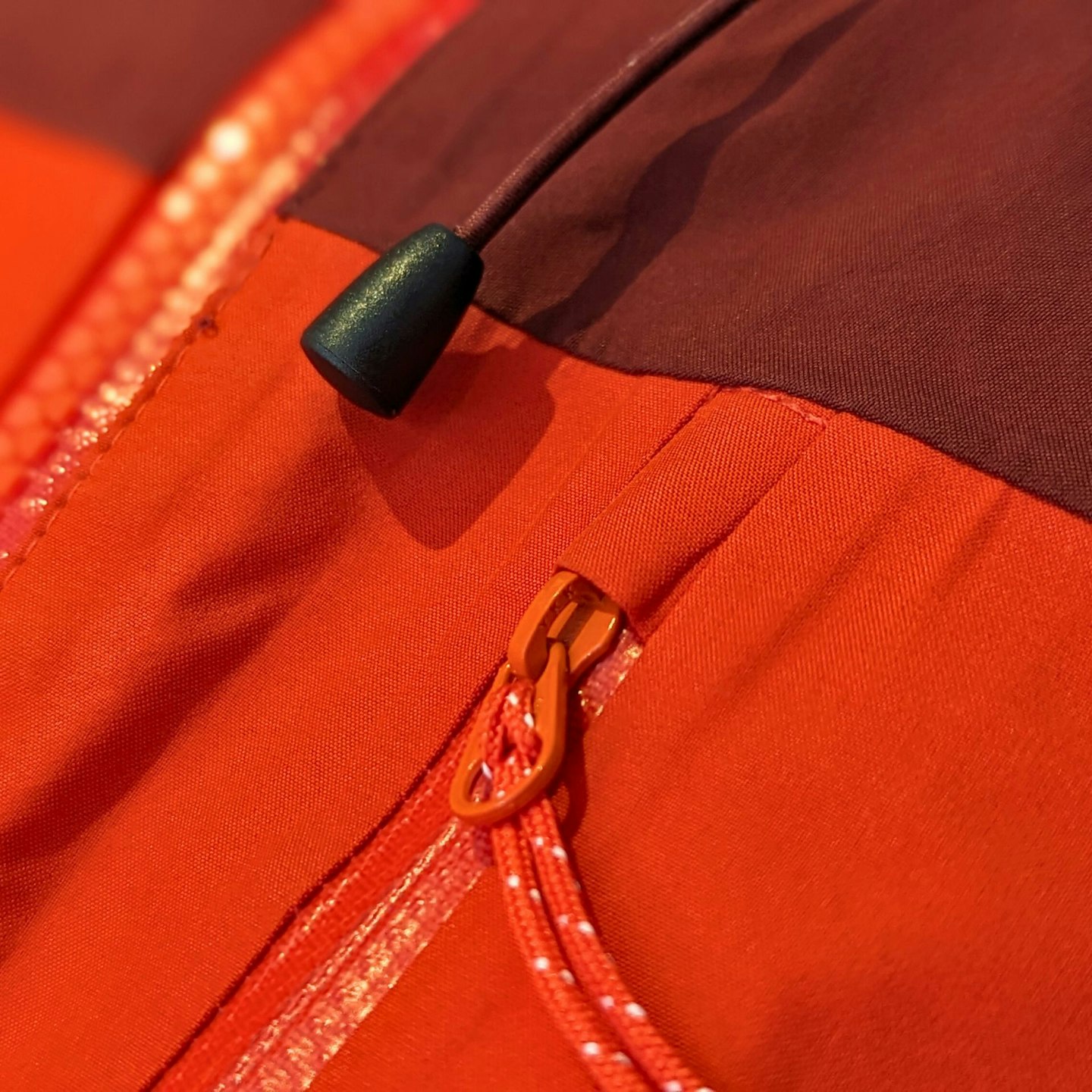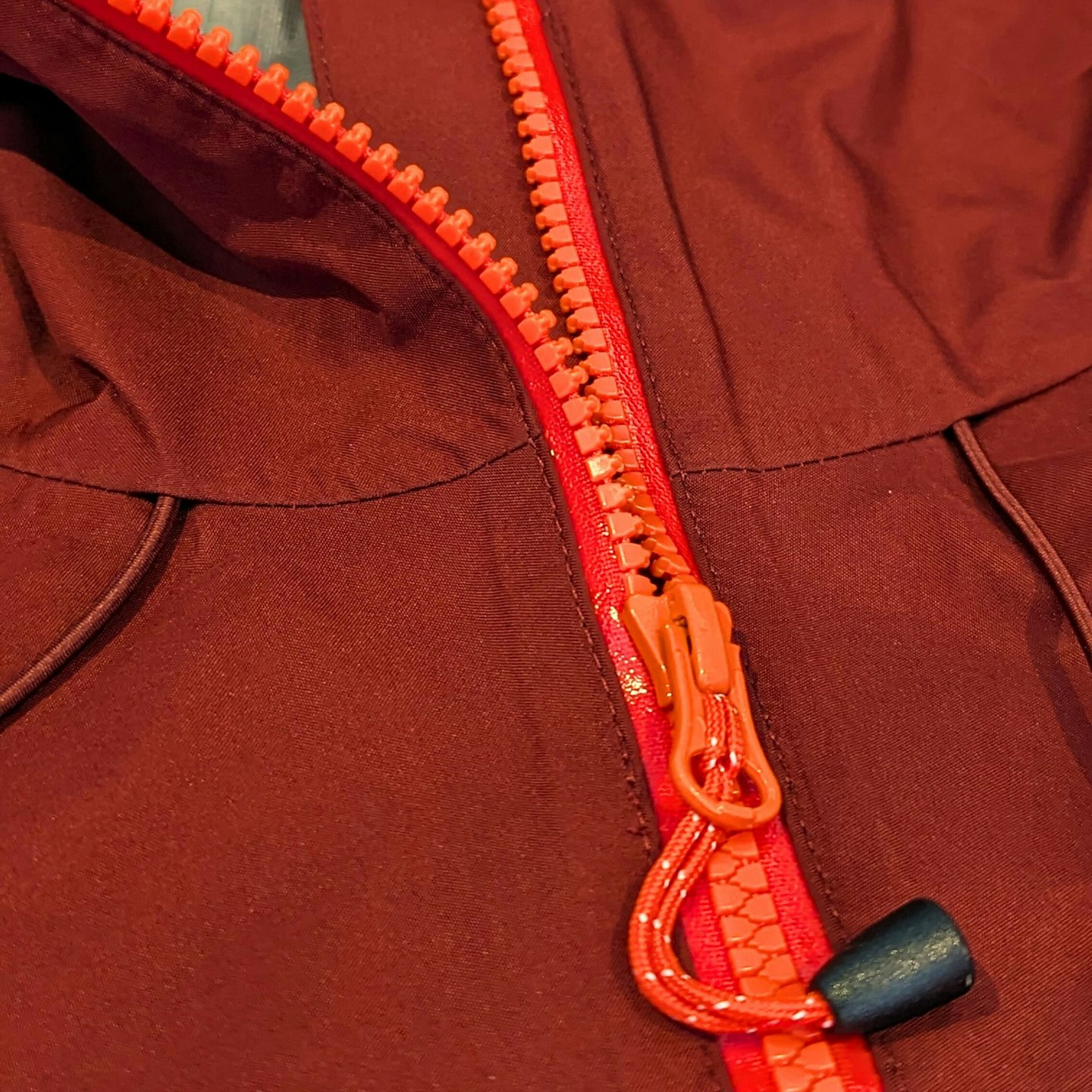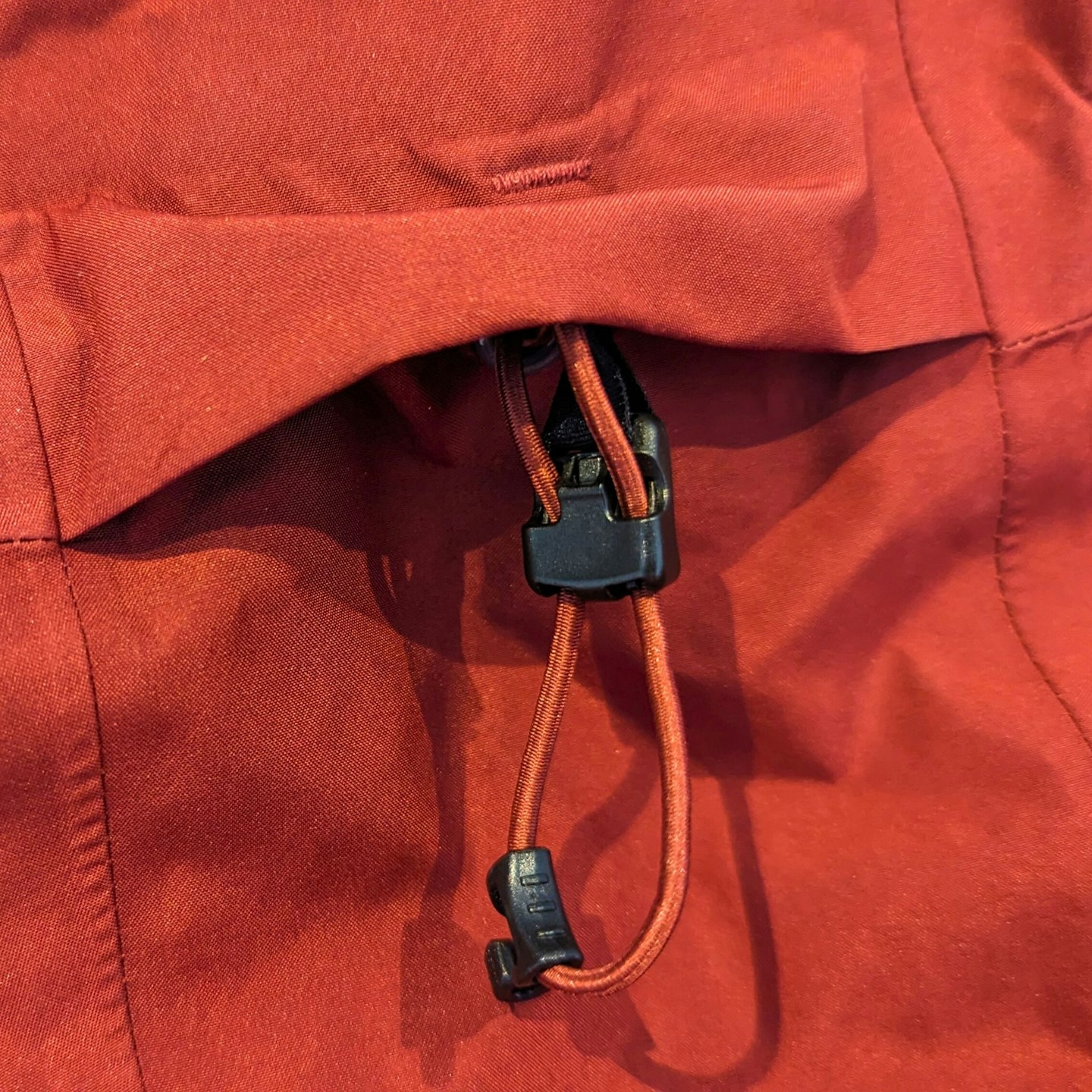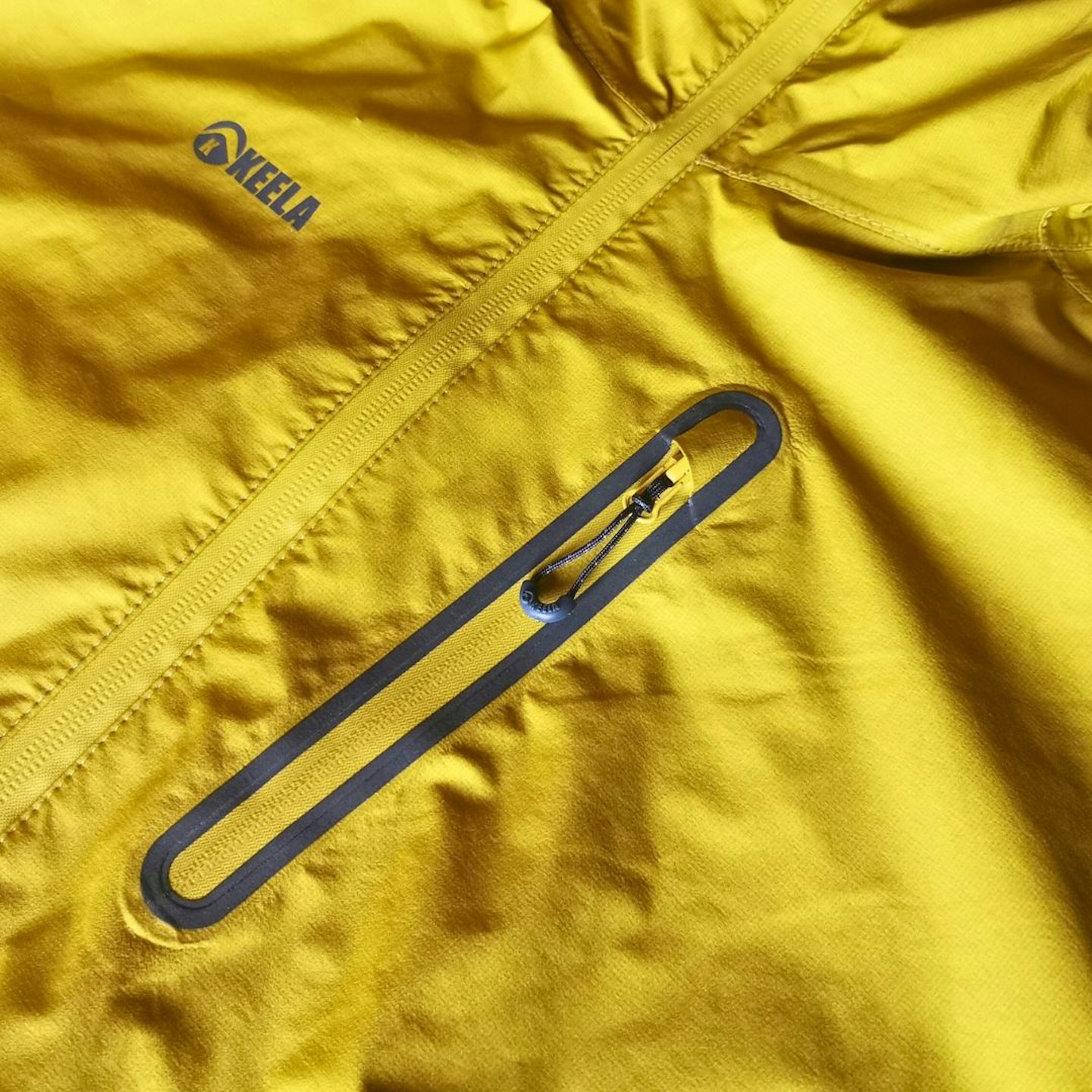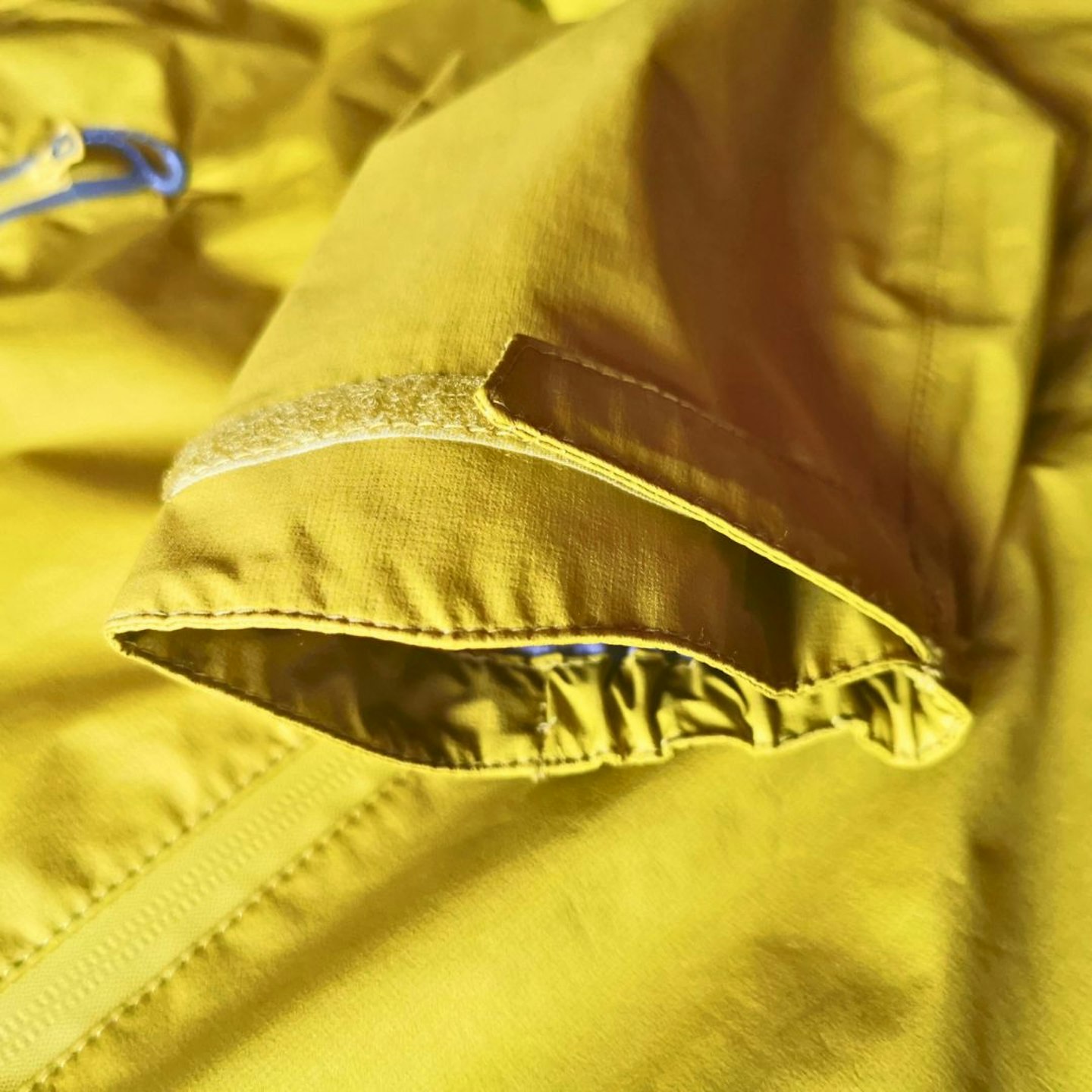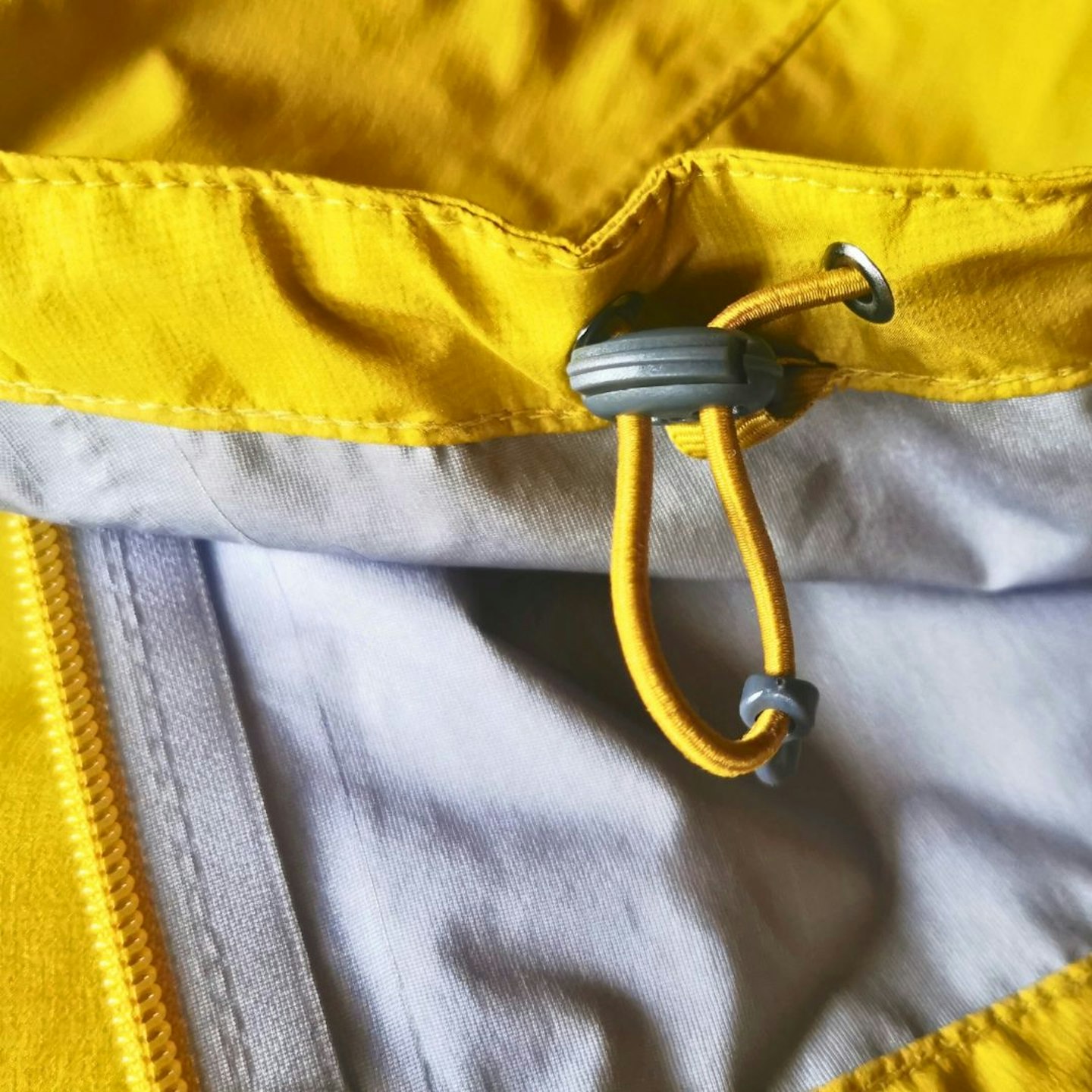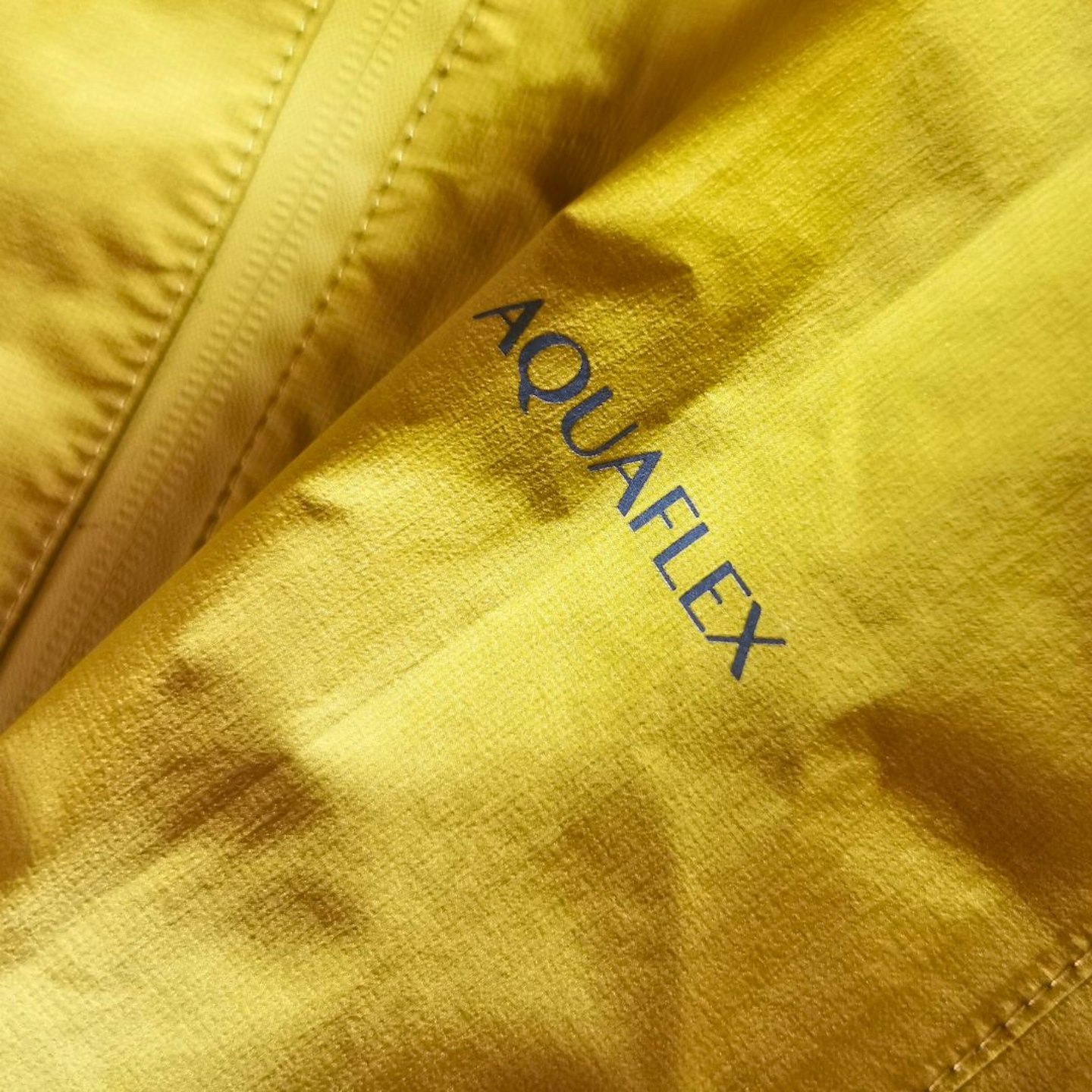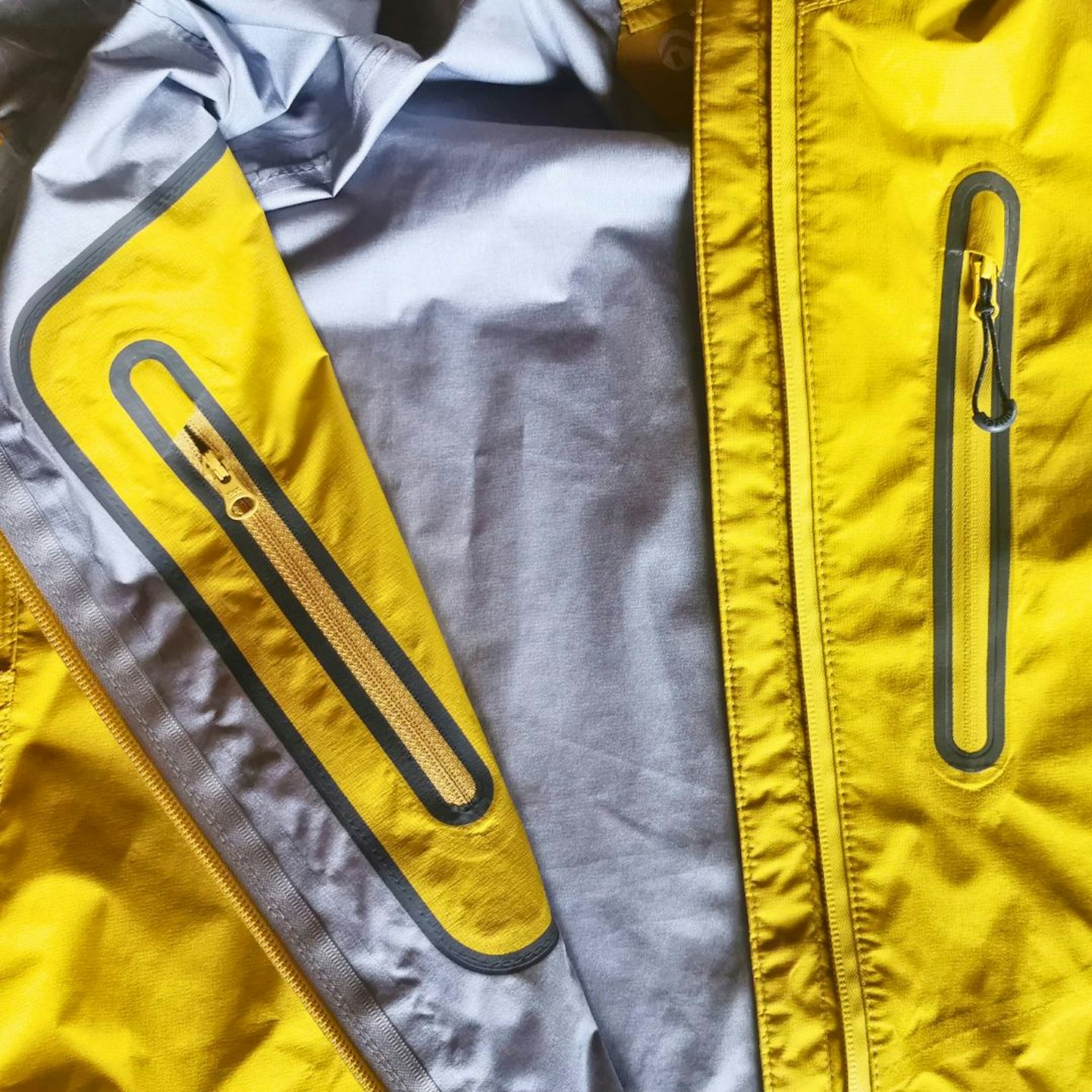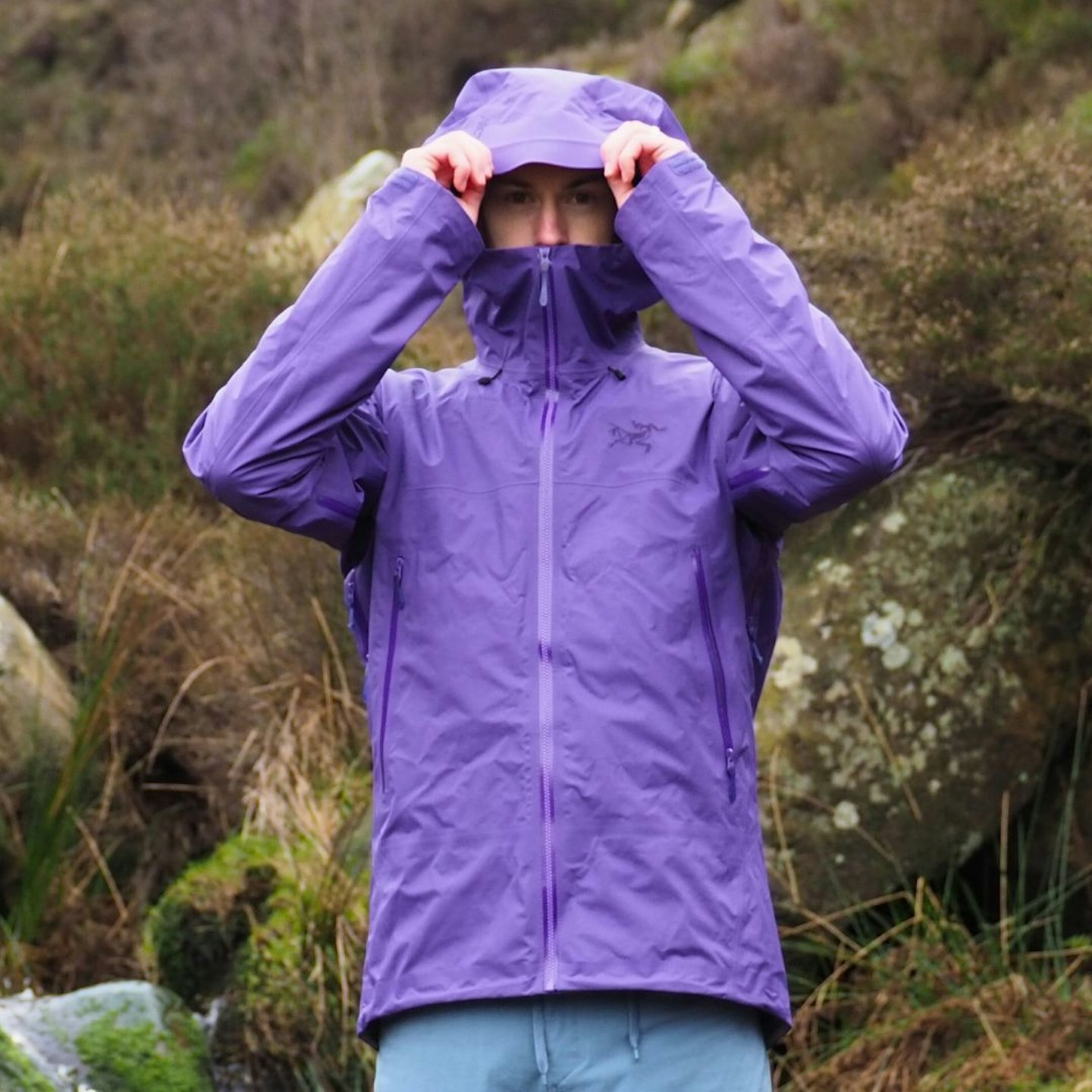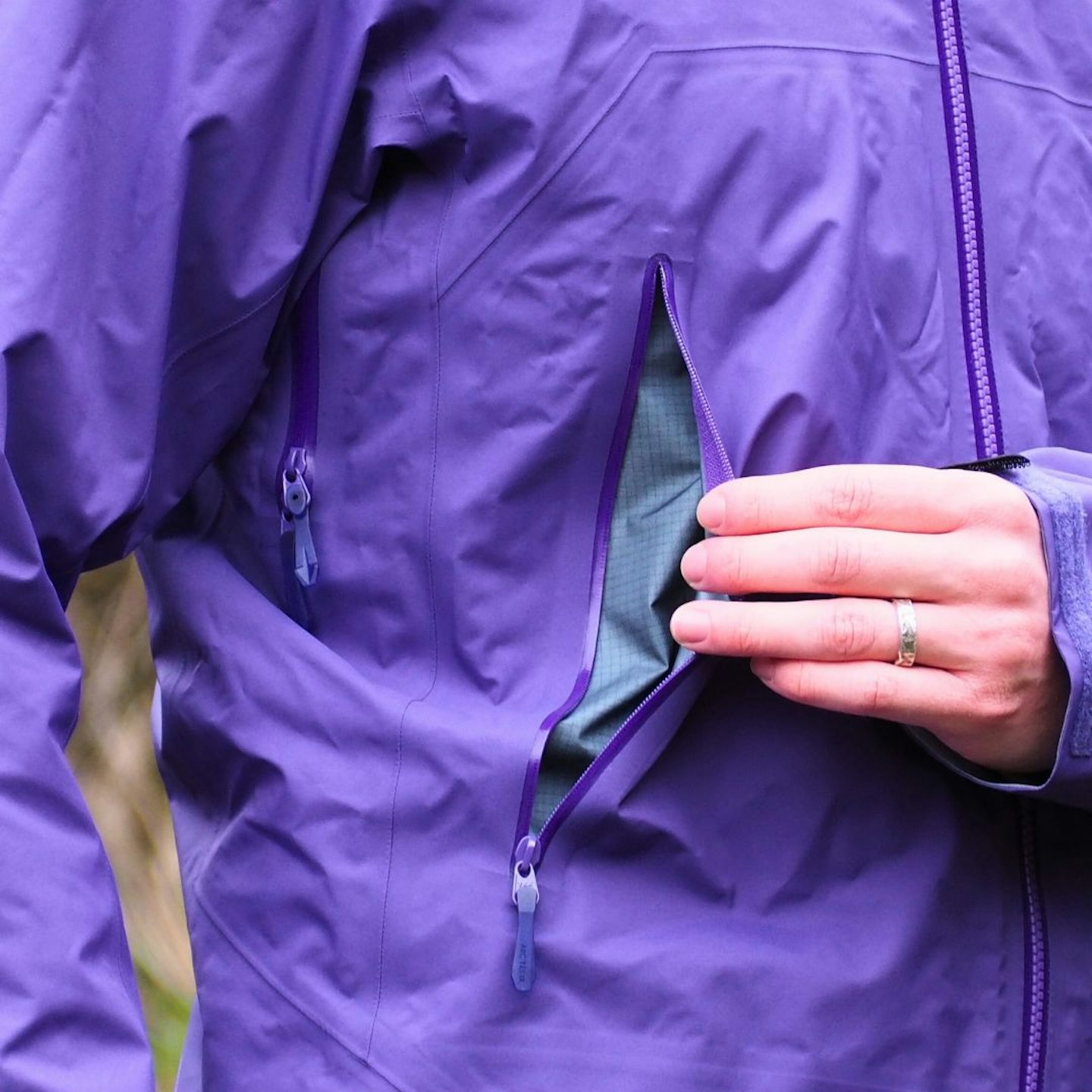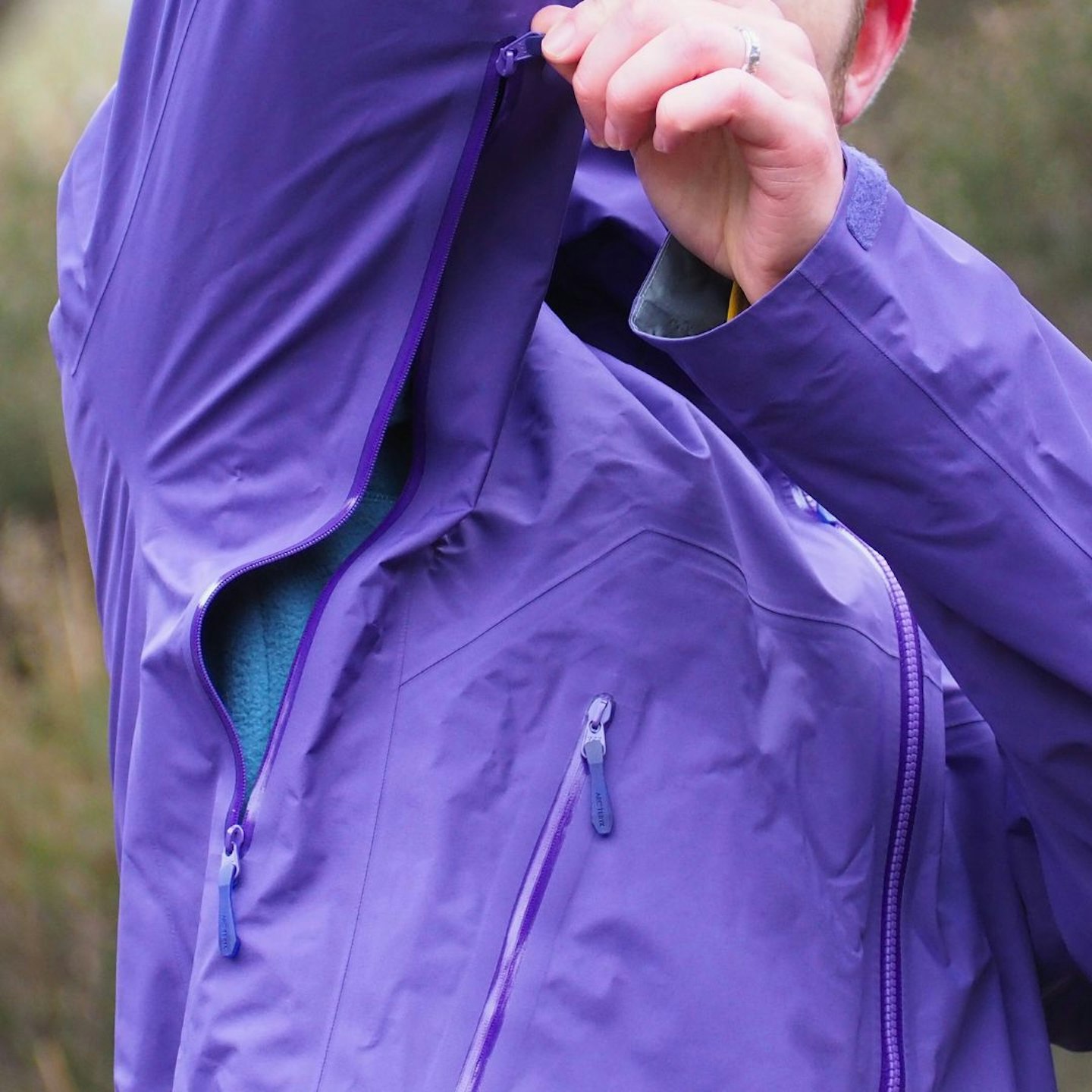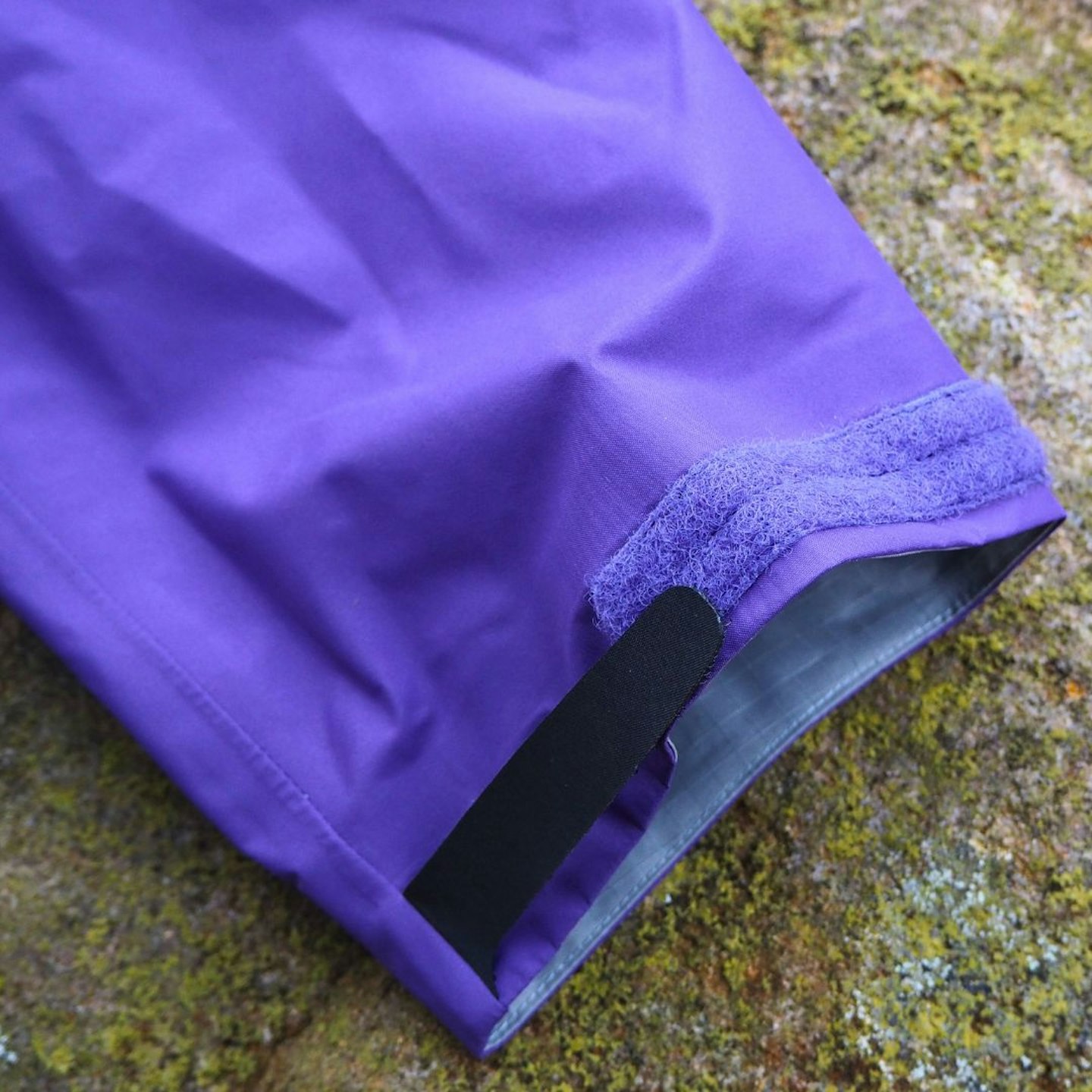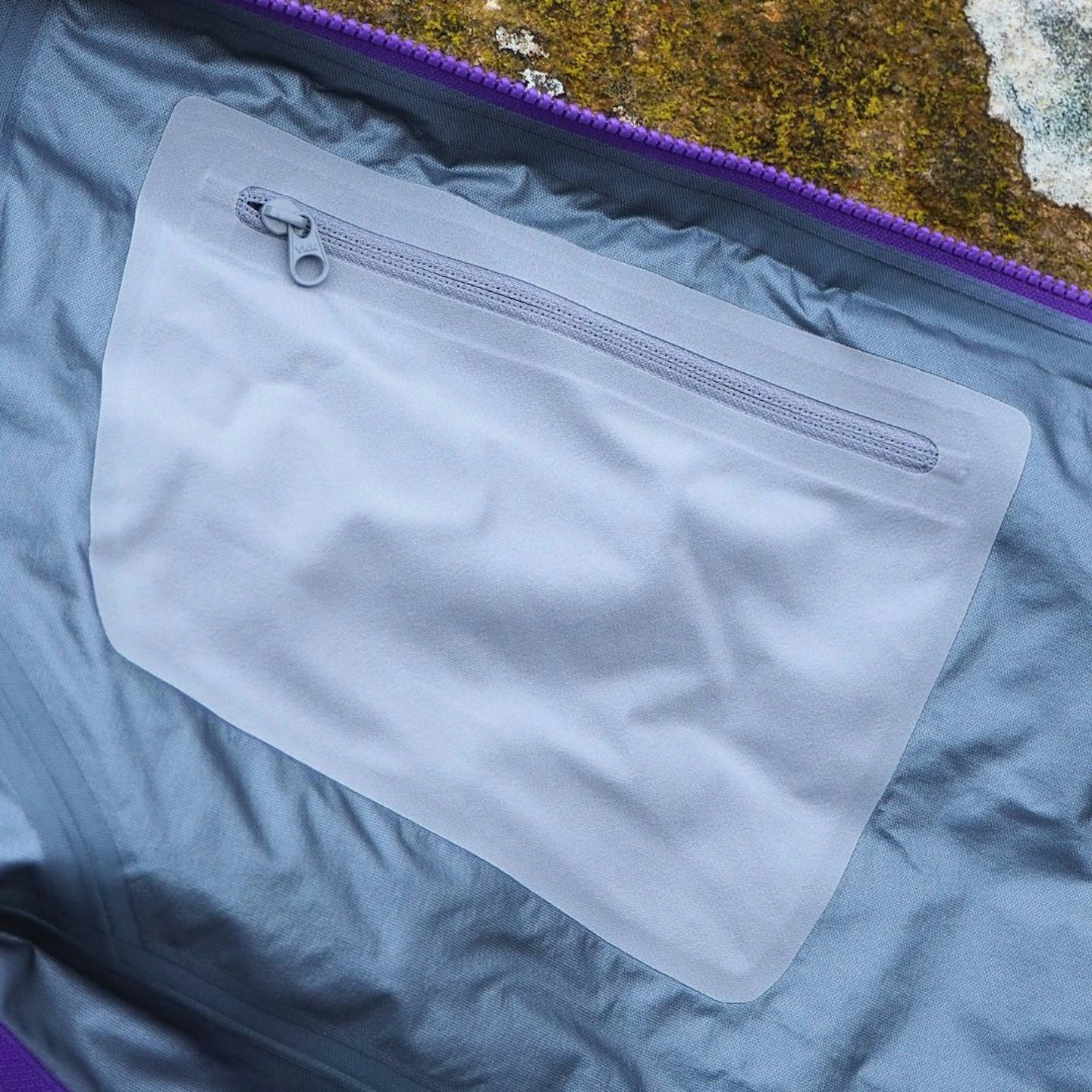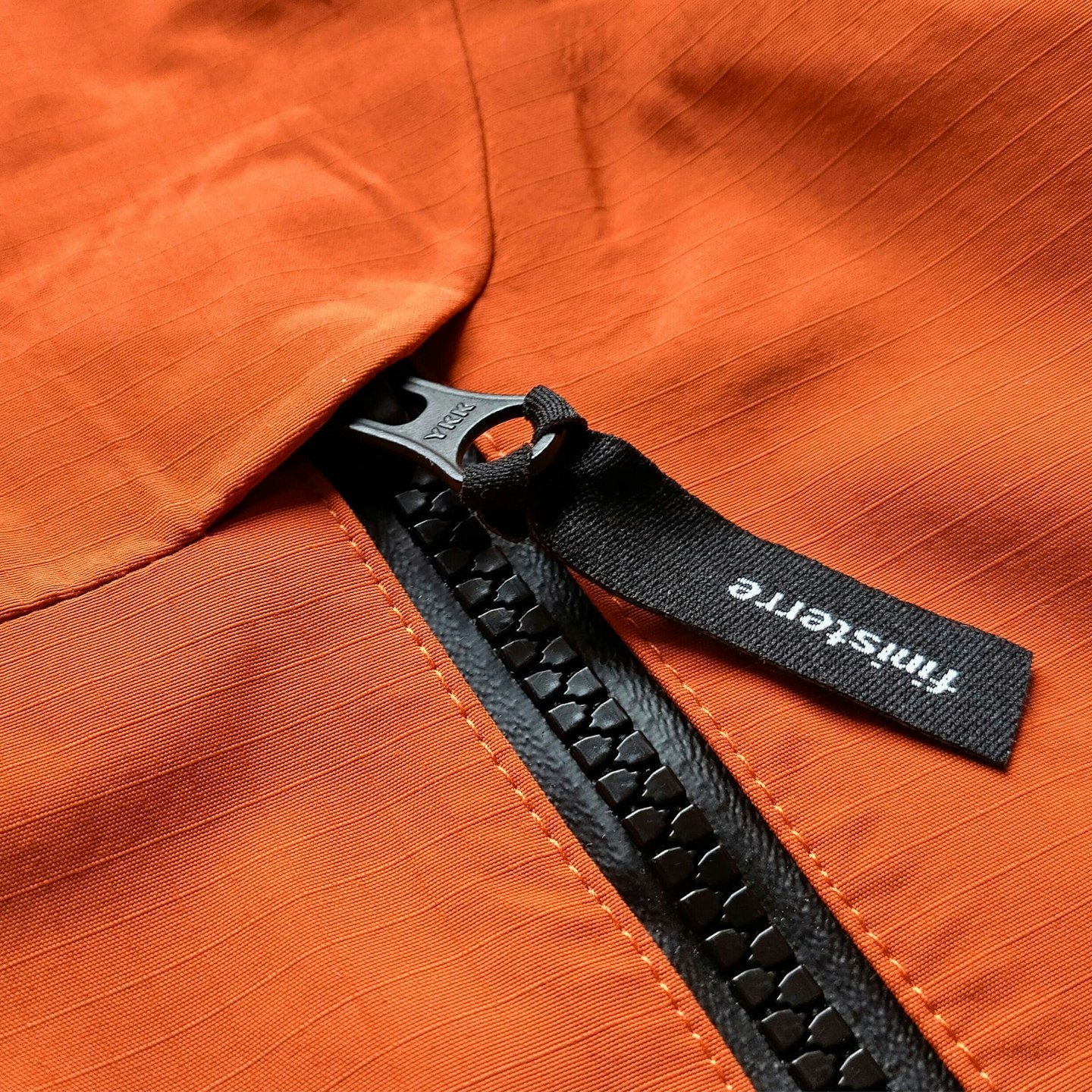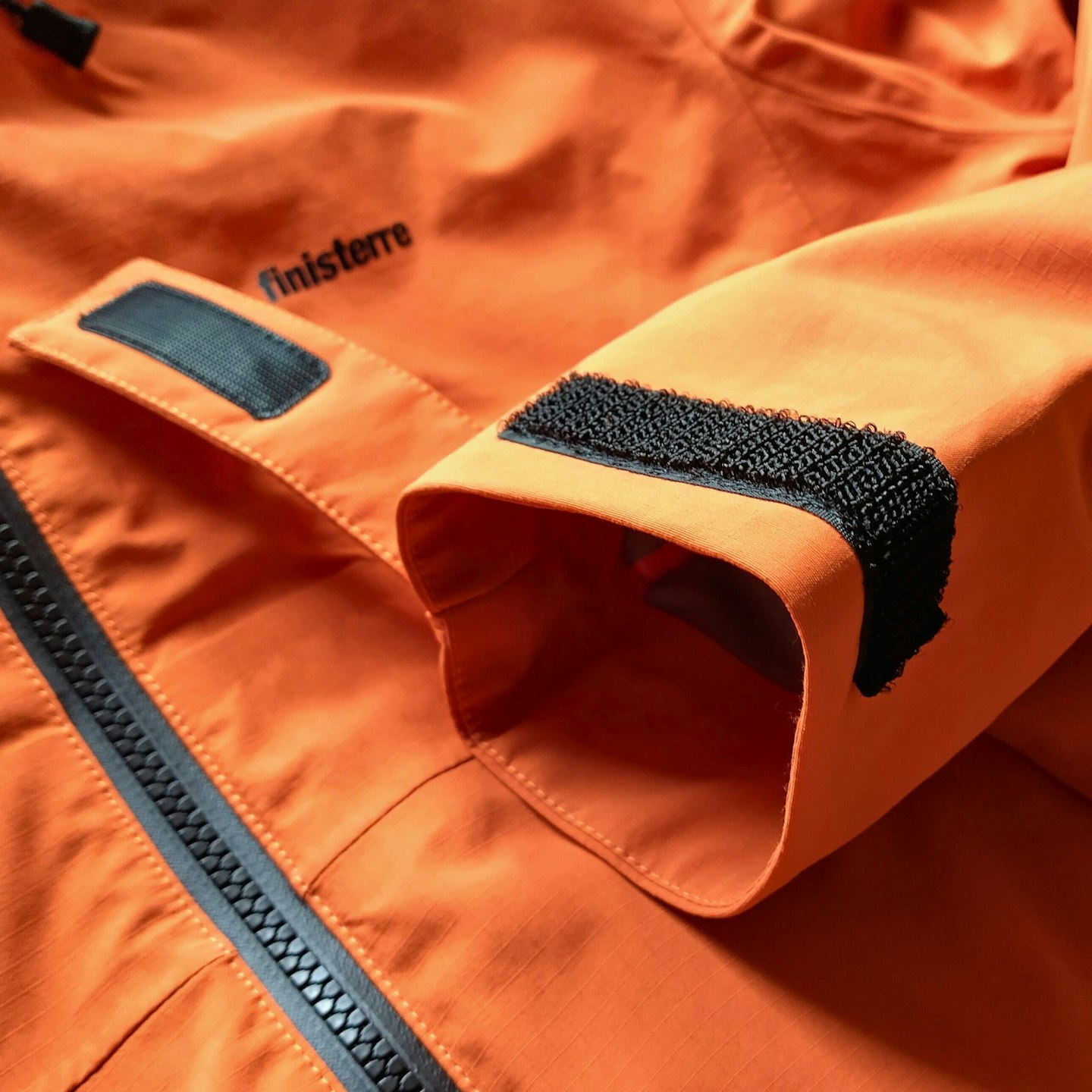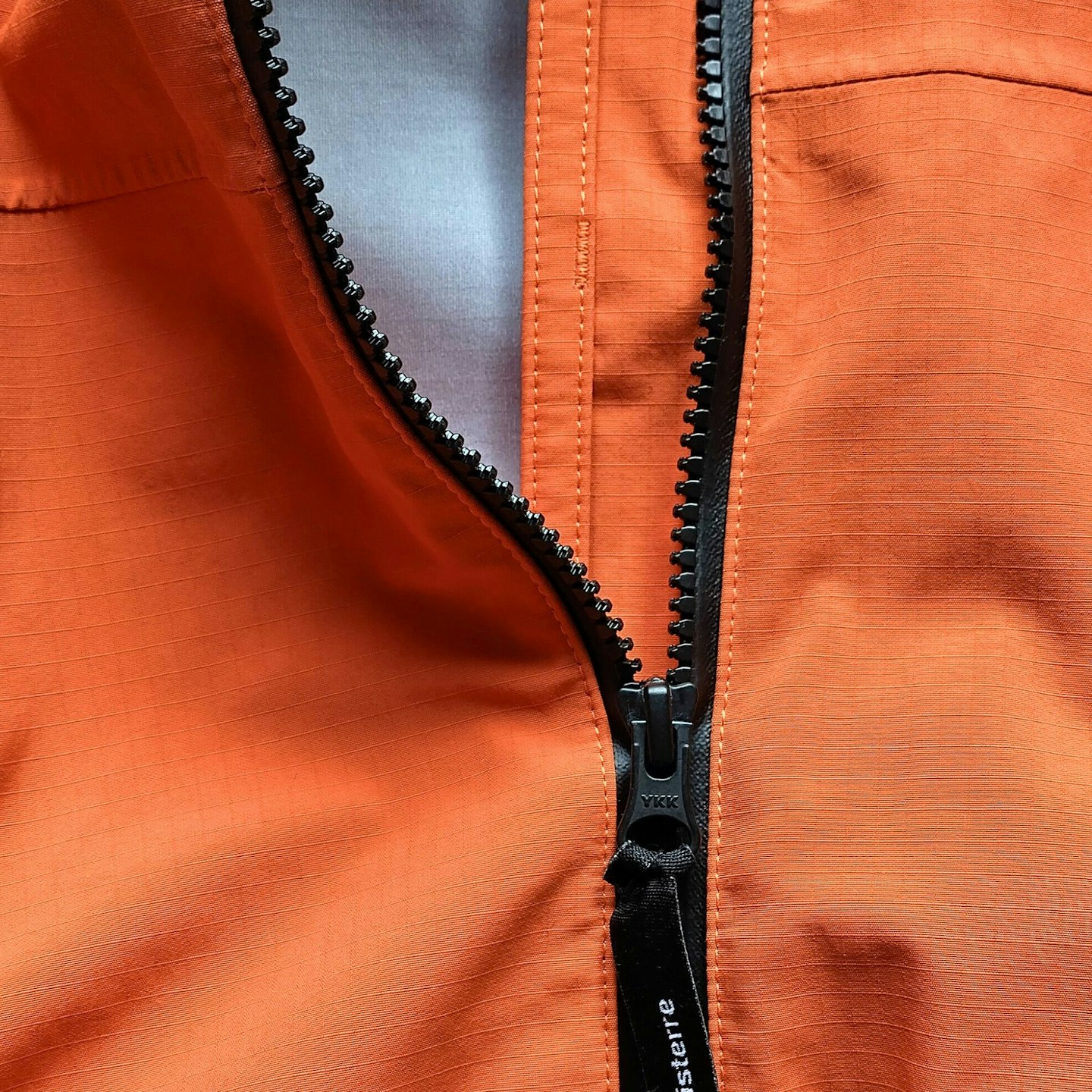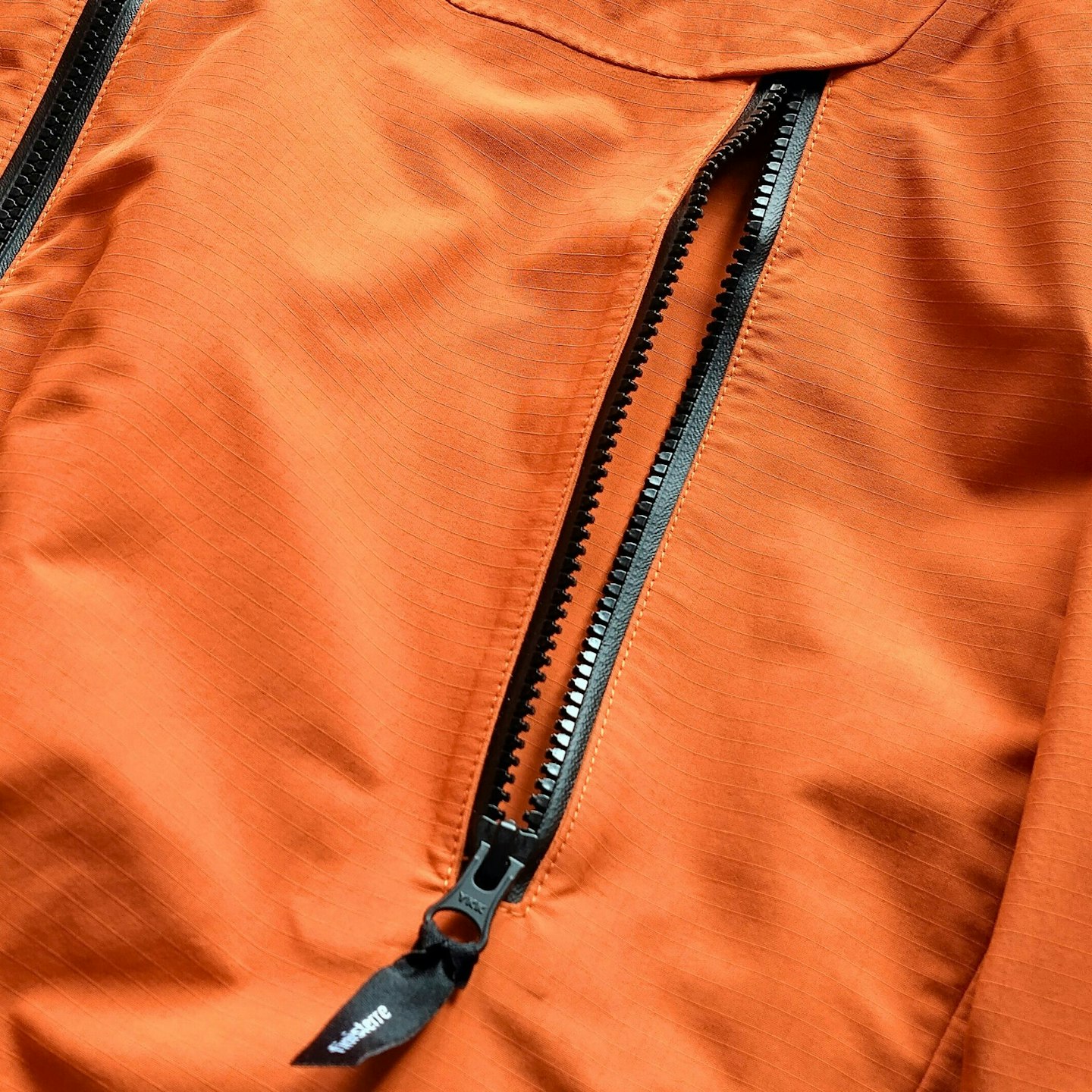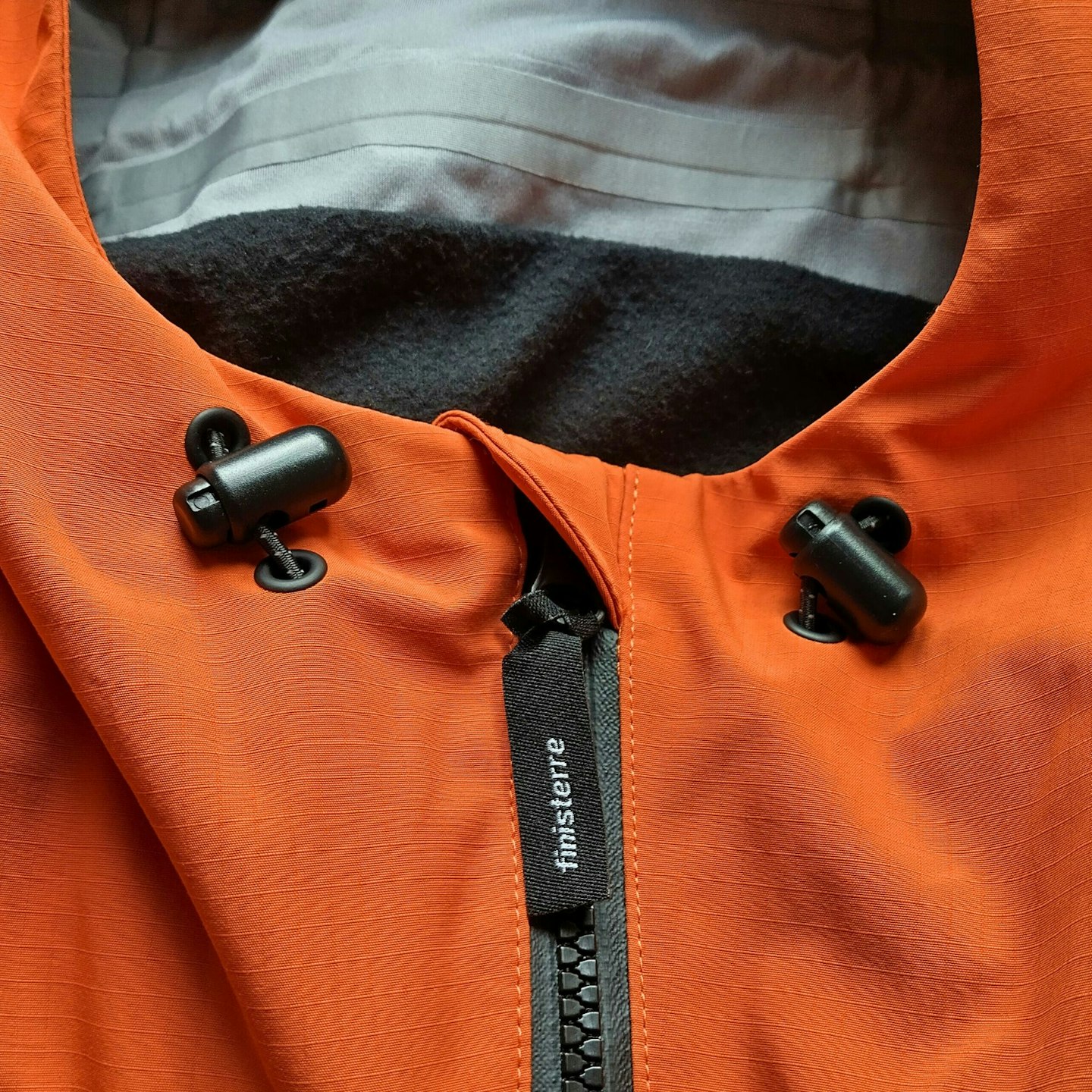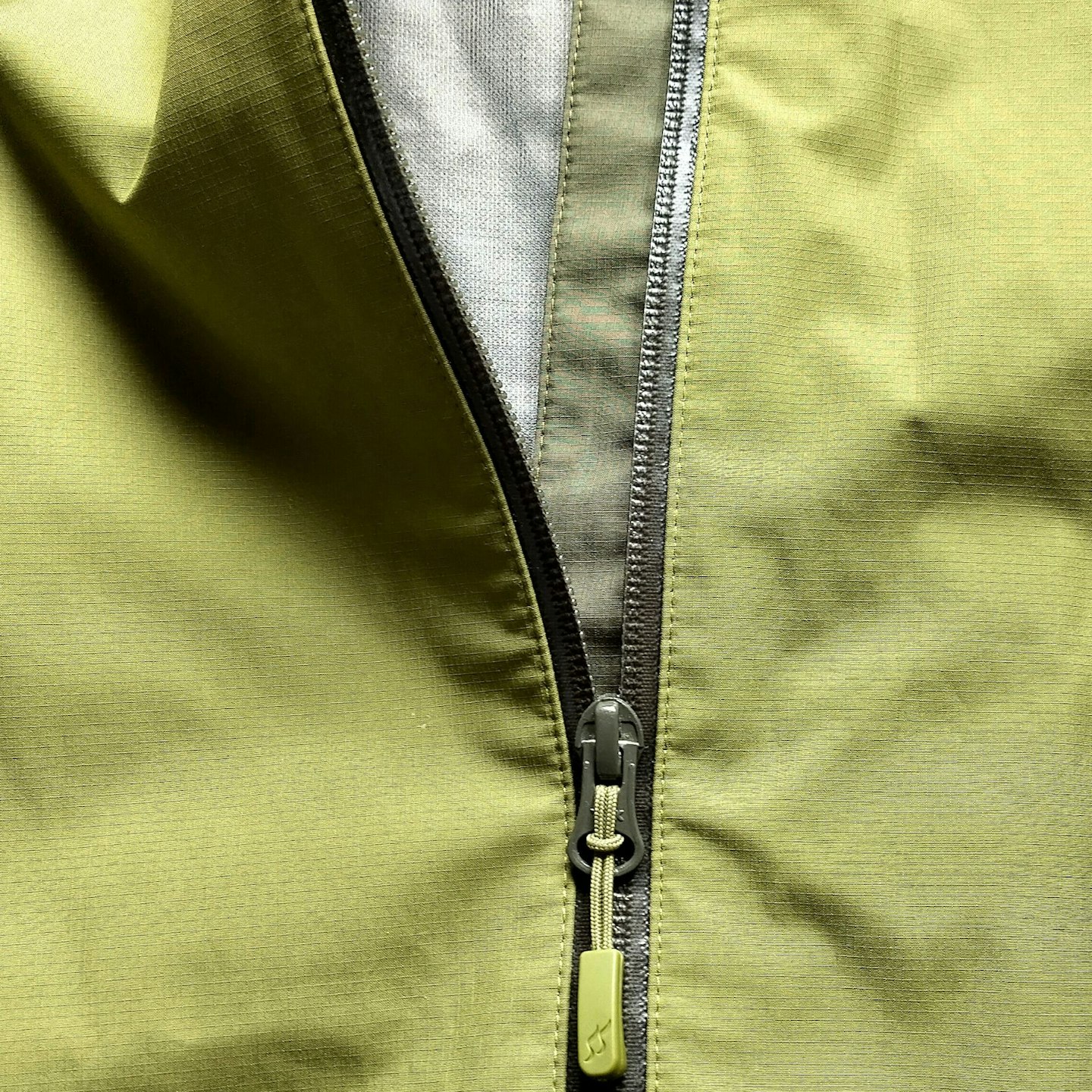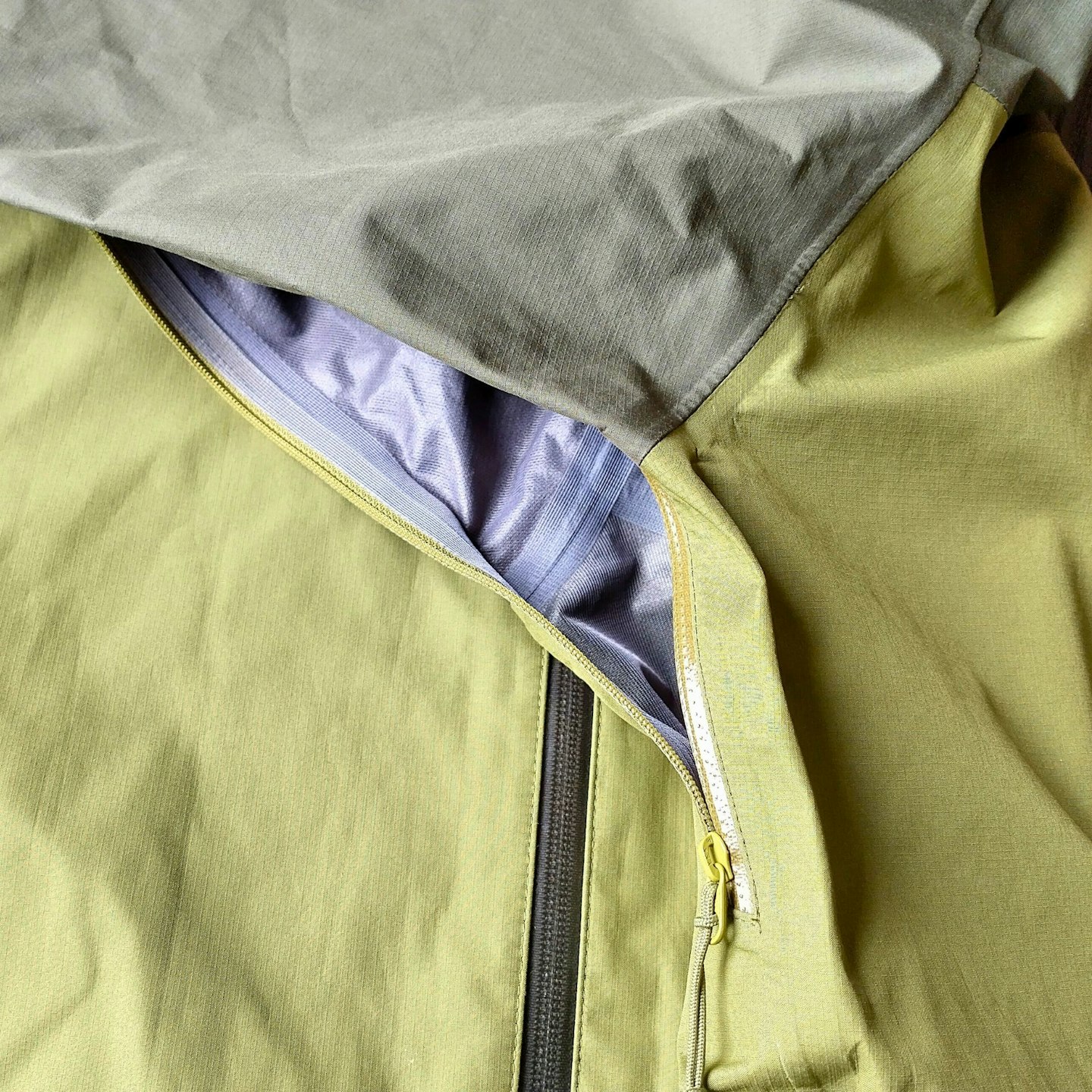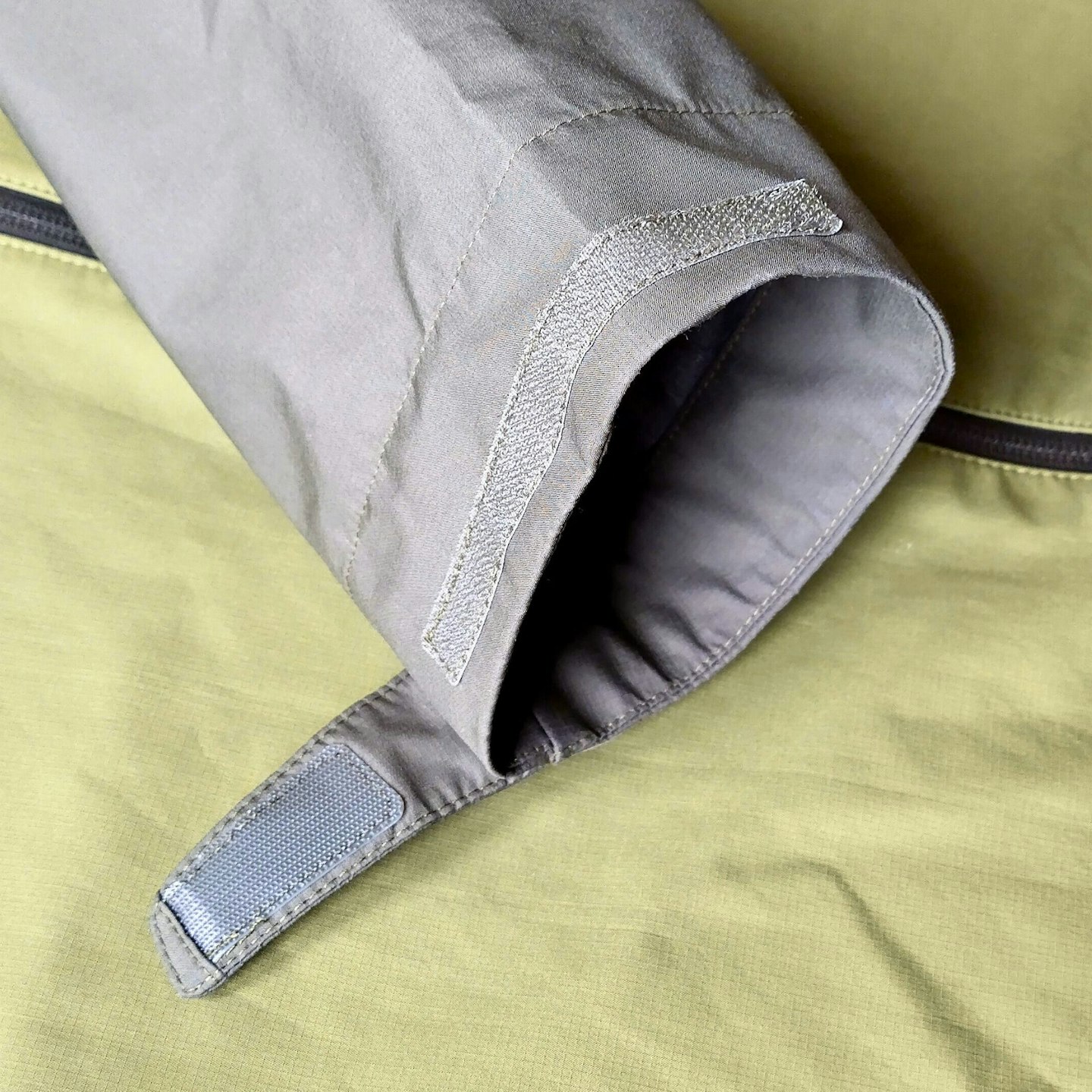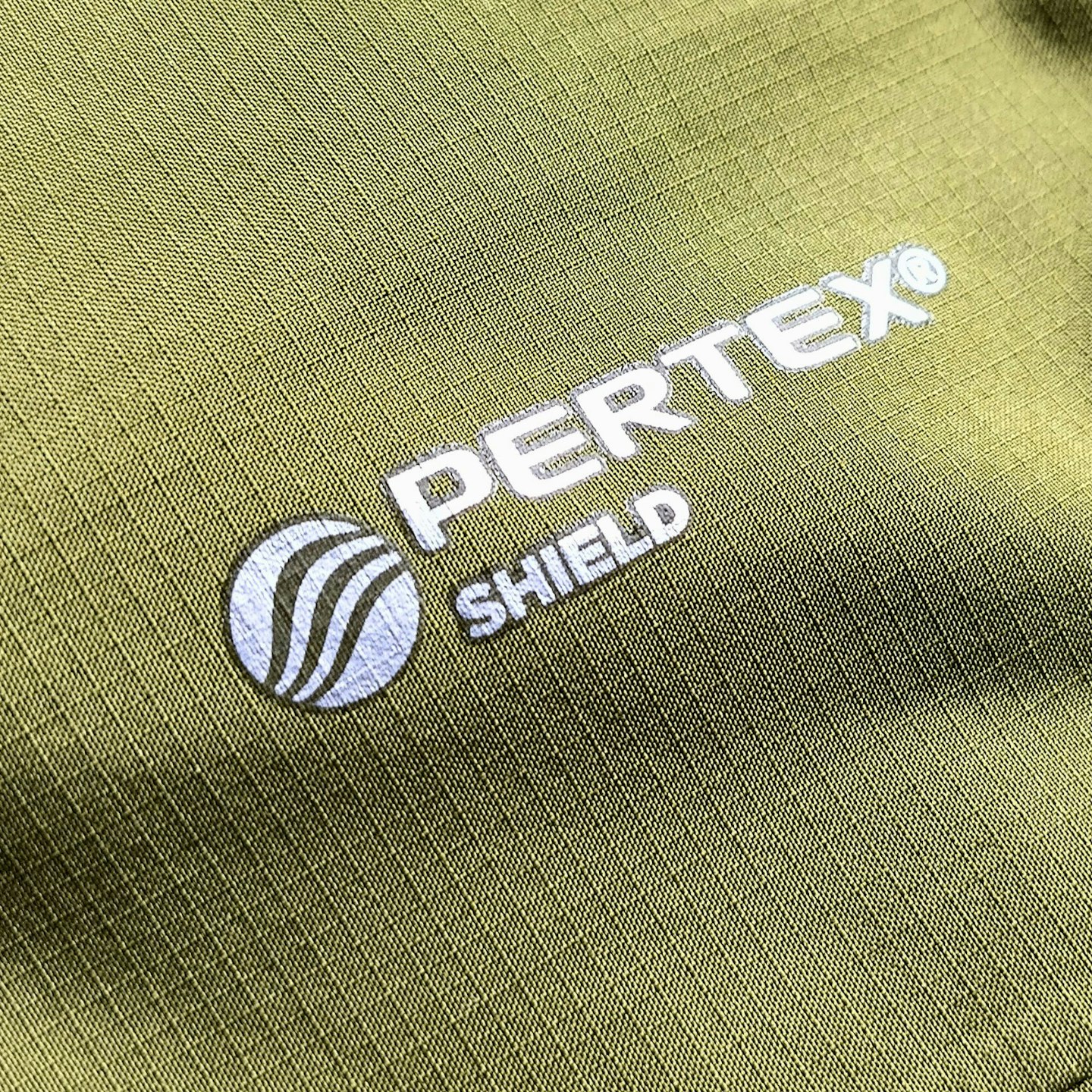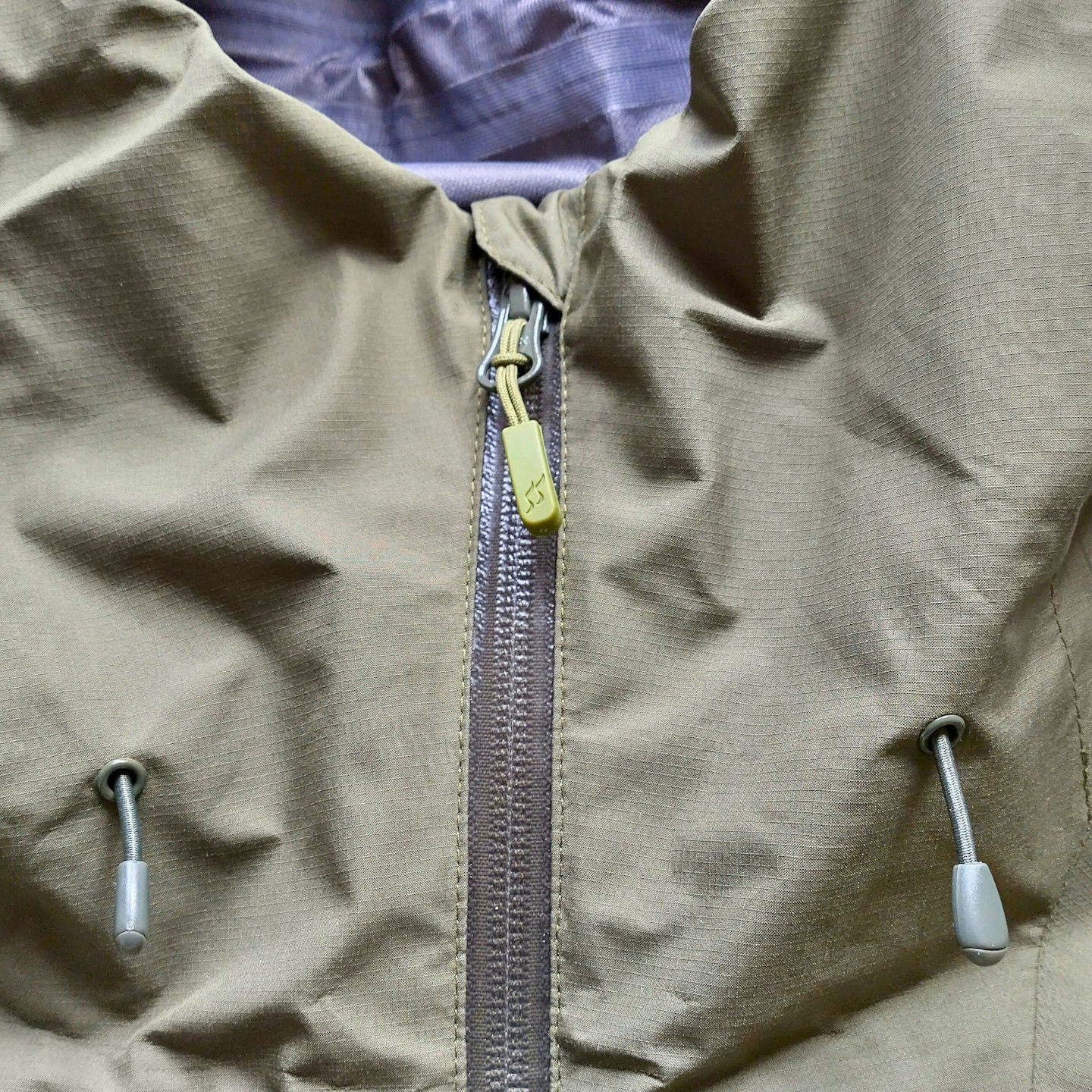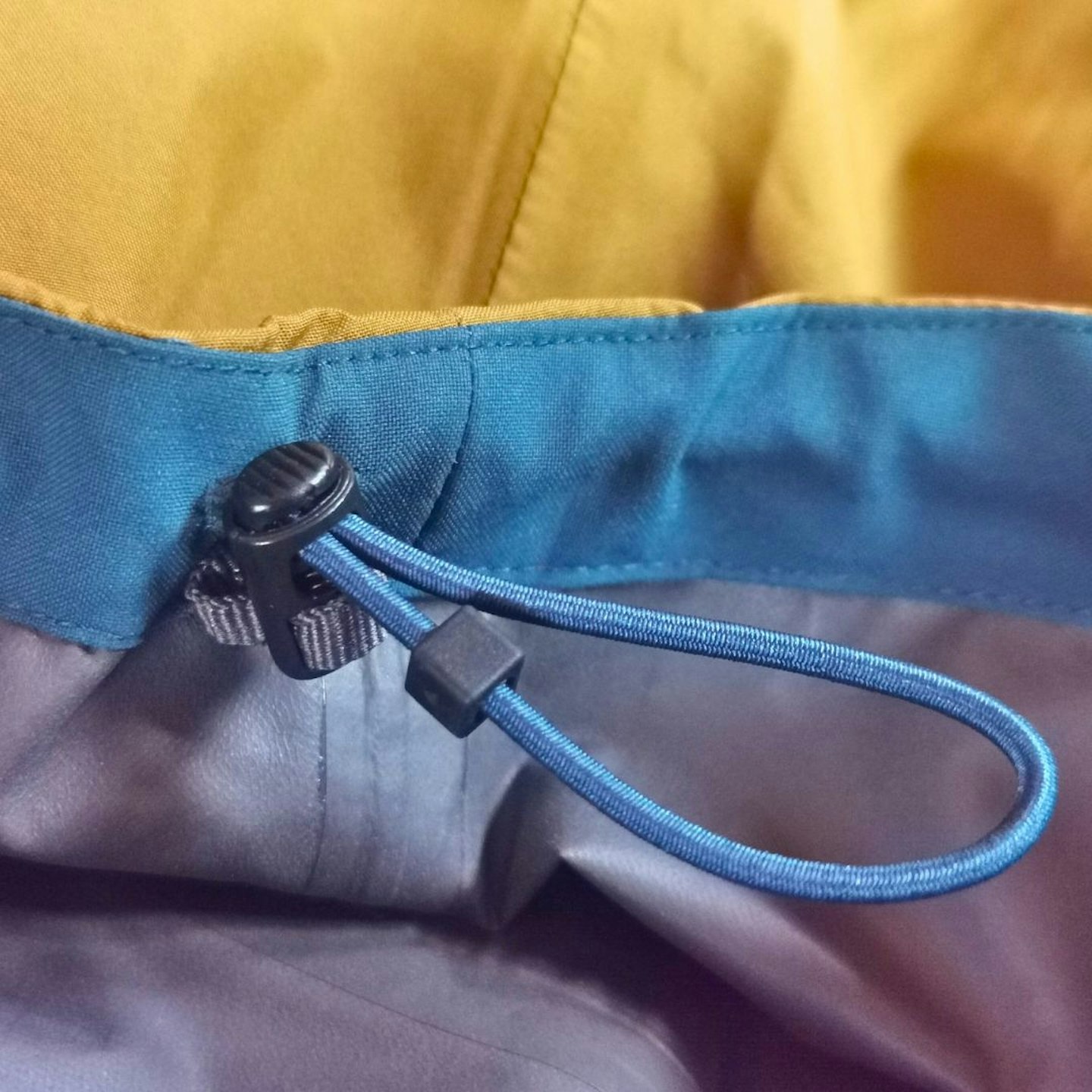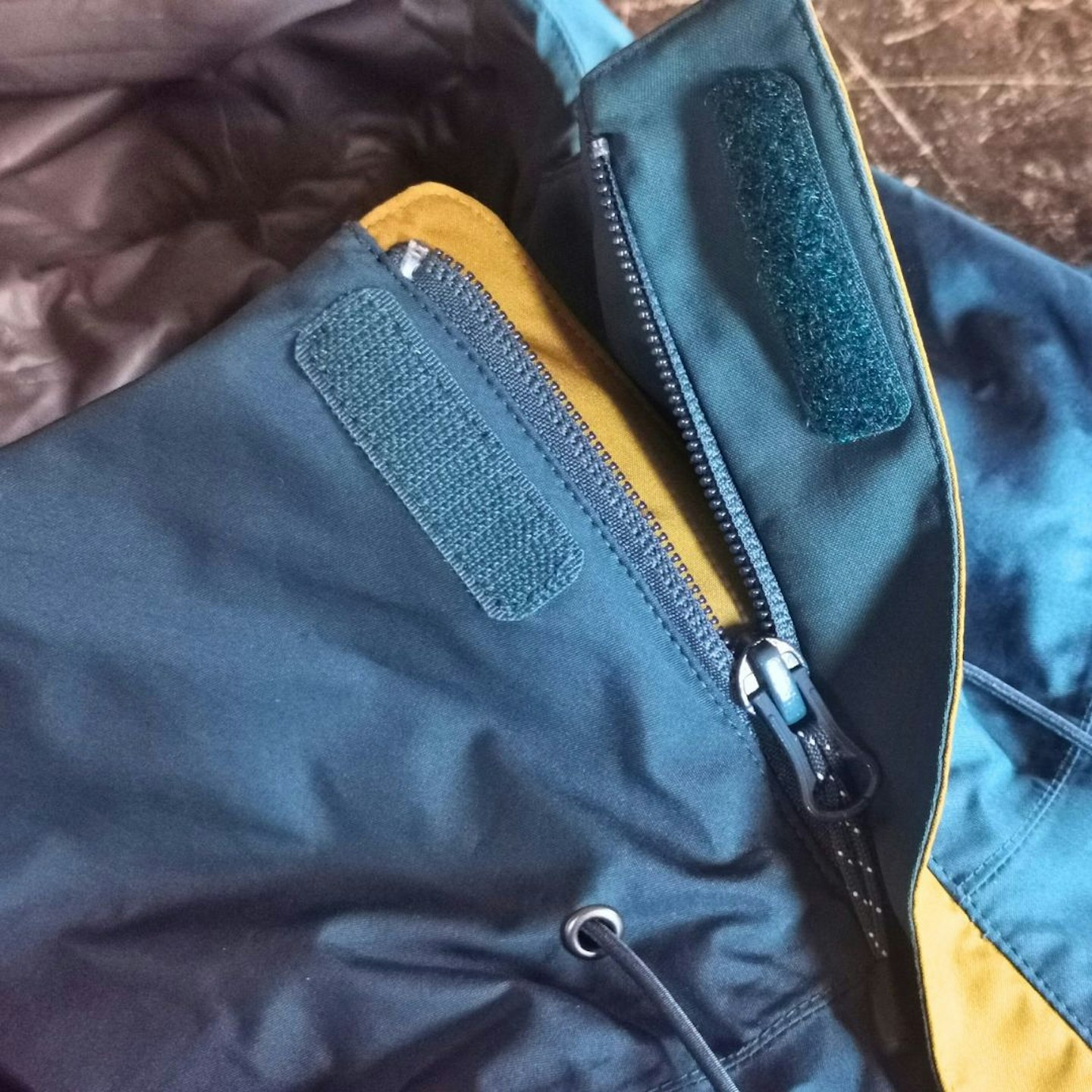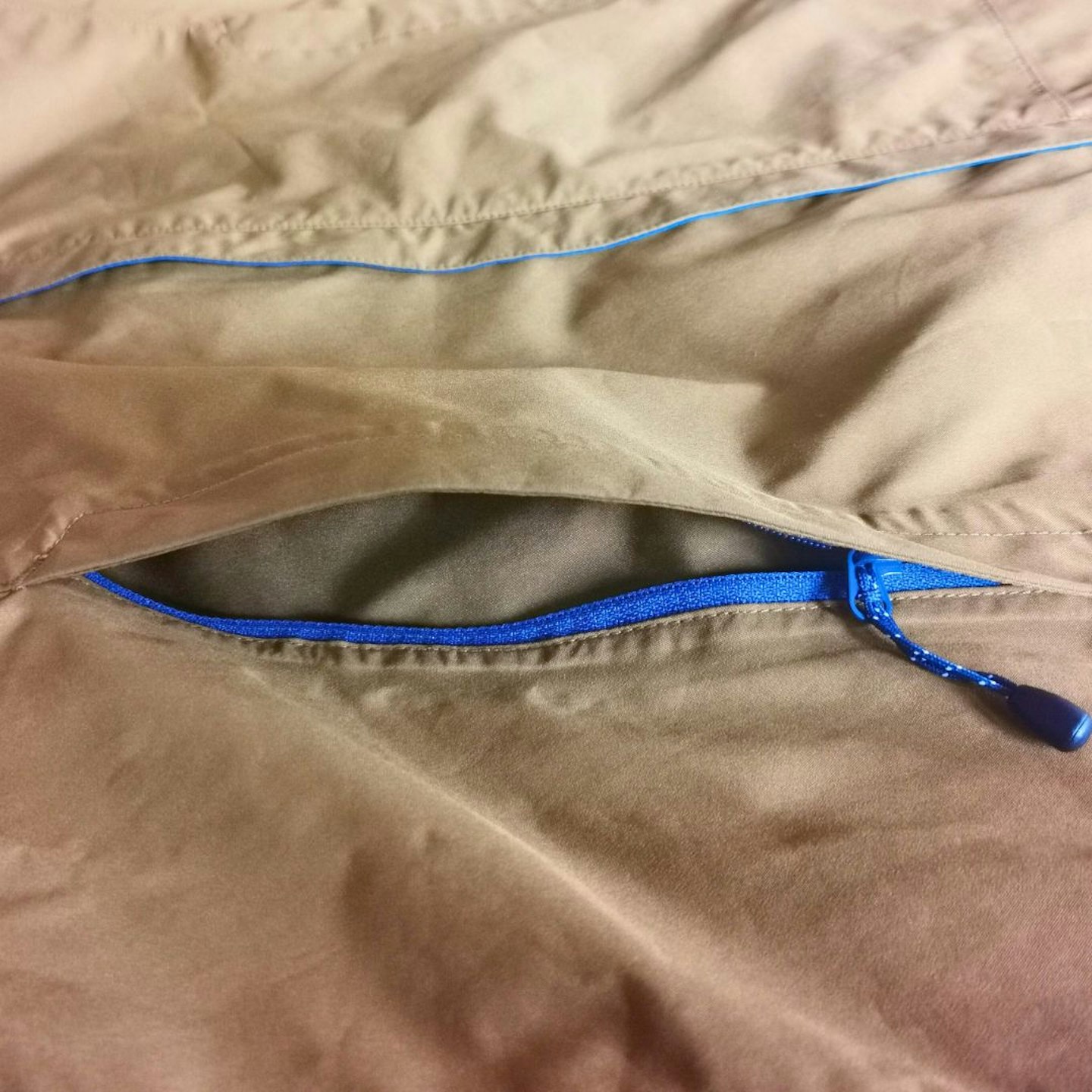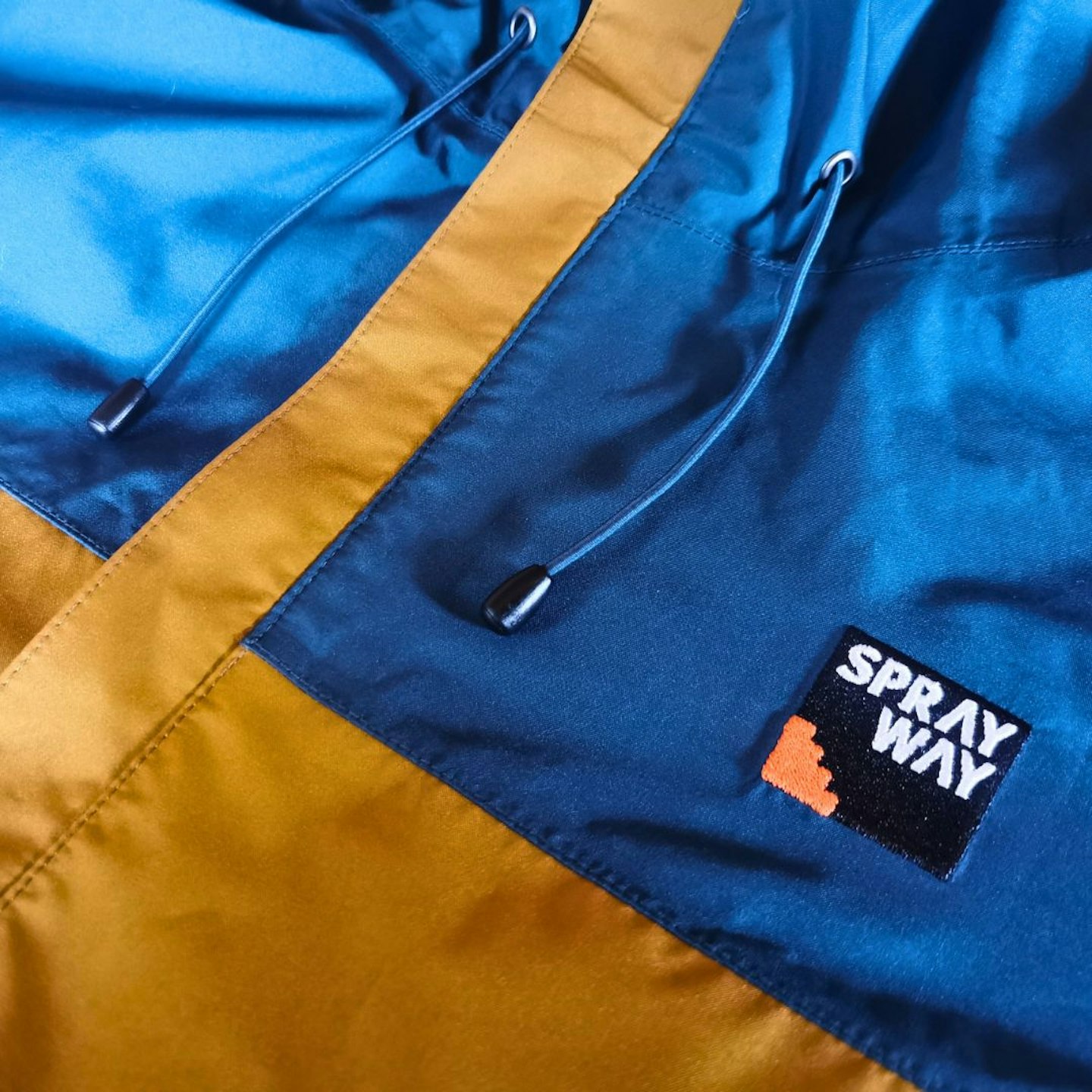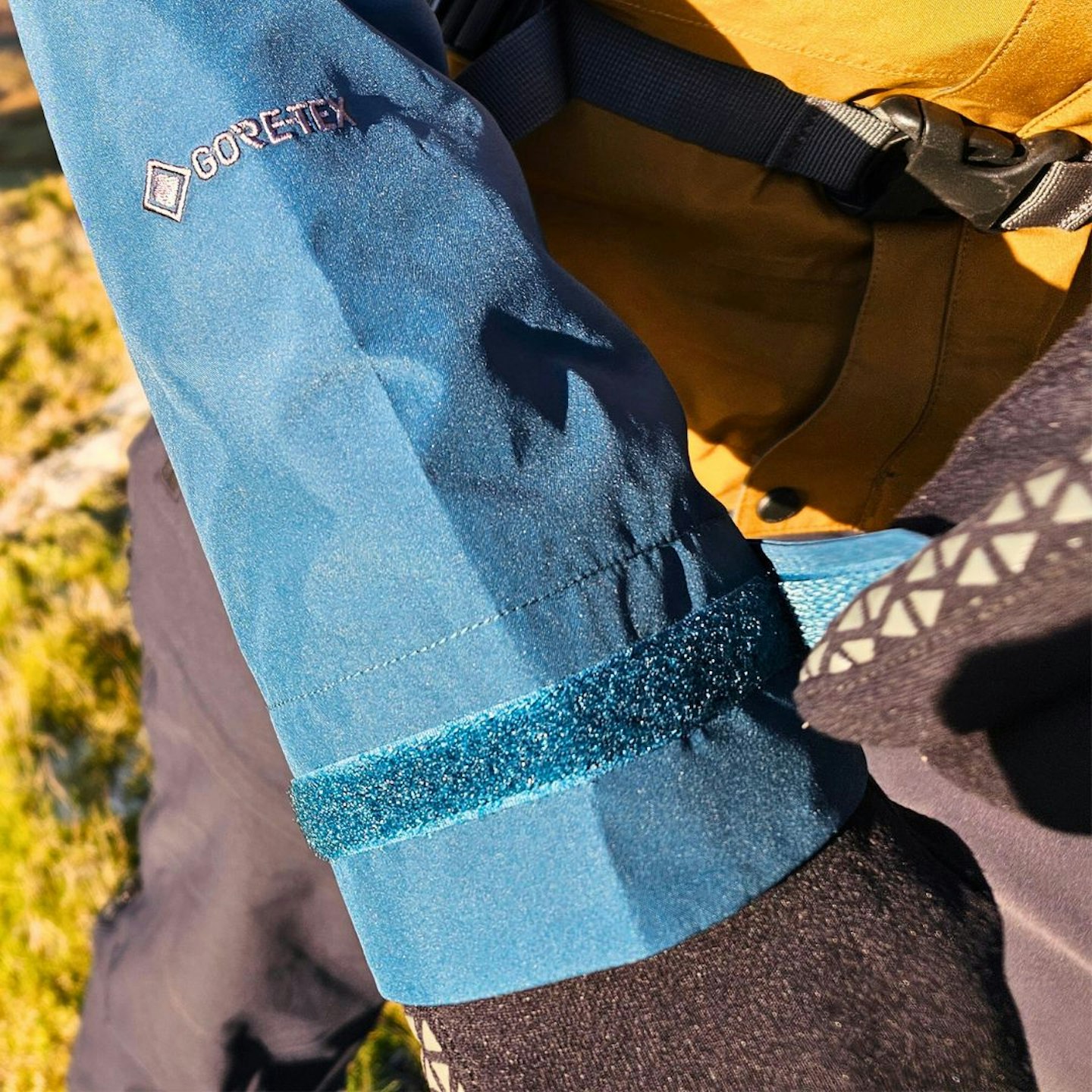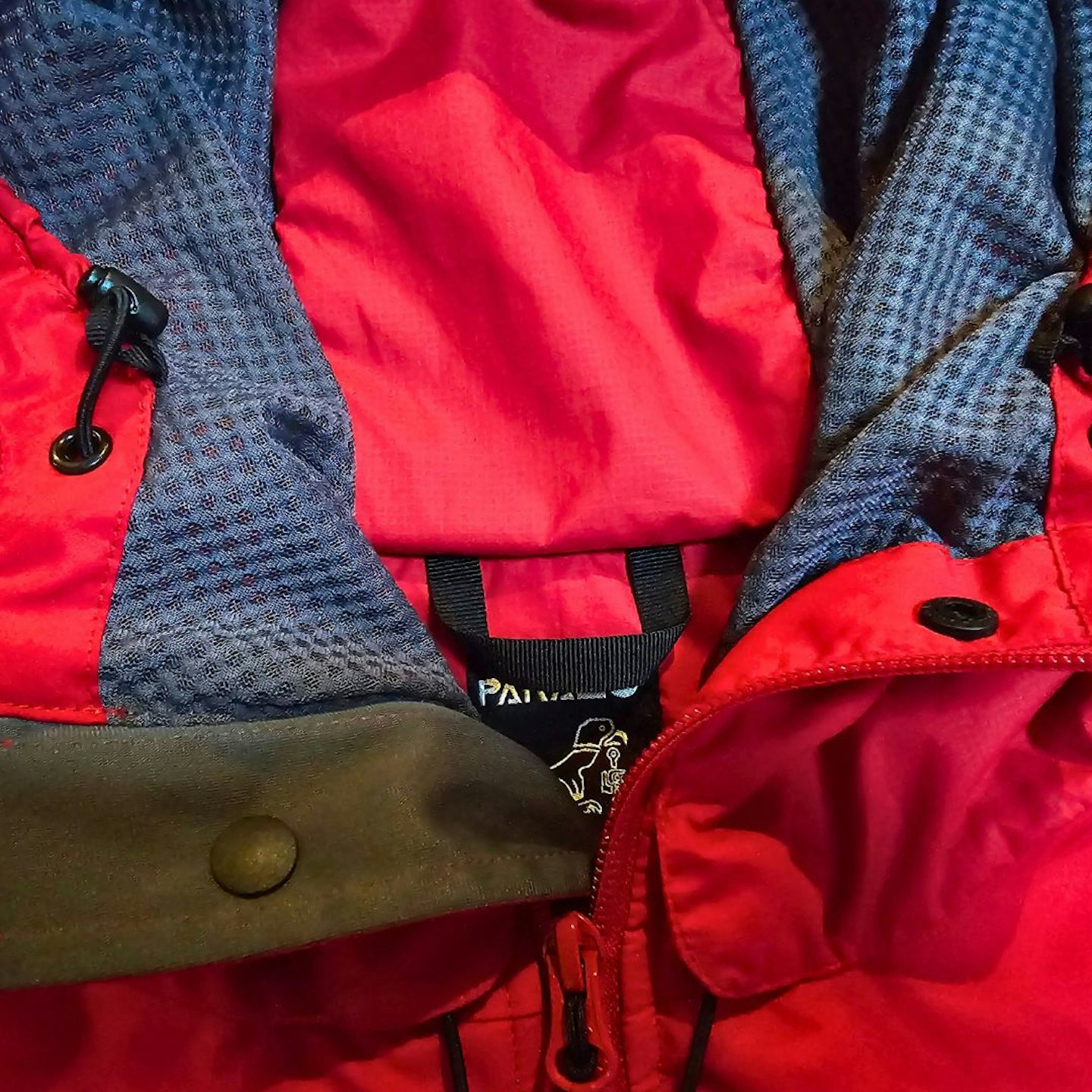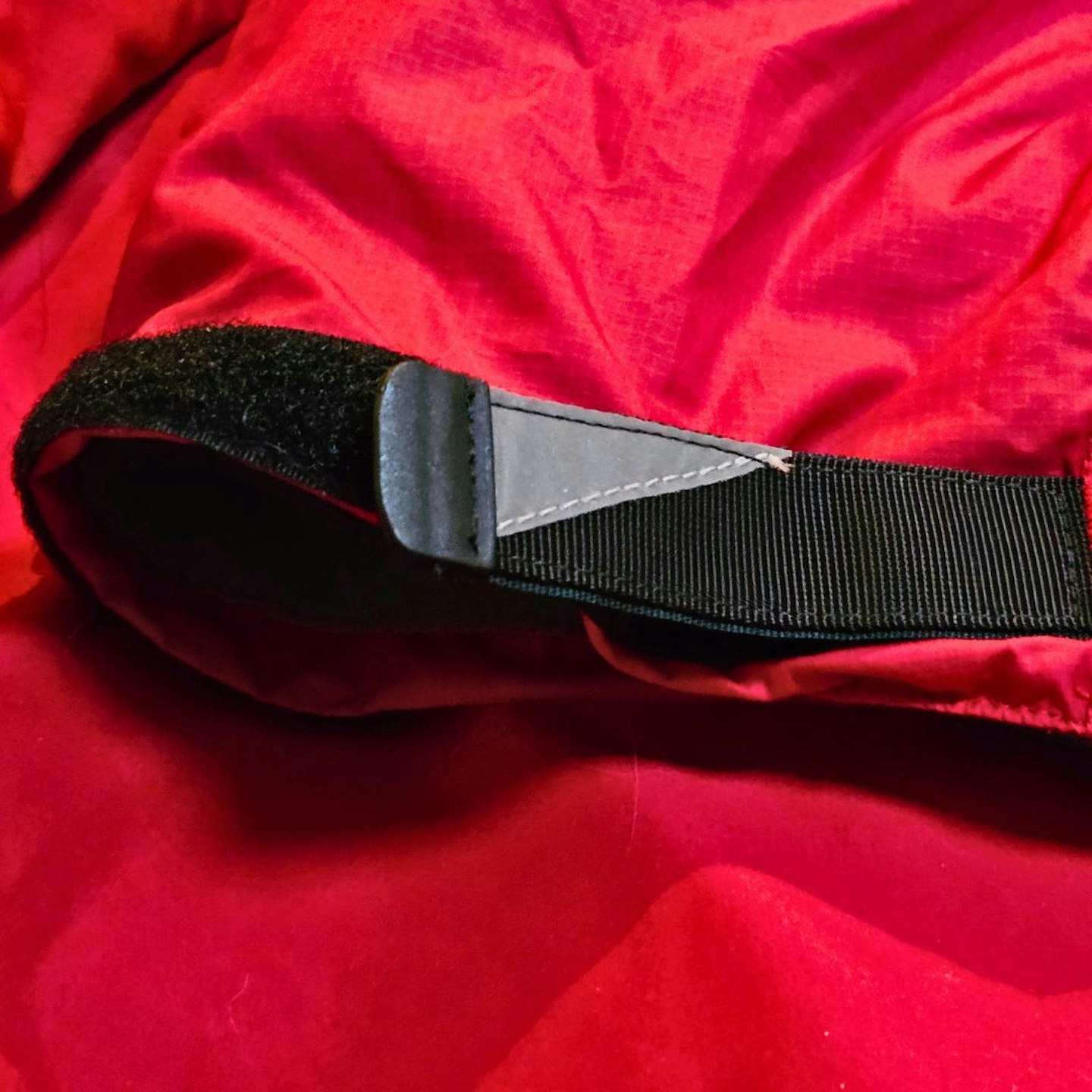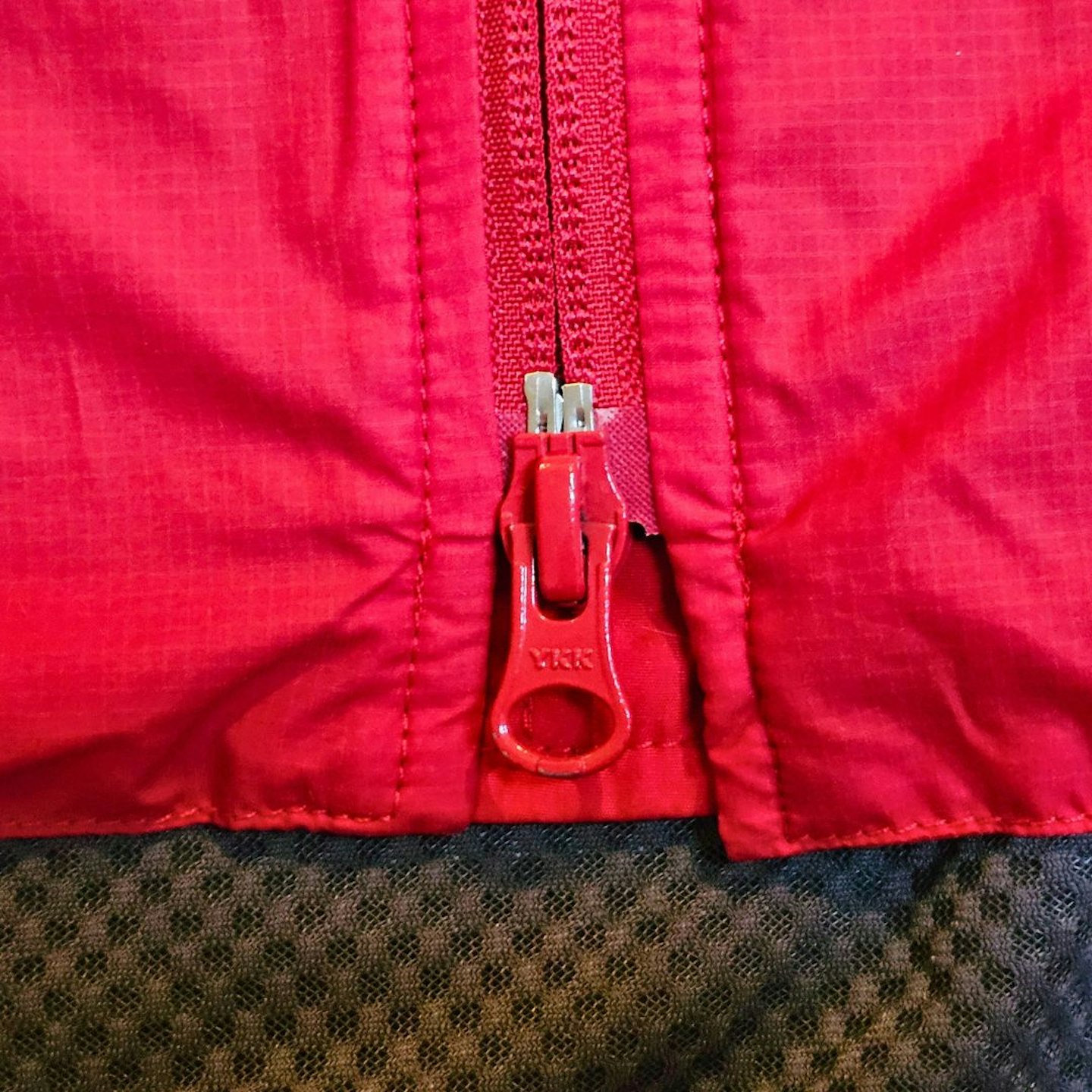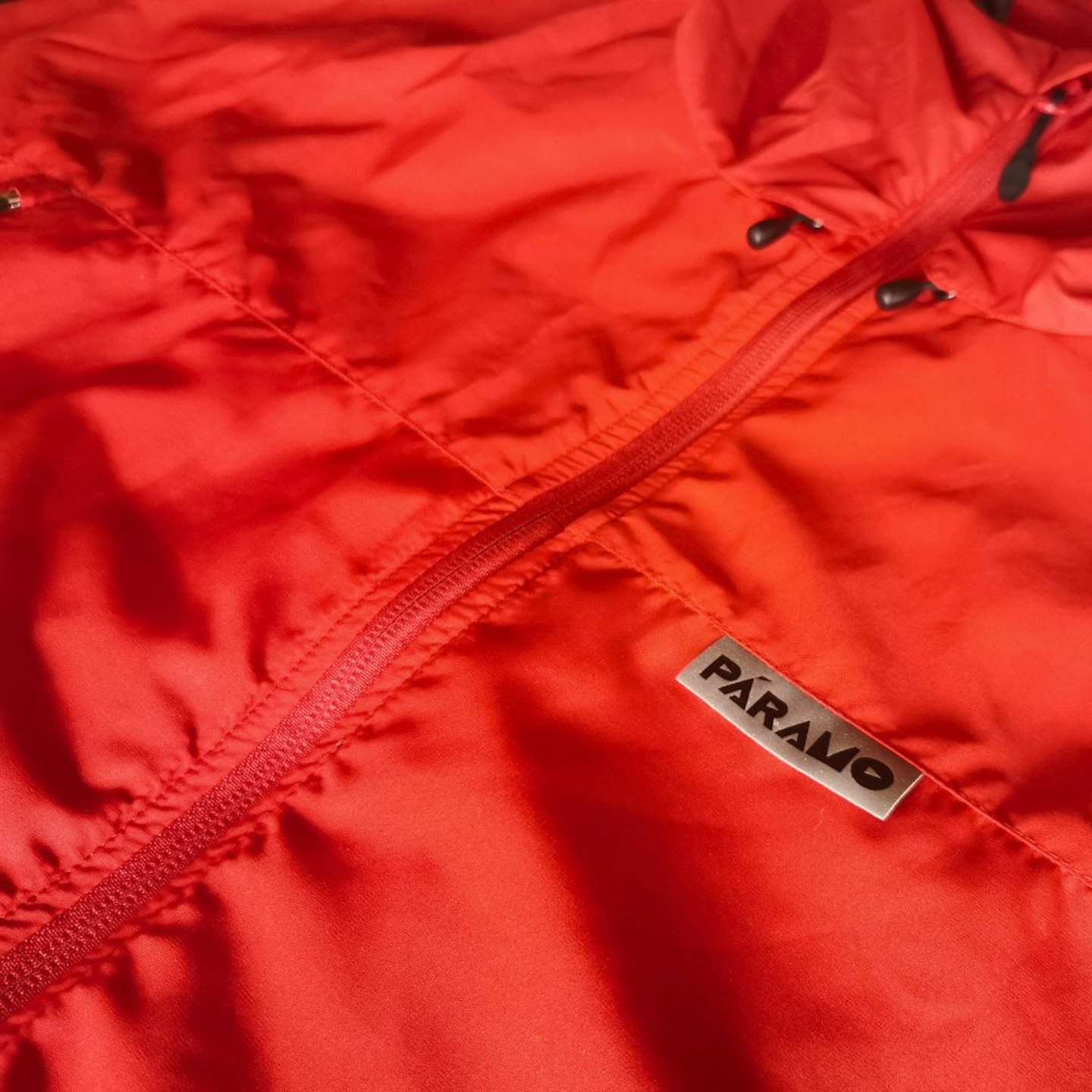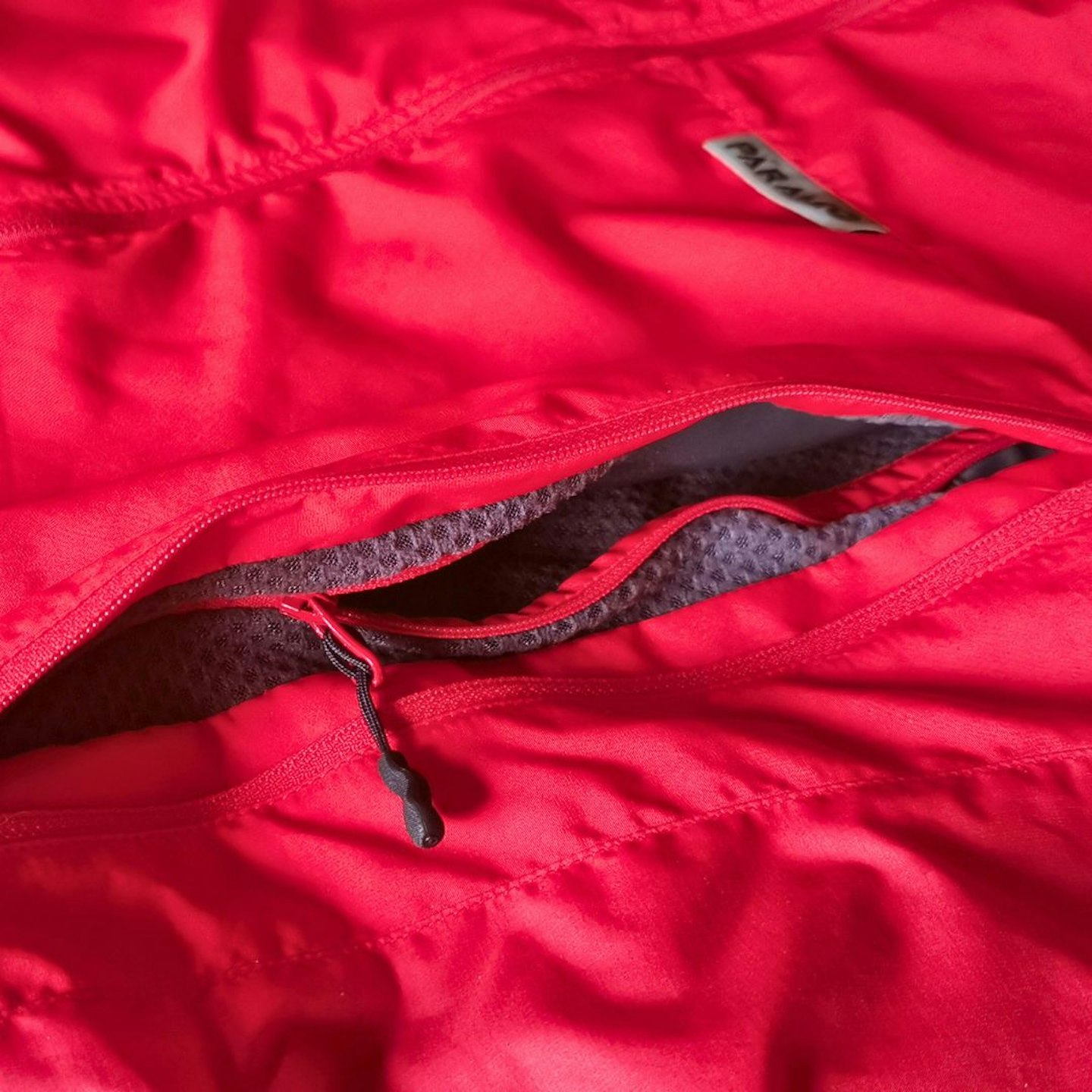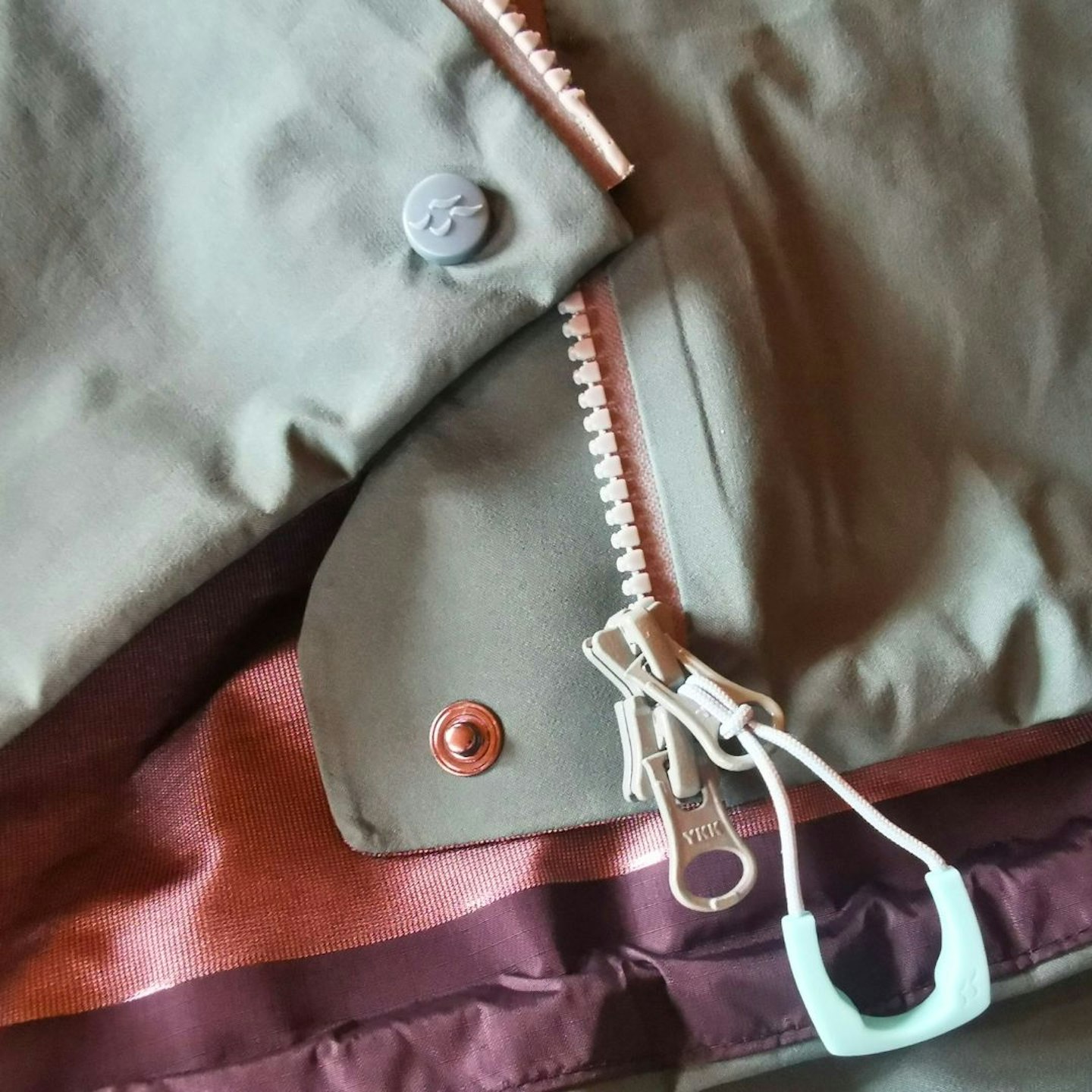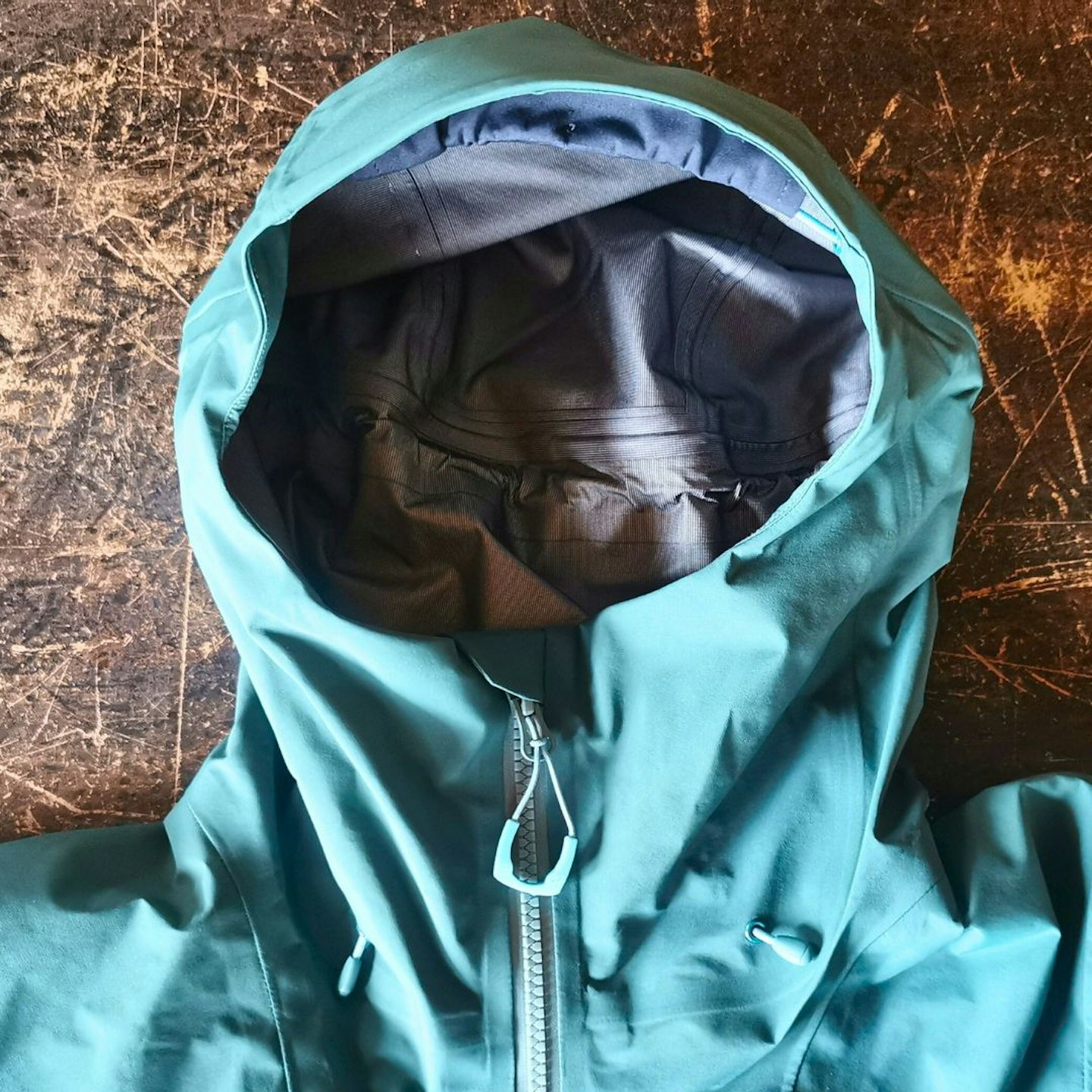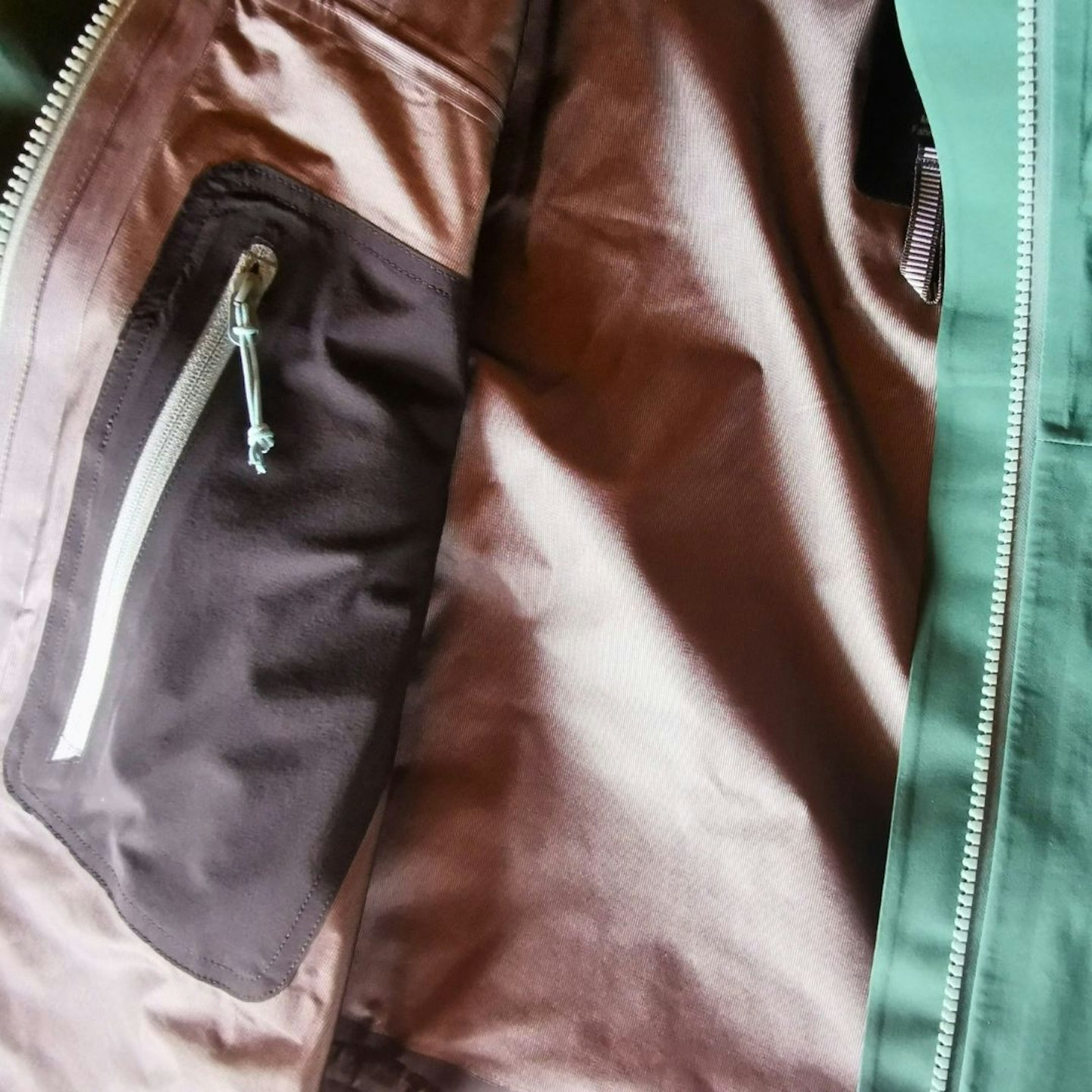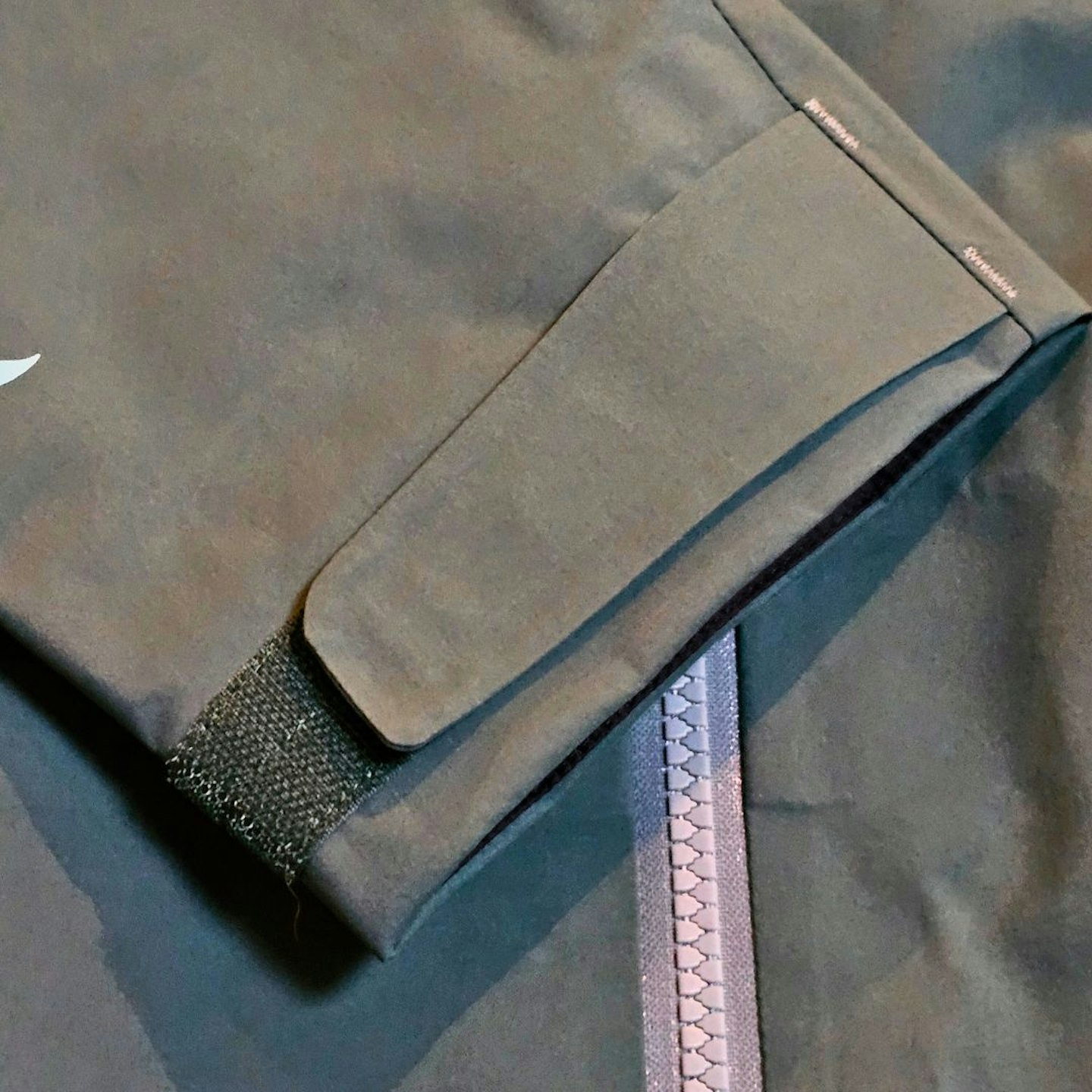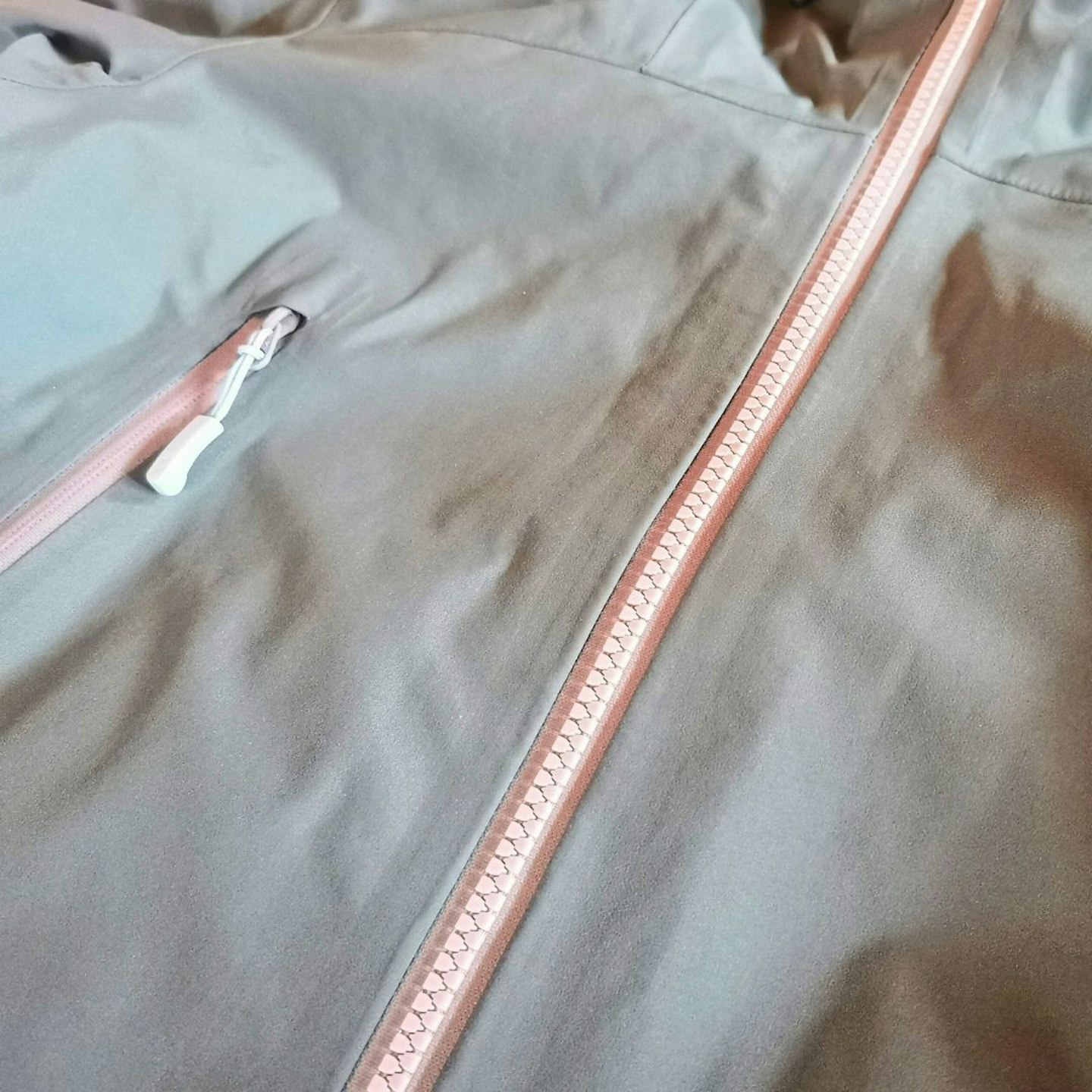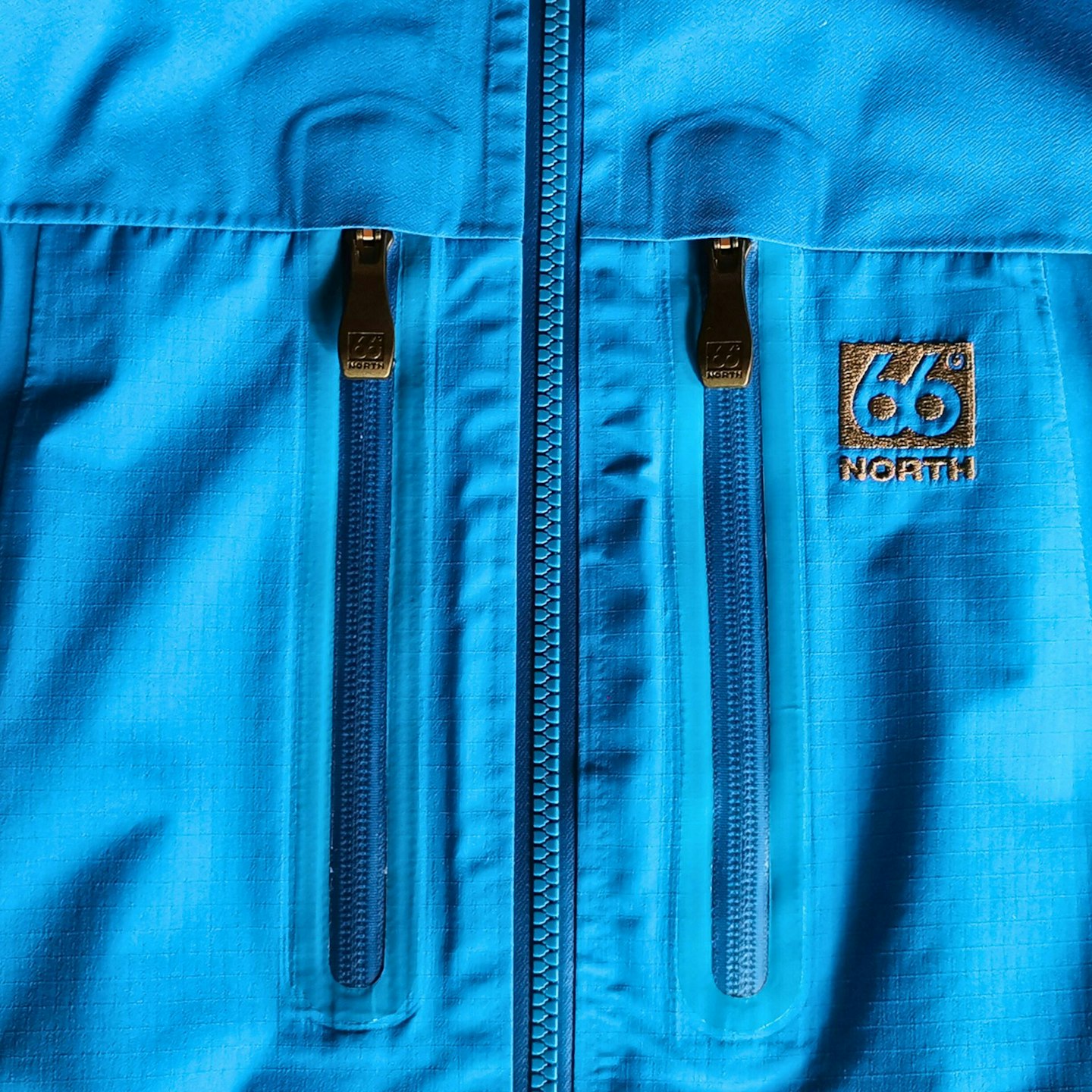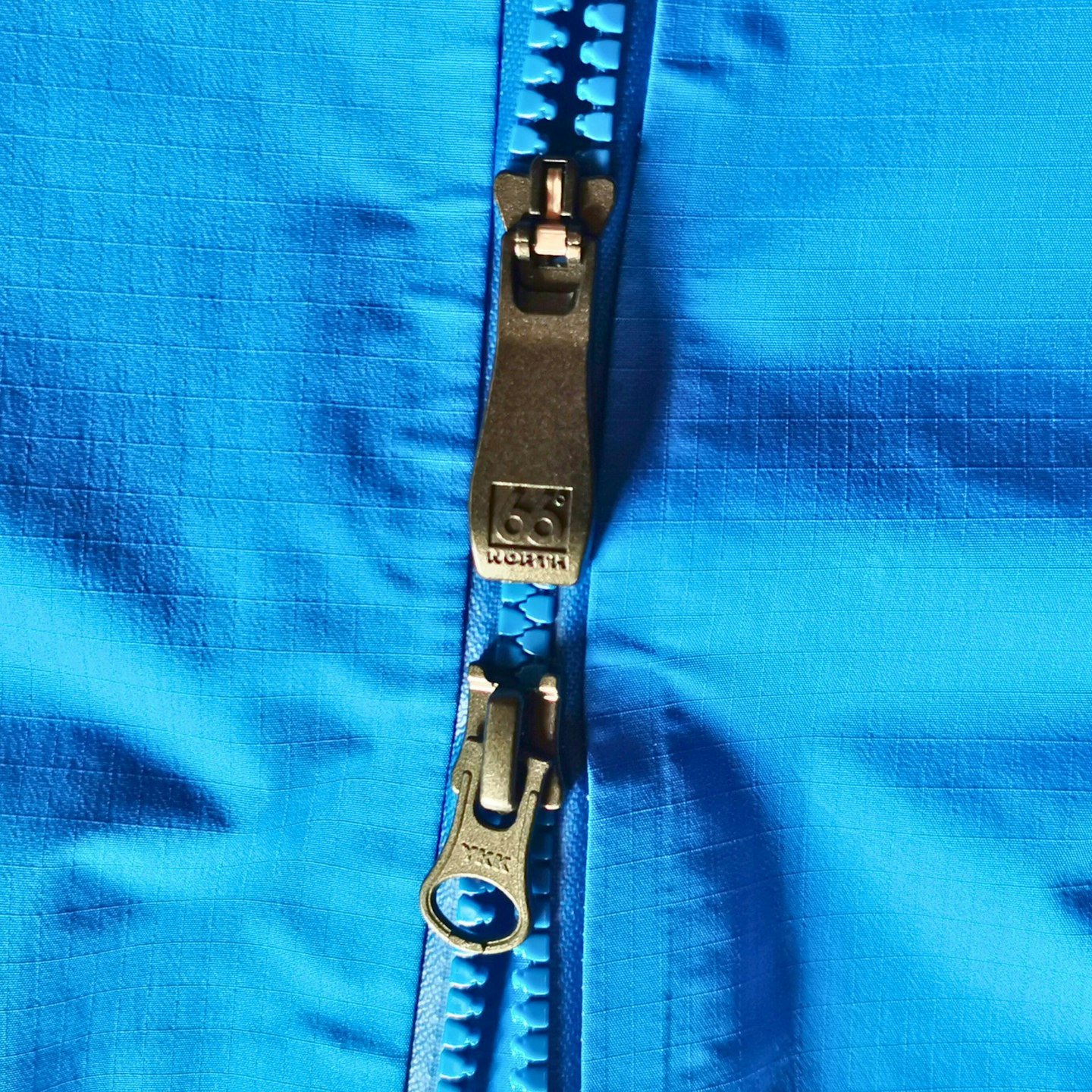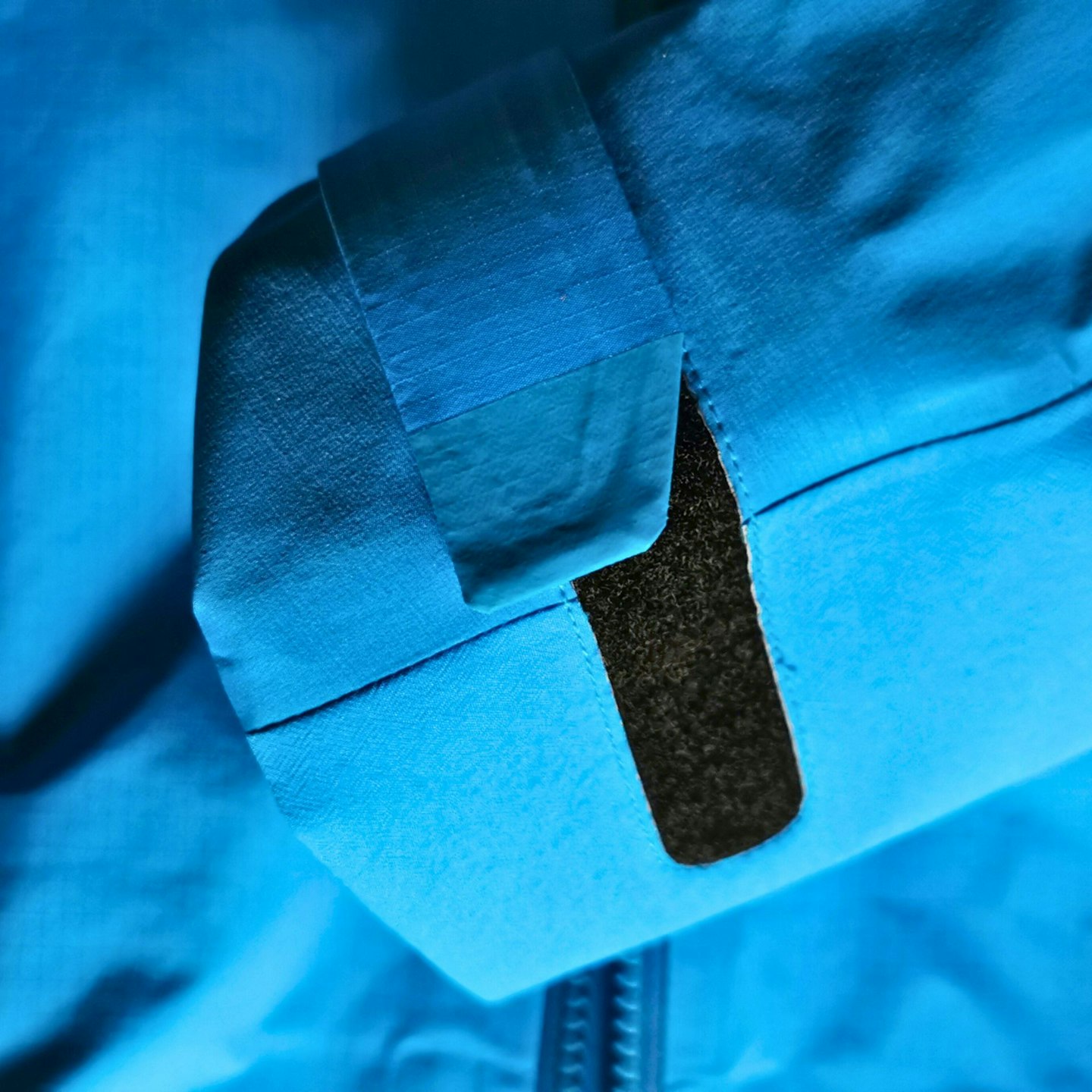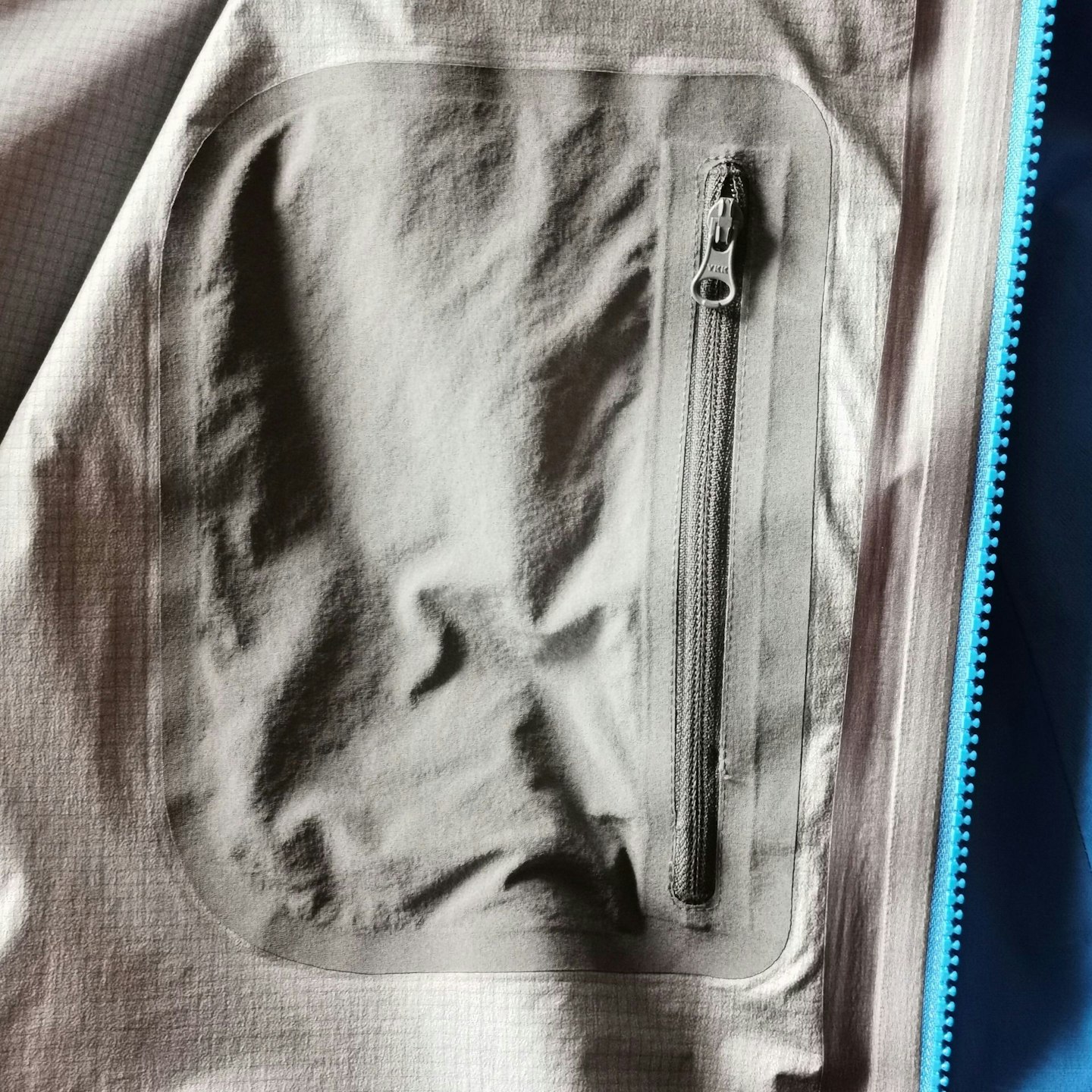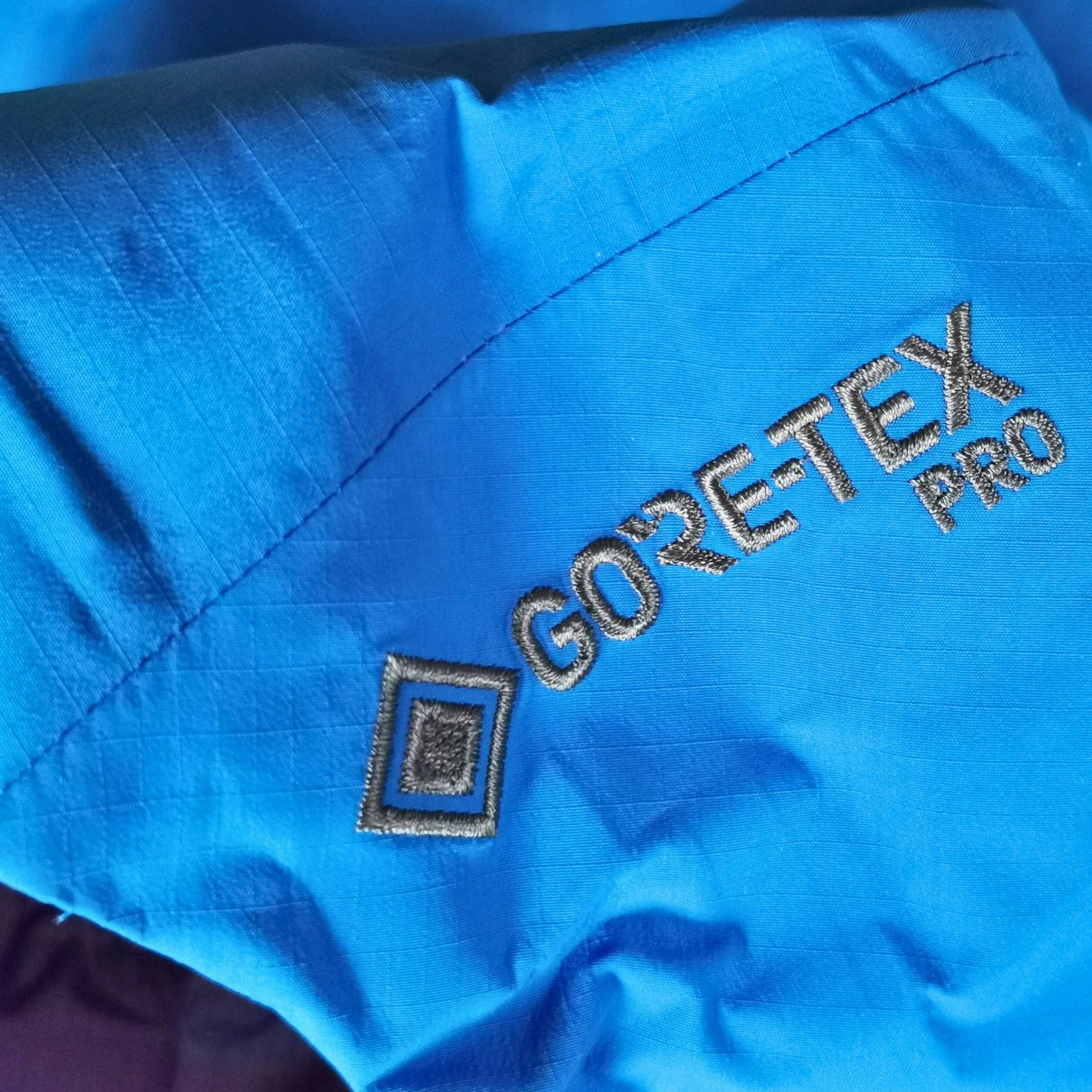There's no type of hiking jacket more essential for any outdoor enthusiast than a reliable waterproof jacket. Whether you hike regularly in the mountains or mostly walk on local trails, you'll eventually get soaked if you don't have proper rain protection.
So what makes a good waterproof jacket for walkers and hikers? It's not an easy question to answer with hundreds of options to choose from and such a wide range of prices, which is why our testers have been hard at work reviewing the latest releases to help you make a decision.
The LFTO and Trail magazine teams have been reviewing waterproof jackets on the toughest terrain in the toughest conditions for over 30 years – we've probably tested thousands of them to destruction. We know the key features to look for when you're shopping for a good deal, and that's what the guide below is all about.
Editor's note: With so many waterproof jackets released throughout the year, this article and the shortlist above are reviewed and updated regularly. The last update was June 2025.
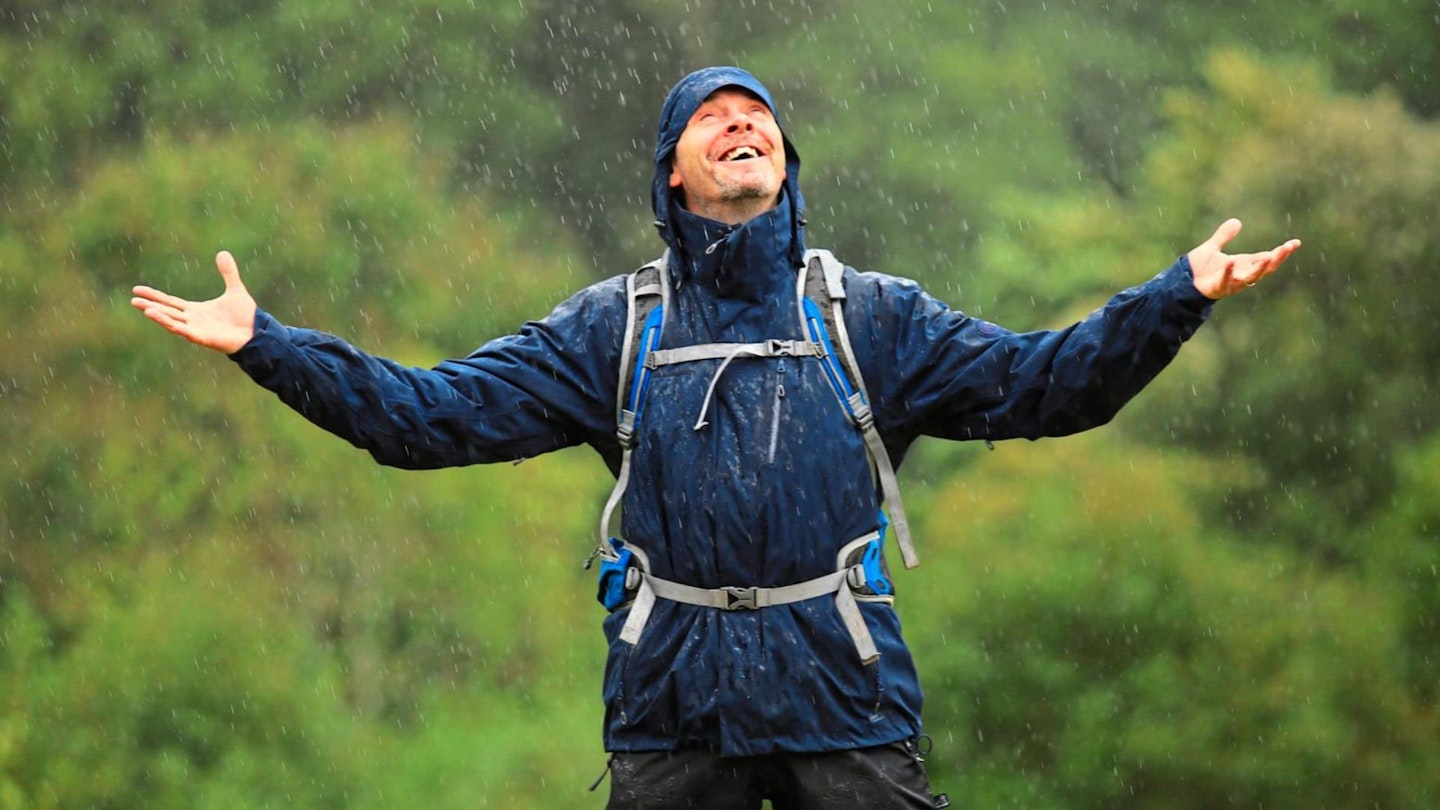
So whether you like a traditional three-season (meaning spring, summer and autumn) waterproof jacket, prefer something more lightweight, or want a jacket that can handle alpine winter routes, then our testers have used them and reviewed them below.
In this guide, we explain the different styles and models of waterproof jackets for hiking and give you expert tips on what to look for when shopping for yours. Our testers (see below) have also gone one further and recommended the waterproof jackets we've reviewed so far in 2025.
Best waterproof jackets at a glance
How we tested the best waterproof jackets
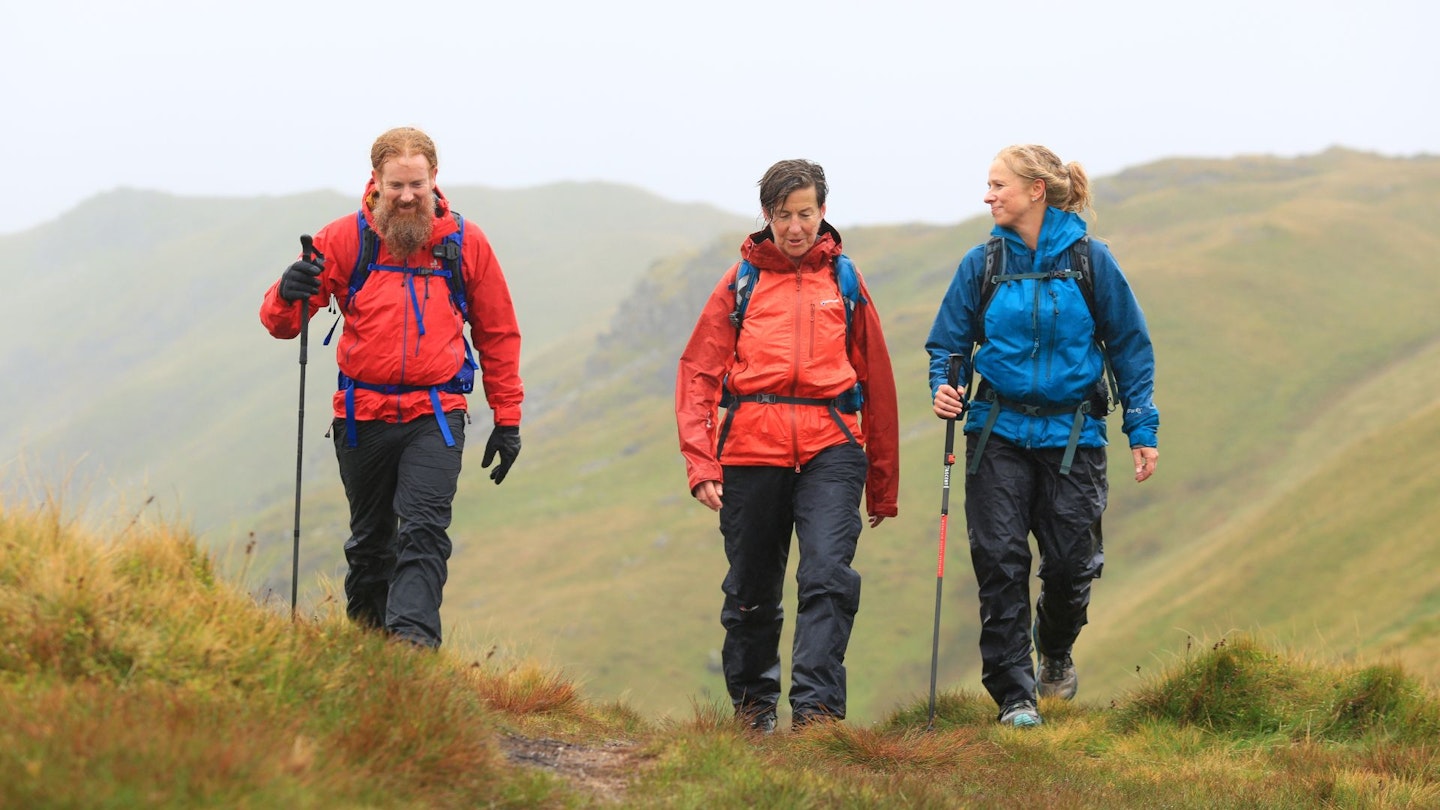
The waterproof jackets featured on this page are the pick of the bunch from everything the LFTO team has tested over the last 12 months. The bulk of the reviews were carried out by Matt Jones, who's been testing kit for LFTO and Trail magazine for over four years. Matt is based in North Wales and has climbed hundreds of mountains around the world, giving his gear a serious thrashing on every trip.
Other recommendations above come from Ben Weeks, Ellie Clewlow, Nick Hallisey, Fliss Freeborn and Chris Williams, whose testing trips have taken them to the Scottish Highlands, Snowdonia, Lake District, Yorkshire Dales and beyond, plus multiple days on long-distance backpacking trails.
How well a waterproof jacket keeps out moisture is just the start of what we look for in our reviews. We also test how comfortable and breathable they are; how well they're made in terms of longevity and durability; whether they're sustainable; and how their features work in real-world conditions like the kind of wind and rain that comes at you from all angles in the mountains.
Visit our 'how we test' page for more info on our testers, methods, and criteria.
Best waterproof jackets reviewed:
The Makalu has been part of the Mountain Equipment range for a while, but the latest version makes some important changes. Most notably, a new Gore-Tex membrane.
The membrane in question is Gore-Tex ePE - a new membrane that does away with the harmful PFCs the outdoor industry has relied on for years. A decade of development has ensured Gore-Tex ePE is as good as Gore-Tex you know and love.
On test, the Makalu performed brilliantly, especially since it's at least £200 less than many specialist winter waterproof jackets. We found the Makalu's 3-layer 75D construction is durable and comfortable enough to be worn all day, although it doesn't have any stretch.
At around 500g, the Makalu is also lighter than many rivals, and we definitely noticed that. We liked its long sleeves and protective hood, and in terms of storage, there are pockets aplenty - inside and out. It also has two-way pit zips and a two-way main zip with a chinguard, an inner stormflap and a bottom press stud.
**Read our full Mountain Equipment Makalu Jacket review or check out the women's version here.
**
Pros
- Gore-Tex ePE works brilliantly
- Tough 75D face fabric
- Lighter than many rivals
- Many pockets
- Offers excellent protection
Cons
- No stretch in fabric
| RRP: | £300 / $429 |
| Fabric: | 75D 3L Gore-Tex ePE w/ PFC-free DWR (28,000mm HH) |
| Men's sizes: | S - 3XL |
| Women's sizes: | 8 - 16 |
| Weight: | 520g / 1lb 2.3oz (men's L) |
We first reviewed this light and packable yet protective waterproof shell when it was released back in 2016. It’s been in Keela’s product range ever since, with various design tweaks over the years, and offers plenty of technical features despite weighing less than 350g.
We found the hood fits over a climbing helmet but has three-way adjustment to ensure it can be cinched in tightly and moves well with the head, while a wired peak deflects rain away from the face. The water-resistant two-way zipper zips right up to the nose and is fitted with a chin guard and an inner storm flap.
The Velcro-adjustable, partly elasticated cuffs are contoured to cover the back of the hands, and the hem has dual drawcord adjustment and a scooped tail for better protection. The jacket is not fitted with pit zips though, and when working hard uphill we did find ourselves wishing it had a bit more ventilation.
There are four pockets: a small inner zipped security pocket, plus a similarly sized outer zipped chest pocket. The two roomier zipped hand pockets are described as ‘harness-compatible’, but we found they were partly obstructed by a rucksack hip belt.
This jacket uses Keela’s in-house Aquaflex three-layer fabric, which is a bit crinkly but thin and light, so it feels very flexible. On the flipside, it buckles in the wind more easily than stiffer jackets. But only in the wildest and windiest weather did we wish for something a bit heavier.
Read our full Keela Cairn Jacket review or check out the women's version here.
Pros
- Lightweight
- Packable
- Well-priced
- Three layer construction
Cons
- Pocket design could be improved
- No pit zips
- Narrow cuff tabs
| RRP: | £179.95 / $205 |
| Fabric: | Nylon 3L Aquaflex 3L |
| Men's sizes: | XS - 3XL |
| Women's sizes: | 8 - 20 |
| Weight: | 340g / 11.99oz |
At £450 for a lightweight shell, it’s hard to argue that the Beta Lightweight is a good value buy, but this is one of the most well-balanced waterproofs around in terms of combining low weight and excellent packability with decent weather protection, breathability, and comfort.
The features are pared back to the essentials but are well-designed. This includes two well-placed, fully lined hand pockets plus a zipped inner chest pocket. The laminated main zip has a small inner storm flap with a soft chin guard, and all the zips have chunky, easy-to-grab pullers.
There are dual hem drawcords, Velcro-adjustable cuffs and a fully adjustable hood with a stiffened peak. It's helmet compatible, so it's quite large, but does cinch in tight. Indeed, the overall cut is slightly roomier than most European mountain brands, but we loved the longer hemline and sleeves, which provide excellent all-round coverage.
The Beta Lightweight is made from three-layer Gore-Tex C-Knit fabric (an extremely thin circular knit for a less bulky backer) with a 40- and 70-denier ripstop nylon face. It’s soft and smooth and slides easily over other layers.
Top-level waterproof and breathable performance is courtesy of Gore-Tex ePE – the latest innovation from Gore-Tex that does away with PFCs. It offers superb durability and comfort (though like almost all Gore-Tex membranes it is slightly crinkly). Moreover for sustainability, the Beta Lightweight is also made in a Fair Trade Certified factory.
All in all, it’s a quality waterproof fabric that outperforms typical 2 or 2.5-layer rivals like Gore-Tex Paclite, whilst being just as lightweight and packable. There aren’t too many other brands that can turn out three-layer Gore-Tex jackets that tip the scales at just 350g. It’s an impressive feat.
Read our full Arc'teryx Beta Jacket review for more or see the women's version here.
Pros
- Top-level performance
- Very comfortable
- Surprisingly durable
- Good features
Cons
- Oversized hood
| RRP: | £350 / $400 |
| Fabric: | 3-layer 40D, 70D nylon and Gore-Tex ePE w/ PFC-free DWR (28,000mm HH) |
| Men's sizes: | XS - 2XL |
| Women's sizes: | 2XS - 2XL |
| Weight: | 340g / 11.99oz |
Finisterre’s origins are from surfing, not hiking. And that’s where the company still positions itself, although it’s branched out into a wider range of gear since its early days.
One of the resulting garments is the Stormbird Waterproof Jacket. It’s the brand’s flagship waterproof, offering a 3-layer construction and a 20,000mm HH rating to ward off teeming rain.
Unlike most technical waterproof jackets these days, the Stormbird is made from polyester rather than nylon. It’s therefore heavier, but not as rustly – it's also nicer to touch.
A breathability rating of 15,000g/m²/24 hours isn’t class-leading but is good enough for leisurely walking pace. There are some features missing that prevent the Stormbird from being a ‘technical’ jacket, such as pit zips and a wire peaked hood. But it’s durable and protective enough to be used for almost any 3-season hike, including in the mountains.
Finisterre is a certified B Corp and seems to make sustainability habitual rather than something forced upon it by circumstance. It’s very upfront about its suppliers and manufacturers, the materials it uses through to prolonging the life of your gear and repairs.
Read our full Finisterre Stormbird Waterproof Jacket review for more or see the women'sversion here.
Pros
- Comfortable
- Durable
- Sustainable
Cons
- Heavier than many rivals
- No pit zips
| RRP: | £250 / $295 |
| Fabric: | Recycled polyester 3-layer w/ PFC-free DWR (20,000mm HH) |
| Men's sizes: | XS - XXL |
| Women's sizes: | 6 - 18 |
| Weight: | 645g / 1lb 6.75oz |
Offering performance, quality, and commendable eco credentials at a reasonable price, the Rab Arc Eco waterproof jacket takes our Best Value award.
It’s suitable for any British hike, except for deep winter mountain expeditions. The 3-layer construction makes the Arc Eco durable and breathable and reasonably lightweight too. It’s certainly light enough to carry with you on summer hikes as an emergency waterproof layer. Yet, it’s also a brilliant 3-season waterproof.
We like the inclusion of a wire peaked hood and pit zips. Touches like these promote the Arc Eco from decent waterproof jacket to proper 3-season waterproof. The fit is quite relaxed and very easy to layer with, but certainly isn’t very flattering.
In terms of pockets, there are only the two external side pockets. They’re big and nicely placed, but a small chest pocket or internal pocket would also have been useful.
The Arc Eco is fully recycled and designed to be recyclable by using a single polymer fabric. It’s also PFC-free and Rab is a Fair Wear Foundation member with ‘Leader’ status with an in-house repair service also available.
Read our full Rab Arc Eco Waterproof Jacket review and see the women's version here.
Pros
- 3-layer construction
- Sustainable
- Versatile
- Many colours
Cons
- You may want a more athletic fit
| RRP: | £235.00 |
| Fabric: | Recycled 50D 3-layer Pertex Shield Revolve w/ PFC-free DWR (20,000mm HH) |
| Men's sizes: | S - XXL |
| Women's sizes: | 8 - 16 |
| Weight: | 428g / 15.1oz |
The Cape Wrath Trail is one of the UK’s toughest long-distance walks. For Sprayway to name this jacket after it shows its confidence in its capabilities.
It’s very packable and fairly light, being made from the latest generation of Gore-Tex Paclite Plus with a 75-denier polyester face (made from 100% recycled fabric) and a dry-touch backer for a more pleasant next-to-skin feel.
The two roomy hand pockets sit above a rucksack hip belt. They have easy-grab pull tabs and though the zips aren’t laminated they are protected by external storm flaps. The main zipper also has both inner and outer storm flaps plus a bottom press stud to prevent zip creep. The Velcro closure at the chin has a soft microfibre lining to prevent irritation.
The hood has a wired peak plus rear volume adjustment and twin face drawcords. We found you need to cinch everything quite tightly to get a secure fit, though, and this means there are two elastic cords dangling outside the jacket which flail around in high winds.
At the hem, there are dual elasticated drawcords for easy adjustment. The fully adjustable Velcro-tabbed cuffs are shaped to cover the backs of the hands and all-round mobility is very good with the articulated sleeves offering full freedom of movement without too much hem lift.
The Cape Wrath is available in both men’s and women’s versions but is generously proportioned. Our tester Matt ended up sizing down from his usual Large to a Medium for a better fit.
Read our full Sprayway Cape Wrath Jacket review or see the women's version here.
Pros
- Lightweight
- Packable
- Well-priced
Cons
- Only 2 pockets
- No zips
| RRP: | £130 |
| Fabric: | Recycled 75D polyester 2.5L Gore-Tex Paclite Plus (28,000mm HH) |
| Men's sizes: | S - 2XL |
| Women's sizes: | 8 - 18 |
| Weight: | 400g / 14.11oz |
Paramo don’t do waterproof ‘shells’ in the conventional sense. Rather than relying on a membrane, the Velez uses Nikwax’s Analogy system; a two-layer fabric with a water-repellent outer and a mesh ‘pump liner’ that transports moisture away from the body.
It has all the features of a technical mountain jacket: a protective wire-brimmed adjustable hood, a drop tail hem with dual drawcords, adjustable cuffs with sturdy tabs, and zipped sleeve vents for ventilation.
You can further vent the jacket via twin torso vents, which have secondary zippers to give access to roomy hand pockets positioned out of the way of a rucksack hip belt. The two-way main zip is backed with a storm flap with press studs along its length, allowing for even more ventilation.
The polyester fabrics feel soft and pliable without the crisp-packet crinkle of a hard shell. The ripstop outer is reasonably durable, and an advantage of the Nikwax Analogy system is that it will continue to work even if punctured. The lined construction adds a little insulation, which is a bonus in cold conditions but a drawback in milder weather.
The Velez is ethically manufactured via a long-standing partnership with the Miquelina foundation in Colombia. The jacket is made entirely from polyester, ensuring it is more easily recyclable as the end of its life, and does not rely on PFC-based treatments for water-repellence.
Its only real drawback is that its relative bulk means this isn’t the lightest or most packable jacket.
Read our full Paramo Velez Jacket review or see the women's version here.
Pros
- Comfortable
- Warm
- Protective
Cons
- Quite heavy
- Not super packable
| RRP: | £310 / $380 |
| Fabric: | Fair Trade Certified, PFC-free polyester Nikwax Analogy |
| Men's sizes: | S - 2XL |
| Women's sizes: | XS - XL |
| Weight: | 650g / 1lb 6oz |
The Kangri GTX is a well-established hillwalker’s favourite when it comes to waterproof shells built for the rough stuff. With its 3-layer Gore-Tex fabric, it’s designed for, hiking, trekking and easier mountain scrambles.
It features Rab’s smaller mountain hood, which is designed to fit over a bare head or beanie but doesn’t work so well with a helmet. The Kangri is equipped with a two-way YKK AquaGuard Vislon front zip with an internal storm flap, plus laminated pit zips with two-way zippers for ventilation. There are two rucksack friendly zipped hand pockets and an internal secure zipped pocket for a phone or GPS unit.
The hem can be quickly adjusted with one hand via dual drawcords, while the sleeves have chunky Velcro cuff tabs for a weatherproof seal around the wrists. Unusually, there’s also an internal rear drawcord to cinch the jacket in at the waist.
Though the Kangri has been around for several seasons now, for the first time it has been updated with a fully recycled face fabric, made from 70D nylon. This is bonded to an ePTFE Gore-Tex membrane, with a soft tricot inner forming a classic three-layer construction.
It’s undeniably a well-built, protective jacket – well suited to cold and wet days. It didn’t leak in any conditions, even in some torrential North Wales downpours. In fact, this shell might be overkill for spring and summer use, particularly since its extra heft and bulk takes up a fair bit of room in a daypack.
Read our full Rab Kangri GTX Jacket review or see the women's version here.
Pros
- Comfortable
- Protective
- Robust
Cons
- Slightly heavy
- Not the most packable or breathable
| RRP: | £330 |
| Fabric: | Partially recycled 70D 3L Gore-Tex (28,000mm HH) |
| Men's sizes: | XS - 2XL |
| Women's sizes: | 6 - 18 |
| Weight: | 524g / 1lb 2oz |
Your best bet for staying dry in truly apocalyptic conditions or sustained all-day downpours is (probably) a jacket using Gore-Tex Pro technology. You'll probably have to pay at least £400-500, but for the investment, you get what Gore-Tex bill as "the most rugged and durable protection available".
The 66° North Hornstrandir is made from Gore-Tex Pro. It's at least £100 overpriced, but the performance is undeniably premium. The 3-layer design has a reassuringly tough outer face (one of Gore-Tex Pro's big selling points) and a minimum HH rating of 28,000mm. Or, in other words, it's brawny enough to withstand some atrocious conditions.
Panels of a slightly stretchier version of Gore-Tex Pro (with 7% elastane) improve freedom of movement and flexibility, and breathability (RET <6) is superb, too, considering the jacket's ruggedness.
Features include four oversized pockets, helmet-compatible hood, an adjustable waist hem and Velcro cuffs. Critics of Gore-Tex Pro say it's stiff, heavy, expensive, noisy to wear and clammy – all fair criticisms – but for us, they're a price worth paying for the armour-like weather protection you get from the Hornstrandir.
Alternative Gore-Tex Pro jackets include long-standing Trail favourites, the Mountain Equipment Lhotse and Rab Khroma Latok.
Check out the women's version here.
Pros
- Gore-Tex Pro technology
- Extremely waterproof
- In-house repair service
- 66° North, a certified B Corp
Cons
- Rigid
- A tad heavy
- Only necessary for atrocious conditions
| RRP: | £625 / $775 |
| Fabric: | 3-layer Gore-Tex Pro (28,000mm HH) |
| Men's sizes: | S - 3XL |
| Women's sizes: | XS - 2XL |
| Weight: | 508g (men's small) / 1lb 1.9oz |
How to choose a waterproof jacket – your questions answered
Are waterproof jackets truly waterproof?
Waterproof jackets sit along a spectrum of water resistance, from water repellent up to the best waterproof technologies such as Gore-Tex.
No waterproof jacket is absolutely watertight because the material is porous in order to be breathable, which is essential for user comfort. But some of the more premium waterproof jackets have such high waterproof ratings they can keep you dry in torrential conditions.
What's the best waterproof rating for a waterproof jacket?
Gore-Tex tells us all of its fabrics have a minimum 28,000mm hydrostatic head (HH) rating. This is pretty much the best HH rating you'll find for waterproof jackets. Some brands use in-house proprietary membranes in their jackets, rather than using Gore-Tex, and consequently state their own HH ratings. For hiking, 15,000mm HH is a minimum. Here, we've only selected jackets with no less than 20,000mm HH (excluding Paramo, which has a unique approach to waterproofing).
How breathable does a waterproof jacket need to be?
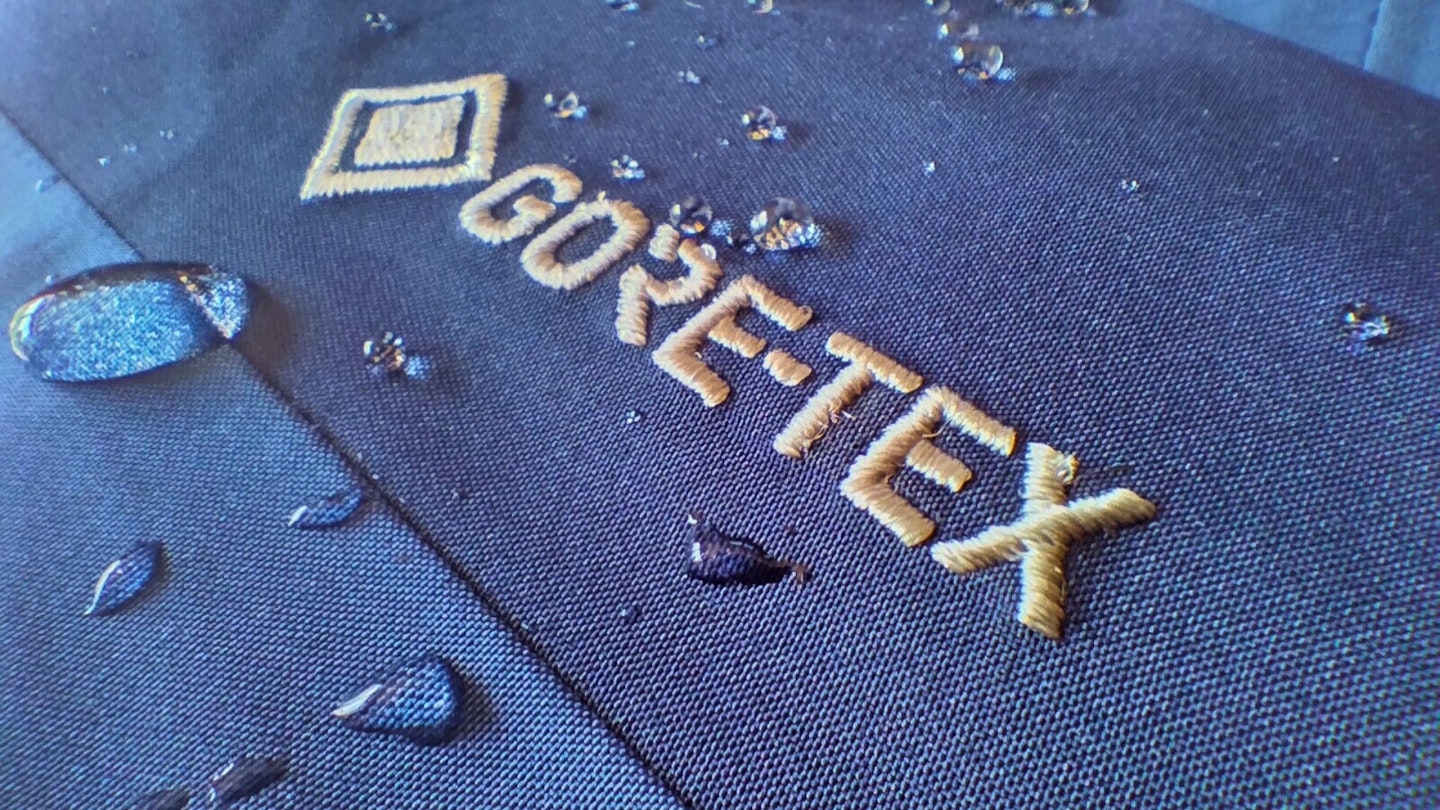
Breathable waterproof fabrics keep rain out but simultaneously allow sweat to escape. It works, but some people believe when you're exercising hard, it's virtually impossible to avoid sweaty condensation.
Breathability is commonly measured by MVTR (moisture vapour transmission rate) in g/m²/24hr. A higher figure indicates better breathability. RET (resistance to evaporative heat transfer) is another, where a lower figure indicates better breathability (a RET value under 6 is considered very good).
What type of construction should my jacket have?
Jackets are generally categorised as 2-, 2.5- or 3-layer, depending on how the waterproof layer is attached to other layers. For poor weather, 3-layer jackets are the most durable, with the waterproof layer sandwiched between a face fabric and inner scrim.
What's the best fit for a waterproof jacket?
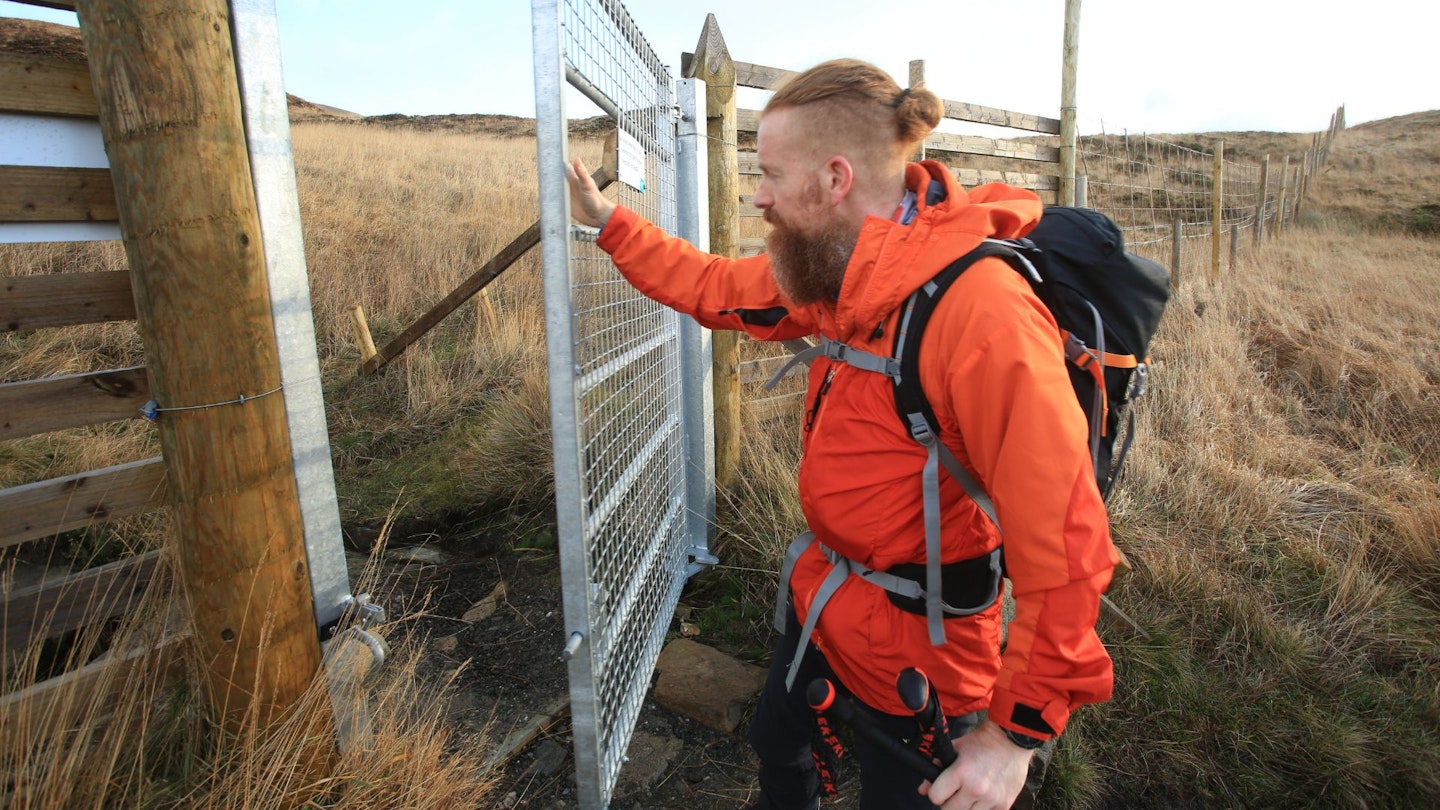
You may prefer a tighter, more athletic fit or a baggier cut with more room for layering underneath. Ultimately the best approach is to try before you buy. Check the jacket fits your body shape comfortably and gives you ample freedom of movement.
What should the cuffs be like?
Adjustable cuffs sealed with Velcro or toggles or clips are important because they enable a tight fit around the wrist, preventing rain ingress. Elasticised, non-adjustable cuffs are less ideal. You can open cuffs wide to aid ventilation when it's not raining.
How should a hood fit?
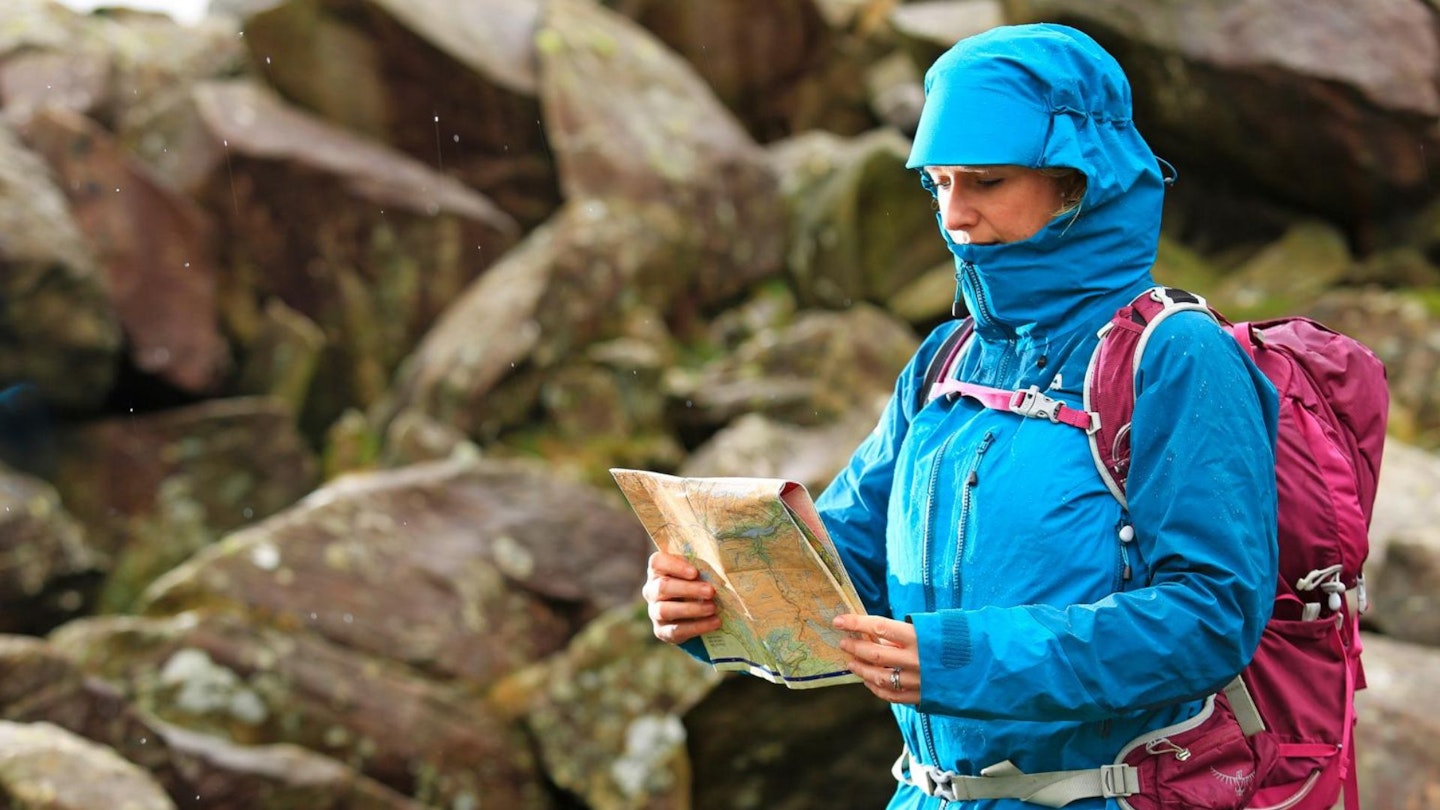
A good hood should fit snugly and comfortably but move easily with the head so you can see where you're going. Volume adjustment enables a fine-tuned fit, and ideally, you want a stiffened brim and wired peak to keep rain off your face. Some hoods are oversized for use with helmets.
What types of pockets are best?
Big pockets are great for storing maps, gloves, packs of Haribo and whatever else you intend to put in them. Mesh-lined pockets aid ventilation, but sealed pockets are more waterproof. It's worth checking the pockets aren't obscured by your rucksack waistbelt too.
Do waterproof jackets have extra ventilation?
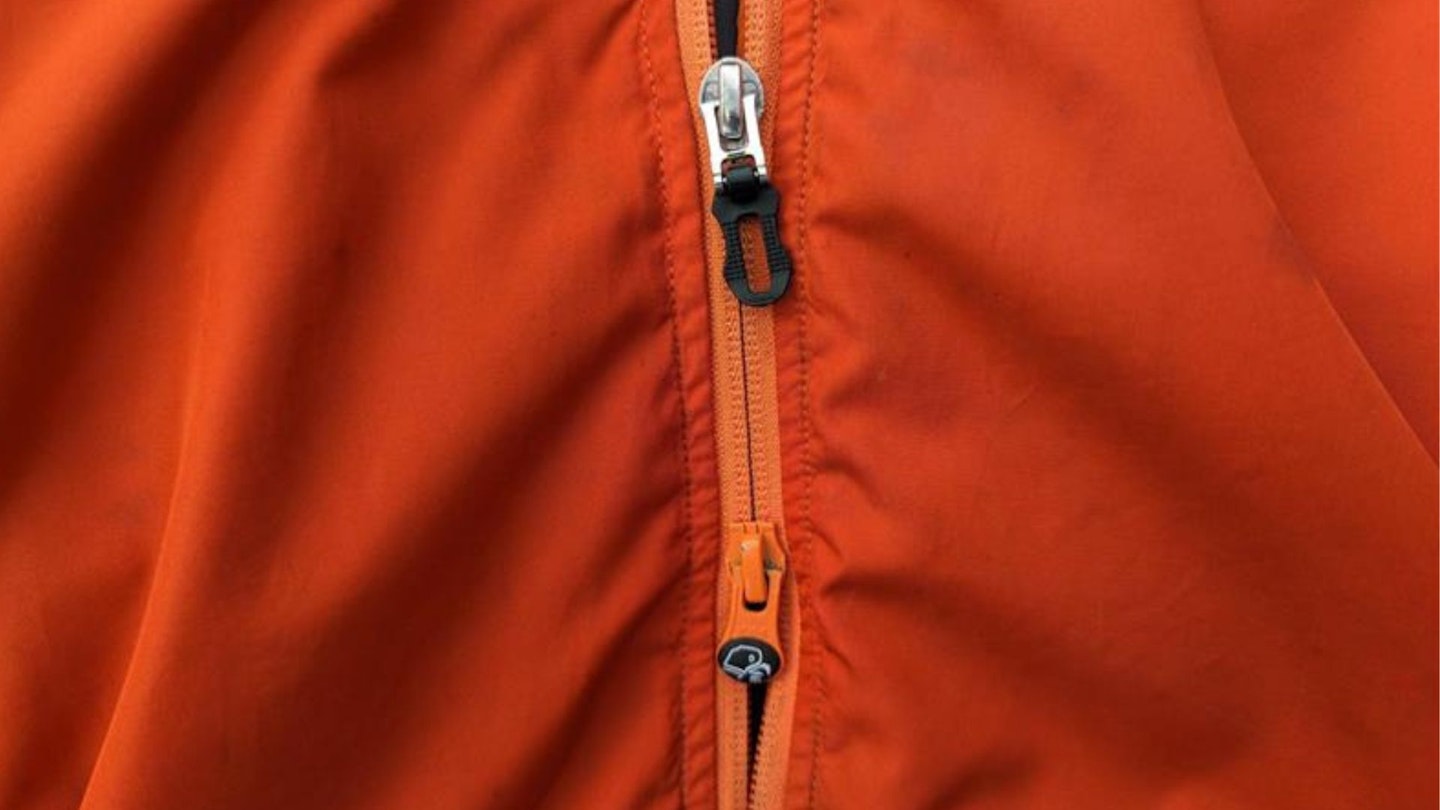
It's easy to overheat wearing a waterproof hard shell, so good ventilation is key. A two-way front zip can be opened from the bottom to improve airflow. Some jackets have underarm/pit zips that allow heat and sweat to escape.
What's the best kind of zip for waterproof jackets?
Zips can be a point of weakness liable to water ingress. For maximum waterproofing, choose a jacket with a water-resistant zip protected by a sturdy stormflap, either behind or in front of the zip, or both. A zip 'garage' – a little waterproof flap to house the closed zip – also helps keep water out.
How do I clean my waterproof jacket?

A very common question is 'why isn't my waterproof jacket waterproof anymore?'. More often than not, the answer is simply that it needs a clean.
Buildup of sweat and dirt inhibit a waterproof membrane from working properly. Give it a clean with the products below we recommend, either by hand or in the washing machine, and it'll be right as rain.
After cleaning, you might want to reproof your jacket's water repellent coating as well, which can be easily applied with a Grangers or Nikwax spray. Care and maintenance are vital to jacket performance and longevity.
If your jacket does suffer a rip or broken zip and needs a repair, there are plenty of retailers (such as Cotswold Outdoor), brands (such as Alpkit), and specialists (such as Lancashire Sports Repairs) that have repair services.
Bluesign approved and PFC-free, this water-based fabric cleaning is ideal for any technical or waterproof fabric, including Gore-Tex. It's highly concentrated too, so a little goes a long way.
Like Grangers, this is water-based and PFC-free. It too is a very effective cleaner of outdoor and technical garments. Really, there's nothing separating the effectiveness of Grangers and Nikwax.
This kit supplies a big one-litre volume of Tech Wash and the 300ml bottle of reproofing TX.Direct. With TX.Direct, add it to the washing machine and run a second cycle after cleaning with Tech Wash.
This combo is perfect for cleaning outdoor garments and then adding durable water repellency to waterproof fabrics. The Performance Wash is used like a laundry detergent, while the Repel Plus is a simple spray.
About the author

Matt Jones is a freelance journalist based in the heart of Snowdonia National Park, he’s a vastly experienced gear tester and self-confessed outdoor kit geek. Matt’s been one of our main gear testers for the last couple of years and is the first person we call with any complicated kit queries that need in-depth and forensic analysis.
